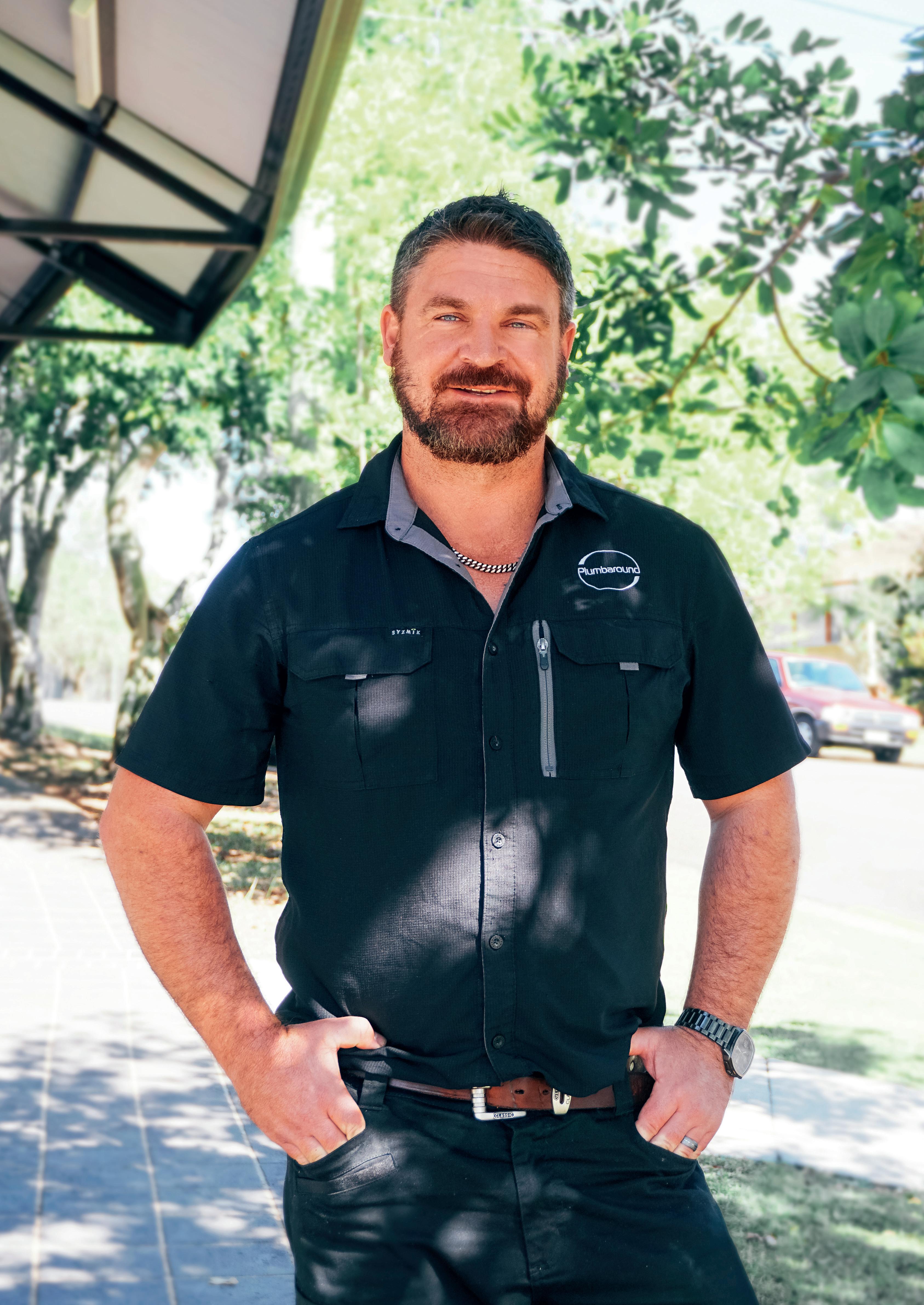
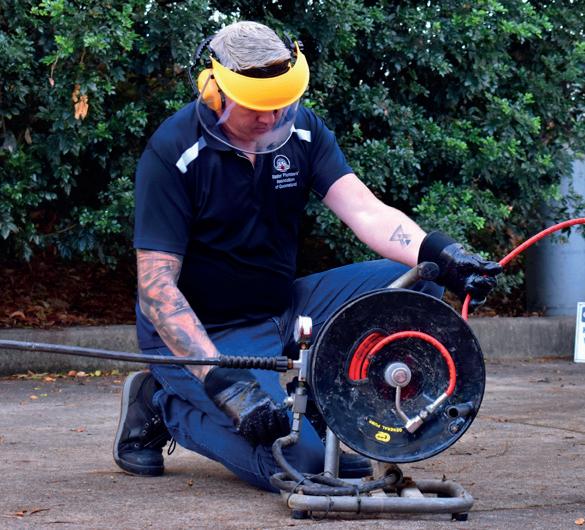
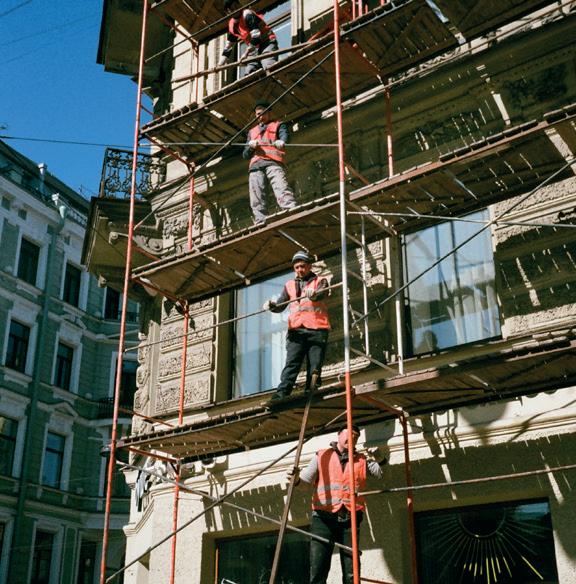
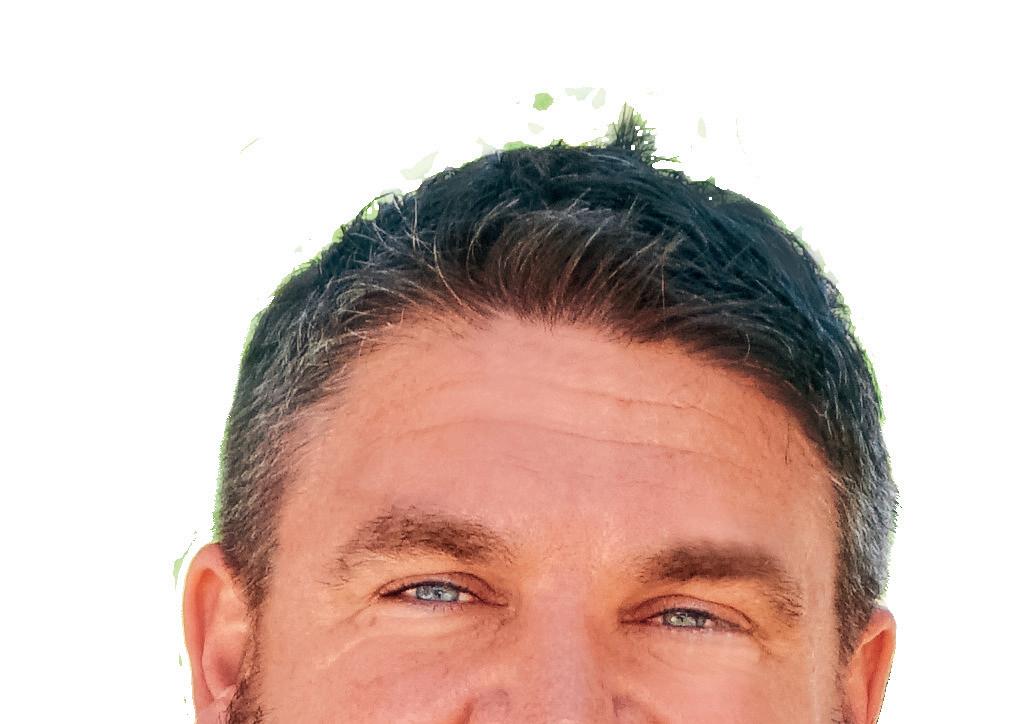


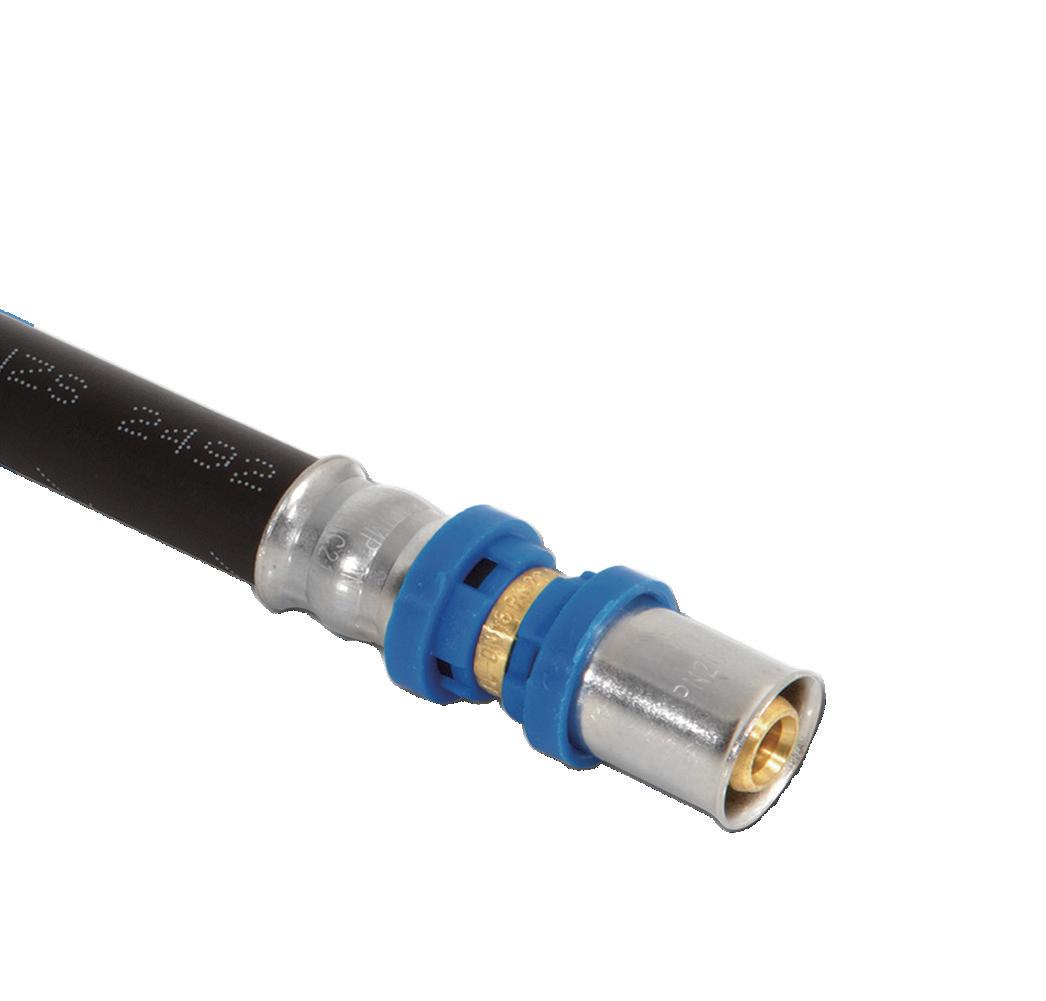
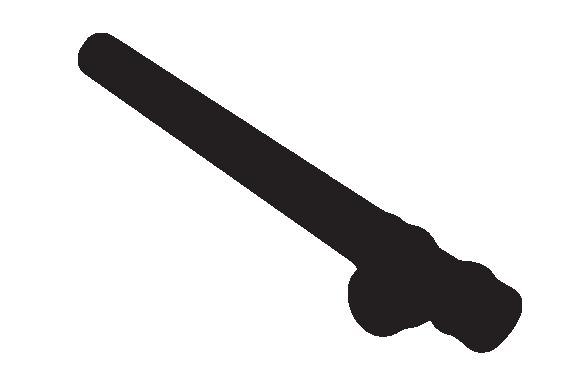
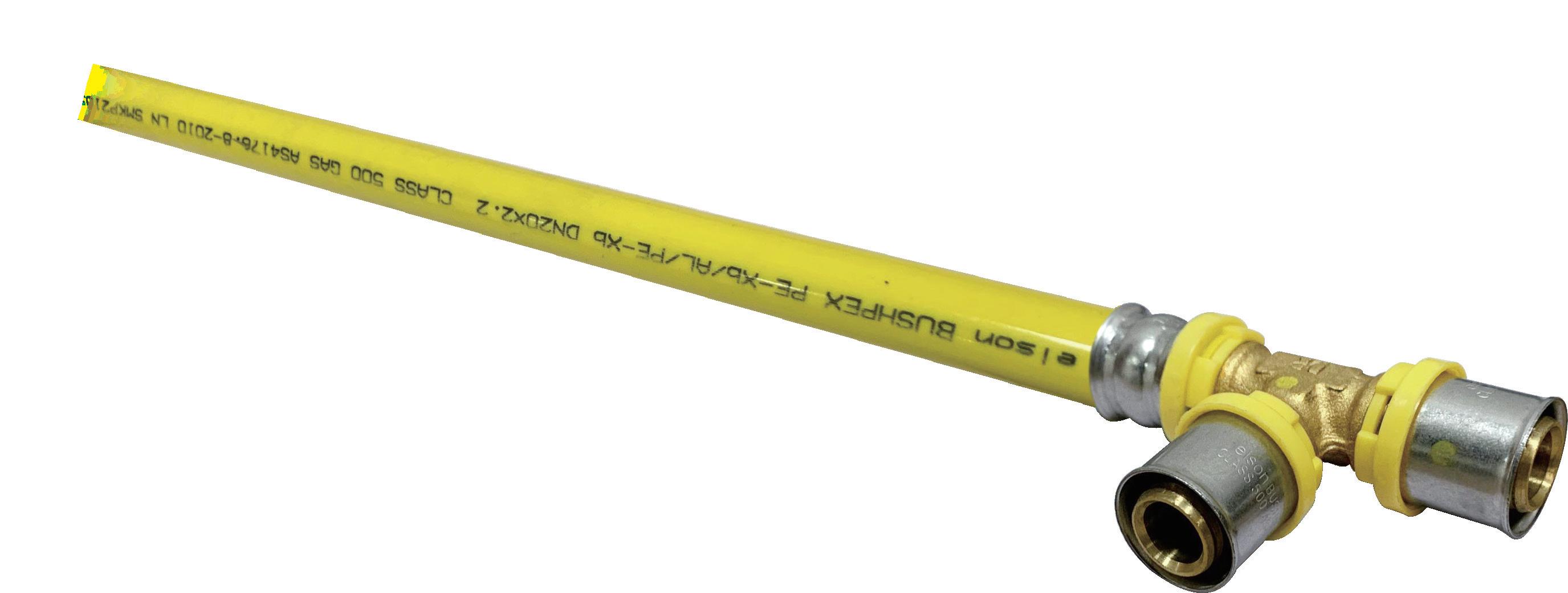
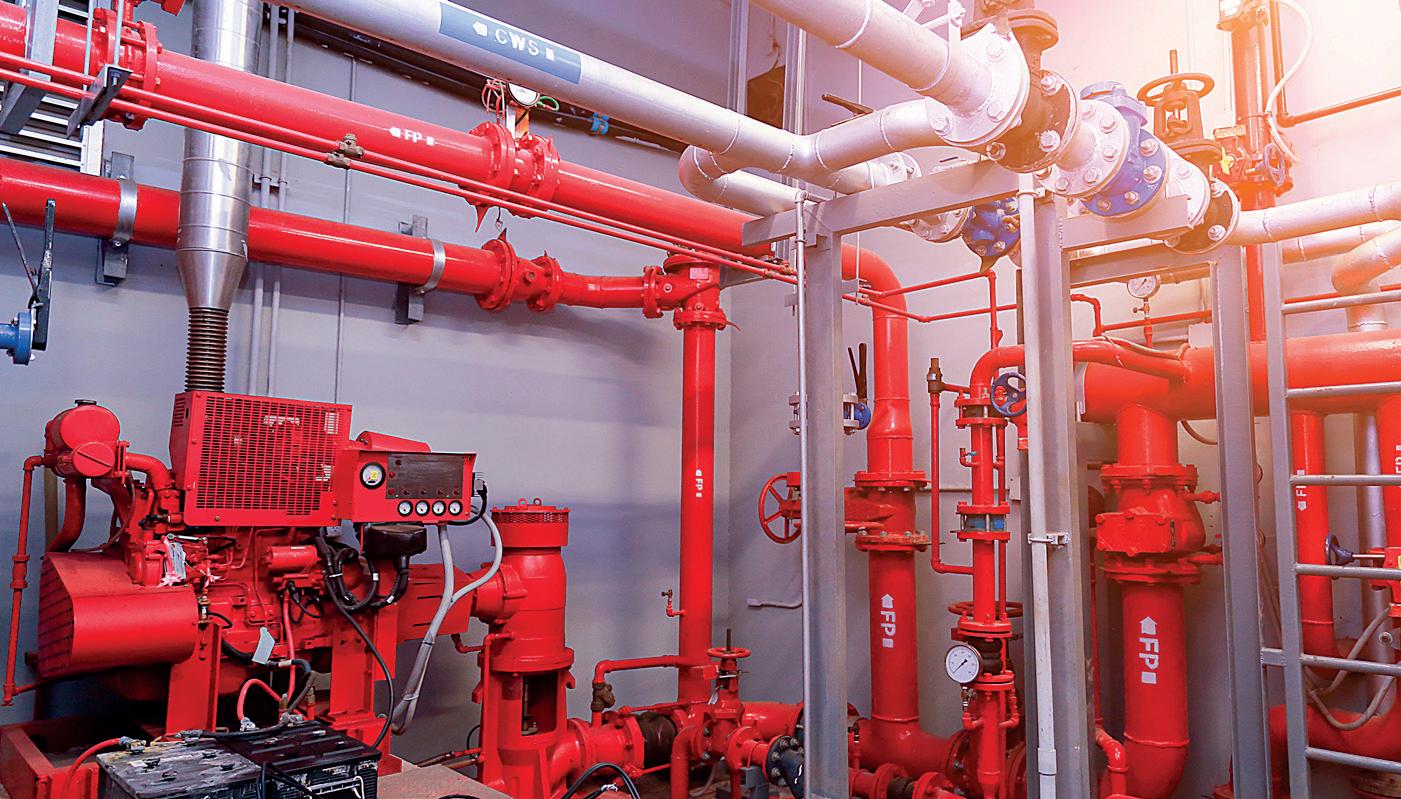











As we welcome Spring, the latest edition of the Master Plumber magazine delves into insightful topics that shape the plumbing and gas industry. This issue we are excited to feature a member spotlight that encapsulates dedication, sustainability, and advocacy.
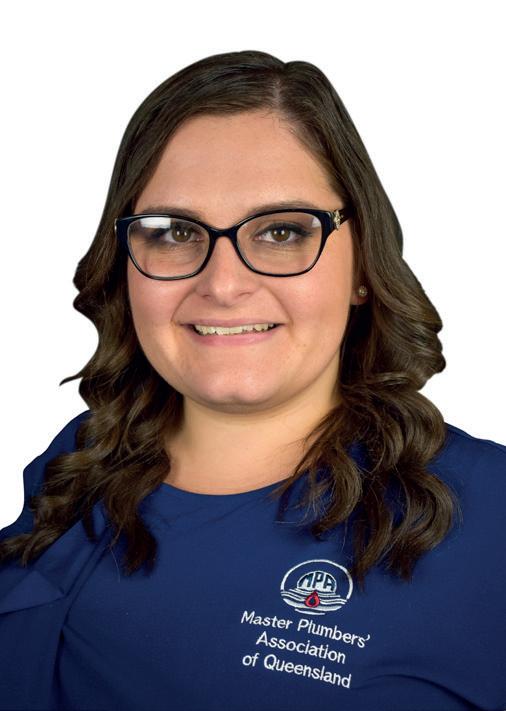
In our interview with Warwick Royal, founder of Plumbaround, we explore his passionate efforts in lobbying for education and sustainability within the plumbing and gas industry. Warwick’s commitment to driving positive change and supporting the future of plumbing shines through as he discusses his initiatives to nurture the next generation of plumbers. His valuable insights offer a refreshing perspective on the industry’s sustainable evolution.
As we highlight Safe Work Month, this edition emphasises the importance of working safely. We dive into the critical subject of managing psychosocial hazards, shedding light on strategies to mitigate risks and create a healthier work environment.
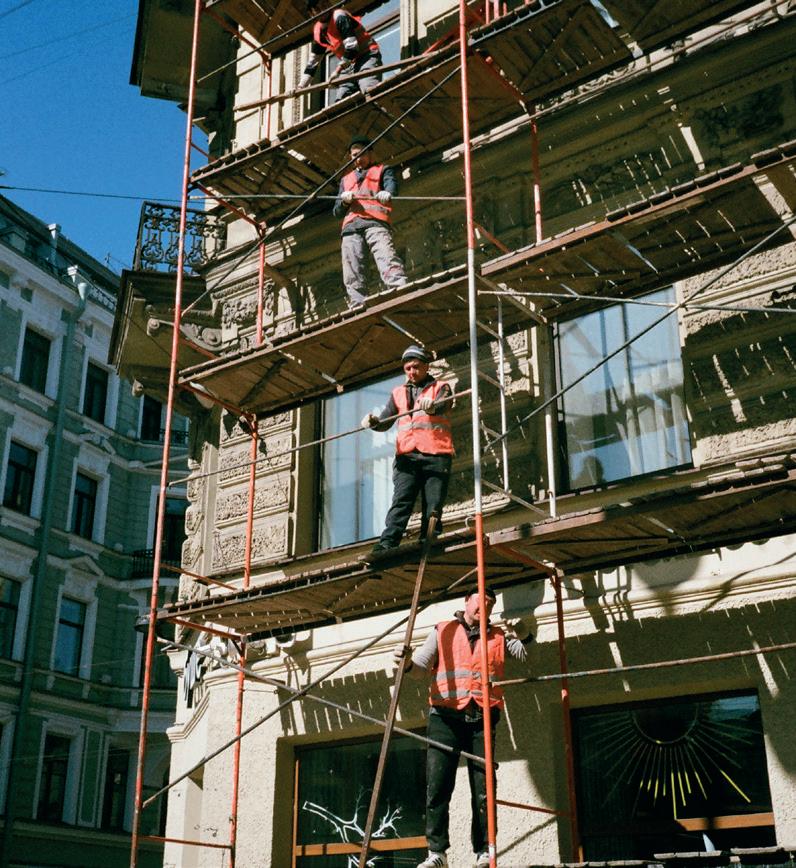
Additionally, we provide a comprehensive overview of MPAQ’s latest advocacy initiatives. From influencing policy changes to championing industry
interests, MPAQ’s efforts are instrumental in shaping the landscape for professionals across the sector.
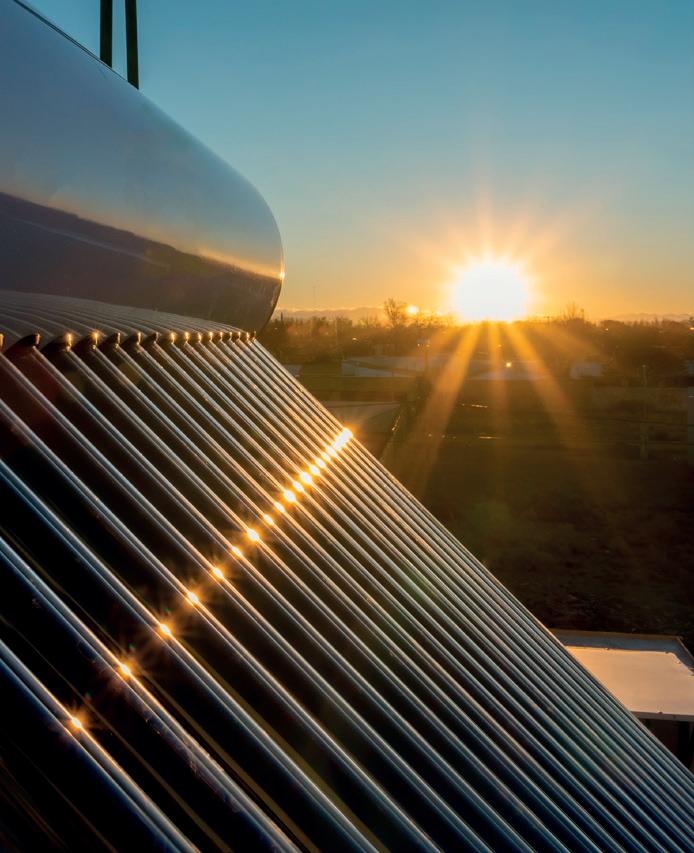
In this issue, we invite you to engage with a rich blend of insights, stories, and expert perspectives that encapsulate the dynamic essence of the plumbing and gas industry. As we continue to navigate challenges and innovations, let us unite in our commitment to a safer, sustainable, and thriving industry.
Congratulations to all members reaching milestones in this edition, and a warm welcome to our newest members. Happy Reading!
MPAQ COUNCIL
PRESIDENT
Kent Vickers P : 0418 883 999 E: kvickers@qigs.com.au
VICE PRE SIDENTS
Patrick Robertson P: 07 3276 8833 E: info@rpgs.com.au
Michael Ryan P: 07 3630 4744 E: mryan@beavisbartels.com.au
PAST PRESIDENT
Kelvin Slade P: 0417 787 284 E: sales@sladebrosplumbing.com.au
TREAS UR ER
John Salmon P: 07 3862 2777 E: john@salmonplumbing.com.au
COUNCILL ORS
Dennis Yarrow P: 07 3277 5742 E: admin@yarrowplumbing.com.au
Harle Gall P: 0437 768 409 E: h.gall@laserplumbing.com.au
EXTERNAL C OUNCILLORS
Melissa Millar P: 07 3822 2422 E: info@millarsplumbing.com
Mark Denning P: 0400 305 361 E: mark.denning@fallonservices.com
TRUSTEES
Bill Watson AM P: 07 3273 2333 E: bill@connectorsgroup.com.au
Bob Kimlin M: 0419 744 383 E: bobbailey6@outlook.com
LIFE MEMBERS
G Cottee, F Huysing, MJ Moor, T Morris, J Porter, NF Sharman, BD Wallace, WB Watson AM, R Kimlin, R Weaver
MERITORIOUS SERVICE MEMBERS
A Chapman, T Morris, D Powell, B Wallace, R Weaver, M Wilshere, D Nunn, J Ritchie, K Slade, R Walker, A Jackson, R Roser
DISCLAIMER
Opinions expressed in this publication are not necessarily those of the MPAQ, nor does the MPAQ guarantee the accuracy of statements made by contributors or advertisers or accepts responsibility for statements they may express in this publication. The MPAQ does not accept liability to advertisers, which may be held contrary to the Trade Practices Act 1974. The MPAQ reserves the right to refuse, cancel, amend or suspend any advertisements or inserts without reason.
With nine years to go to the Brisbane 2032 Olympics and Paralympics Games, I had the privilege of attending the Opportunities Breakfast hosted by the Premier. I attended this event as I was keen to find out about the opportunities for our members over the next nine years.
Queensland-based businesses will be in the box seat to share in $180 billion in government procurement between now and 2032. The Government has released its Q2032 Procurement Strategy to help local suppliers make the most of this once in a lifetime opportunity.
The policy includes a published procurement pipeline plus special advisers available to businesses to help them engage with the Government and get ‘Games Ready’.
Underpinning this new Procurement Strategy, the Buy Queensland approach gives the Sunshine State’s businesses a clear advantage in the race to reap the rewards of hosting the world’s biggest sporting event with targets and policies maximising the involvement of:
• Small businesses
• First Nations business
• Regional and local business
• Businesses with clear plans for lower emissions
MPAQ will keep members up to date with the opportunities as they develop.
MPAQ has been working closely with Minister de Brenni MP and his team about the Fairness in Contracting review. In 2017, the Building Industry Fairness (Security of Payment) Act 2017 inserted provisions into the Queensland Building and Construction Commission Act 1991 (QBCC Act), which allow for certain conditions in building contracts (excluding domestic building contracts) to be prescribed in regulation as mandatory or prohibited (refer to sections 67GA and 67GB).
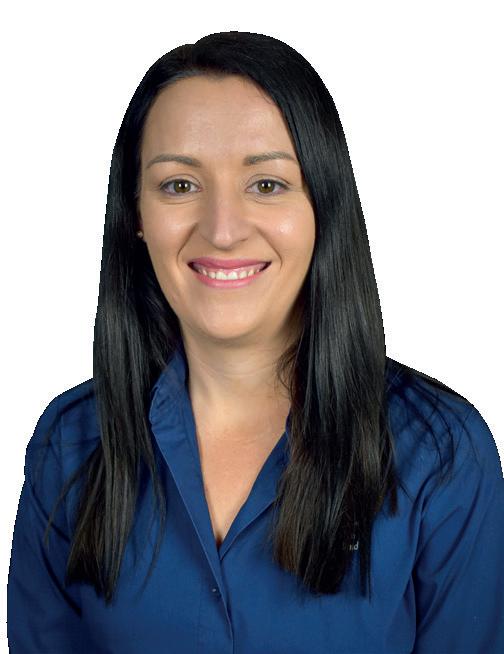
These new provisions were part of a suite of reforms designed to facilitate cultural change in the building and construction industry and improve security of payments. Fairness and equity in contract requirements are important aspects to achieving this cultural change. The Government is currently consulting on multiple clauses, and MPAQ is working closely with our major contractors.
MPAQ supports the removal of all unfair and unjust clauses. Unfair and unjust clauses should be removed from terms and conditions in contracts between builders and subcontractors. Contracts should reflect fairness for subcontractors. Unfair and unjust clauses can create an imbalance of power and unfairly disadvantage subcontractors.
I am also looking forward to seeing everyone at the Plumbing and Gas Industry Awards on Friday 6 October, and I extend my deepest gratitude to all of our partners, especially our Event Partner, RWC. Best of luck to all the nominees!

To contact me please call 07 3273 0800 or email penny.cornah@mpaq.com.au.
Far be it from me to comment on a political decision in another state, but when it is as flawed as the recent announcement in Victoria, I have to say my piece. In the last edition of this magazine, I went through the facts about electricity generation in Australia and how almost 80% of the power is generated using black and brown coal.
The real facts are, that if Australia turned off all its gas appliances today, the reduction to the carbon footprint on the earth would equate to less than four days of the carbon emitted by one Chinese power station. Given that the Chinese are building two power stations per week, I think it’s safe to say that the Victorian policy is wrong.
You can decide if the decision to stop any new domestic natural gas connection in Victoria from January 2024 is an effort to achieve our carbon goals, or if it is a plan to remove the choice from their population to use natural gas for their heating and cooking. The cynic inside me says the Victorian Government is on a campaign to electrify everything, so there is no choice for the consumer, and the price for energy is controlled by a few. The decision was not made to reduce the energy costs for the consumer, but rather to back them into a corner, where all choice is removed. Reducing the carbon footprint is purely a smoke screen.
The 23rd Plumbing and Gas Industry Awards night will be held on Friday 6 October, and once again the nominations were exceptional. This year we had a record number of nominations, and I would like to congratulate all the finalists for their contributions to the industry. I’m sure the MPAQ team has a spectacular night planned, so get your tickets early to avoid any disappointments.
October is safety and mental health month. It’s timely to remember that we all have a responsibility to perform our work safely and to stop work if we feel there is any risk of an accident. No one wants to be the person that makes the call to a parent, wife, husband, or family member to tell them one of their loved ones has been injured at work.
There is no job that can’t wait!
Mental health is such a serious issue in the construction industry and unfortunately, the statistics around suicide are not getting any better. Life travels at such a fast pace, it’s easy to be overwhelmed by the pressure to keep up with the pack. I urge you all to look out for your mates and ask, “ARE YOU OK?”. I know first-hand what a powerful question this is, and often, the fact that you’ve noticed something isn’t right is the only catalyst needed to start a conversation. There are several organisations in the construction industry that can offer support, so please reach out if you need to talk about how you’re feeling.
Please, stay safe out there.
Life’s good!
Penny Cornah, Executive DirectorRecently, Victoria announced a ban on natural gas connections to new homes beginning January 2024.
The Victorian government announced the major energy reform as part of its plan to reach net zero emissions in the state by 2045. From 1 January 2024, new residential properties that require planning permits, as well as government buildings including schools and hospitals, will only be powered by electricity.
In response the Hon. Mick De Brenni MP, Minister for Energy, Renewables, Hydrogen and Minister for Public Works and Procurement has made it clear that the Queensland Government will not do the same and instead will continue to support domestic gas as part of the State’s energy future. This is a positive step for the Queensland industry, and we can meet our climate commitments without banning gas.
MPAQ, other industry stakeholders, and the community generally are working towards a more climate-friendly future through a diversified energy response that includes gas. Our work with the Government on the Energy and Jobs Plan seeks to achieve 70% renewable energy by 2032. Banning gas would be a step against the direction set out in this plan.
Industry has been at the forefront with a strong investment in hydrogen, including the Hydrogen Centre of Excellence in Beenleigh, to train our future gas industry workers in cutting edge green skills. This is the direction we need to be heading.
We further support the Minister’s work with us and other stakeholders to reduce emission from our gas network and will continue to work with the Government on this important matter.
Another recent announcement from the Government is that approximately 80,000 households stand to gain from a significant measure aimed at alleviating the cost of living. Eligible households can receive rebates of up to $1,000 to facilitate the purchase and installation of energy-efficient appliances.
The comprehensive initiative, doubled after it’s initial launch to $44 million, encompasses rebates for a range of appliances, including washing machines, refrigerators, dryers, dishwashers, air-conditioners, and hot water systems. Queensland residents will have the chance to make substantial savings when acquiring energy-efficient appliances, contributing to the reduction of electricity expenses.
The standard rebate will be accessible to all qualifying households in Queensland, with additional rebates in place for households with lower income levels. The amount of rebate disbursed will be determined by the specific appliance that is purchased and installed.
To be eligible for the supplementary component geared towards low-income circumstances, individual applicants must satisfy the Low-Income Tax Offset threshold as outlined by the Australian Taxation Office (ATO).
The Diploma of Hydraulic Services Design is currently unavailable, and this has raised significant concerns within the industry.
This course is a licensed requirement from the Queensland Building and Construction Commission (QBCC), and licensees must hold this qualification to comply with the law and failure to do so could have severe consequences.
The Association of Hydraulic Services Consultants Australia (AHSCA) Qld Chapter has engaged in discussions with MPAQ on this matter, and both parties agree that it is a significant issue for our members. To gather further insights, we conducted a survey among industry professionals, 162 responses were received below is a summary of the key points:
• The survey respondents were primarily based in Queensland.
• Most respondents were designers or consultants in the field.
• Most respondents expressed a preference for self-managed or online learning.
• A significant number of respondents indicated that their colleagues or staff would be interested in pursuing the qualification.
• Most respondents advocated for the inclusion of fire hydrant and hose reel designs, as well as onsite wastewater treatment designs, within the hydraulic services design licence.
• 46 respondents were interested in undertaking the Certificate IV in Hydraulic Design.
Each household is eligible for a single rebate under this program, available until the allocated funding is depleted.
For more detailed information, please visit www.queenslandsavers.qld.gov.au or call MPAQ on 07 3273 0800.
MPAQ has been liaising with the Department of Youth Justice, Employment and Small Business and Training, the Department of Energy and Public Works, and TAFE Qld to collaborate on an appropriate solution.
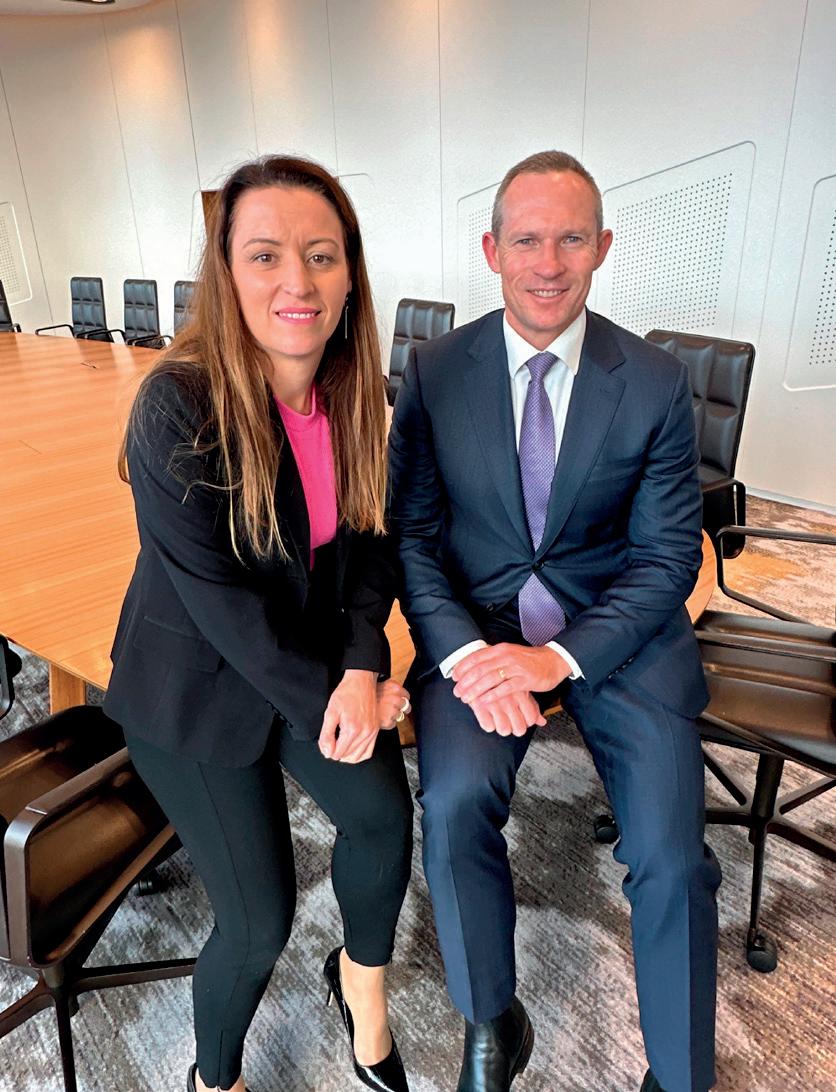
Double Decanting LPG is a hazardous operation. This was apparent for a Central Queensland business when a spark from a worker ignited gas being expelled through the ullage screw.
The fire caused a boiling liquid expanding vapor explosion (BLEVE) in three 210kg cylinders. The aluminium forklift cylinders melted into pools of liquid metal and there was significant damage to the forklift and multiple semi-trailers.
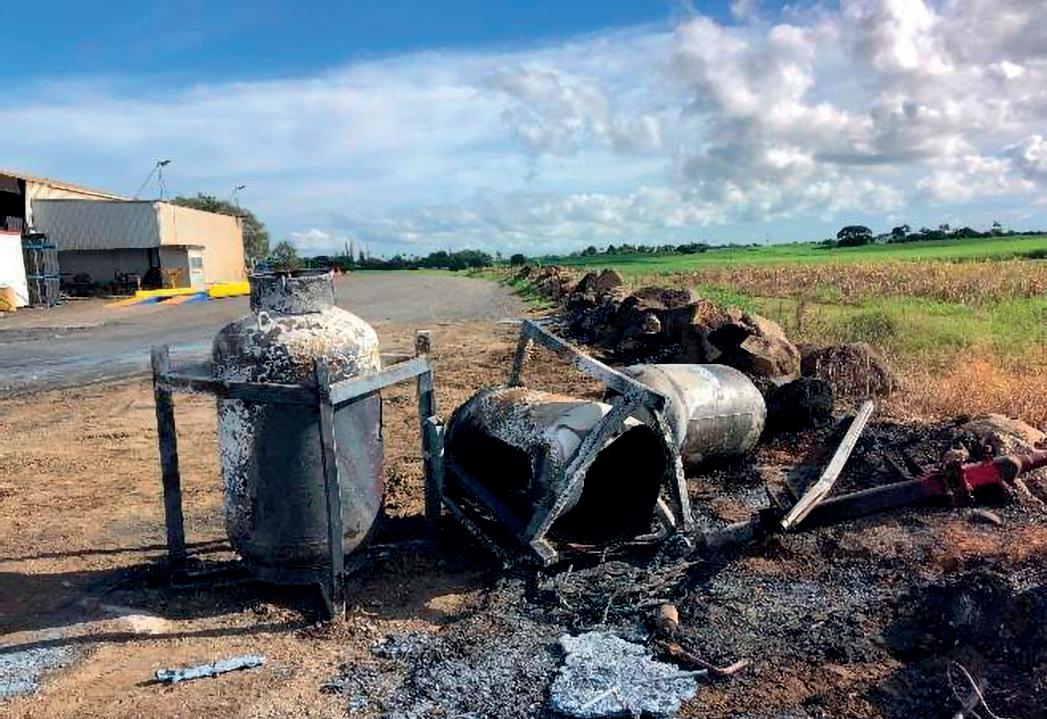
It is understood a worker had been moving plastic crates in the decant area and went to shut off the gas when the cylinder was full. As this was being done, a spark (probably static discharge from the worker’s hand to the cylinder) caused the LPG being released to ignite.
This incident can serve to remind those conducting decanting operations and those responsible for decanting activities about the risks involved and the need for adequate controls to ensure safety of persons and property.
In the last five years, inspections, audits, and incident investigations have identified the following safety non-compliances with LPG decanting operations:
• Using wire or cable to defeat the operation of the “deadman’s handle” and removing the need for operator attendance during the filling operation.
• Untrained persons conducting decanting operations.
• Operator workers not having appropriate (or any) personal protective equipment.
• Operator workers not following decanting procedures provided by the LPG supplier.
• No fire extinguisher at decanting sites.
Businesses that employ persons to conduct decanting operations need to ensure their employees have been trained in decanting operations and follow procedures provided by the Fuel Gas Delivery Network.
Article source: Resources Safety & Health Queensland
Catch the new MPAQ training trailer on our regional road trips.
This new training trailer is part of MPAQ’s commitment to keeping our learning resources and training programs updated. The trailer has been going around Gympie, Bundaberg, Rockhampton, Mackay, and Cairns for Backflow Prevention and
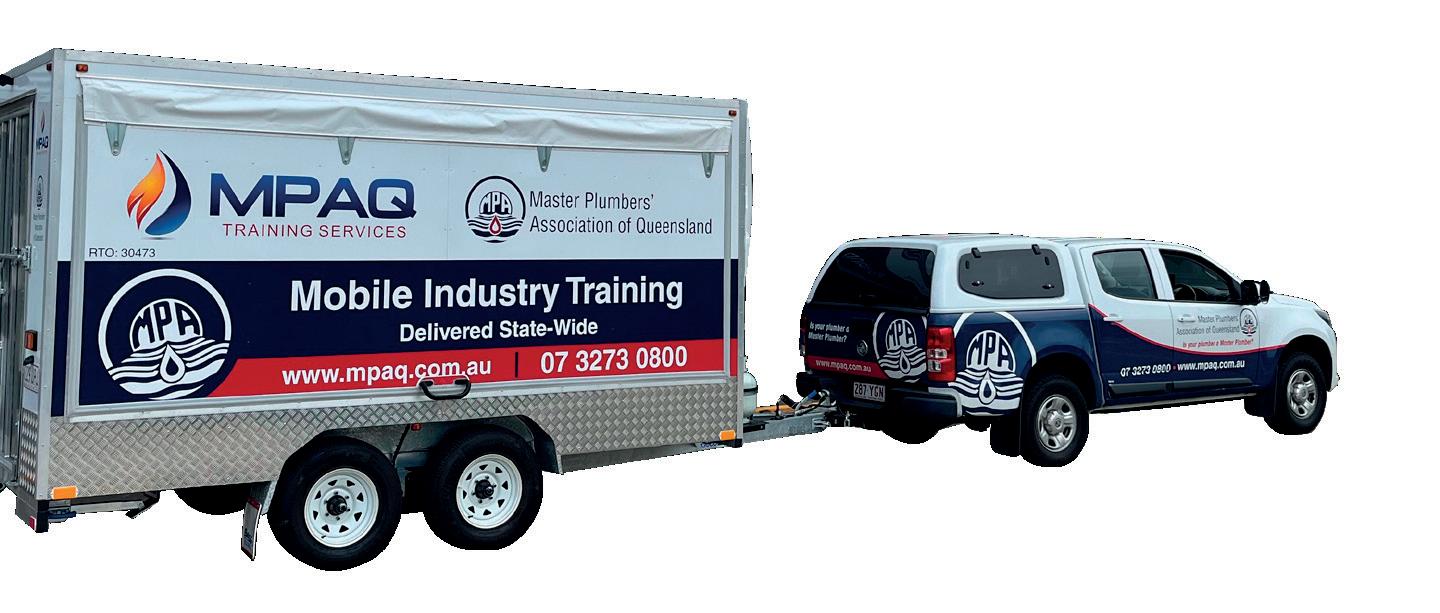
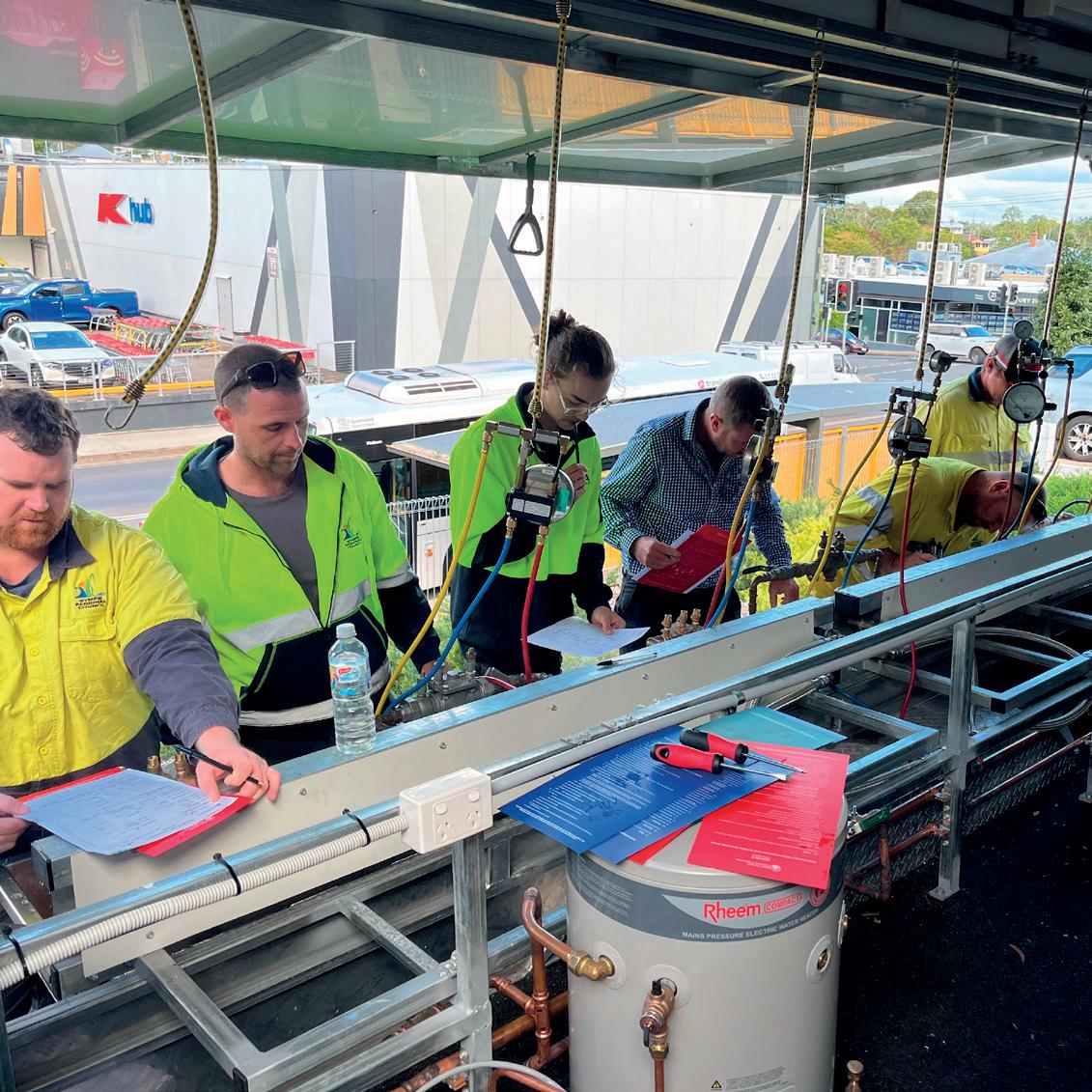
Australia’s first hydrogen-powered truck by Australian clean energy company Pure Hydrogen debuted at the Brisbane Truck Show in May.
Called “Taurus,” the 220KW 6 x 4 hydrogen fuel cell prime mover was officially launched at the Taurus Drive Day event in Mount Cotton in June with PepsiCo. The food and beverage giant announced it will add the Taurus prime-mover to its fleet as part of a six-month trial.
Queensland Energy, Renewables and Hydrogen Minister, the Hon. Mick de Brenni MP, drove the Taurus prime mover at the launch and said the vehicle trial would be an important step towards cutting transport emissions and demonstrating Australia’s new energy investments.
The launch of the hydrogen truck was followed by the announcement that works have commenced on Australia’s first hydrogen refuelling facility at a public service station.
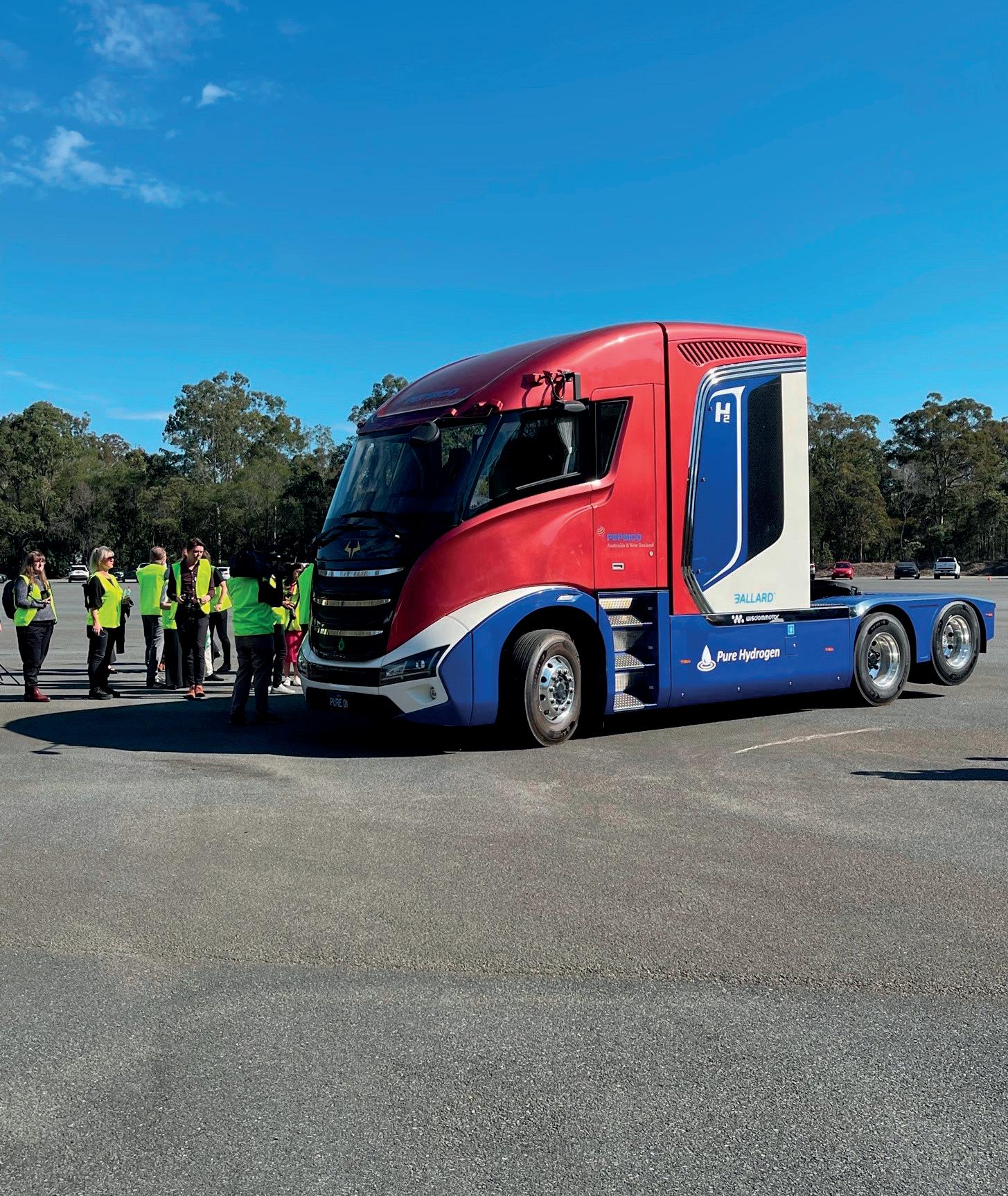
“To meet the global challenges of tomorrow, we’re accelerating the development of Queensland-made hydrogen, creating more jobs in more industries for Queenslanders,” de Brenni said. “Securing Australia’s sovereign energy independence involves reducing our reliance on imported fuel to power our transport sector.”
The first hydrogen refuelling facility will be the bp truck stop at Port of Brisbane, one of Brisbane’s busiest service stations.
Highly engineered to deliver superior quality and durability. The all-day performance press tools.
Drainage systems in kitchens or food and production facilities are designed to cater to the specific needs of each facility and install scenario.
This will likely include hydraulic performance, load rating, slip resistance, and ongoing cleaning/maintenance. Each facility will have a unique layout to best enhance the efficiency of its operation. This often results in machinery/ equipment and workstations in defined locations with services designed to fit and cater to that exact space and requirement.
Allproof’s custom CK Series is a key go-to product for these projects; however, there are lead times involved once factoring in design, cutting of flat patterns, folding, welding, and cleaning. Some projects might have tight timelines; therefore, Allproof has designed an innovative modular channel, the MC Series, which can be assembled from stock components to create desired layouts.
Professional Tools Australia has added to its line of quality press tools with the new RP350 & RP351 Standard Press Tools as part of a commitment to the continual development of technological precision products. The new press tools are ideal for making connections on residential and commercial plumbing jobs and are built for the most demanding job sites.
The new RIDGID RP350 and RP351 feature a brushless motor that is capable of over 100,000 press cycles. Gain access to hard-to-reach locations with an endless 360° swivel head. Bluetooth connectivity allows the tool to be connected to a phone using the RIDGID Link app to manage important information like cycle count, battery life, and other tool diagnostics. With the most advanced LED lighting and colour-coded status indicators for easy operation, the RP 350 and RP 351 have been upgraded from top to bottom. Unmatched performance. Zero timeouts.
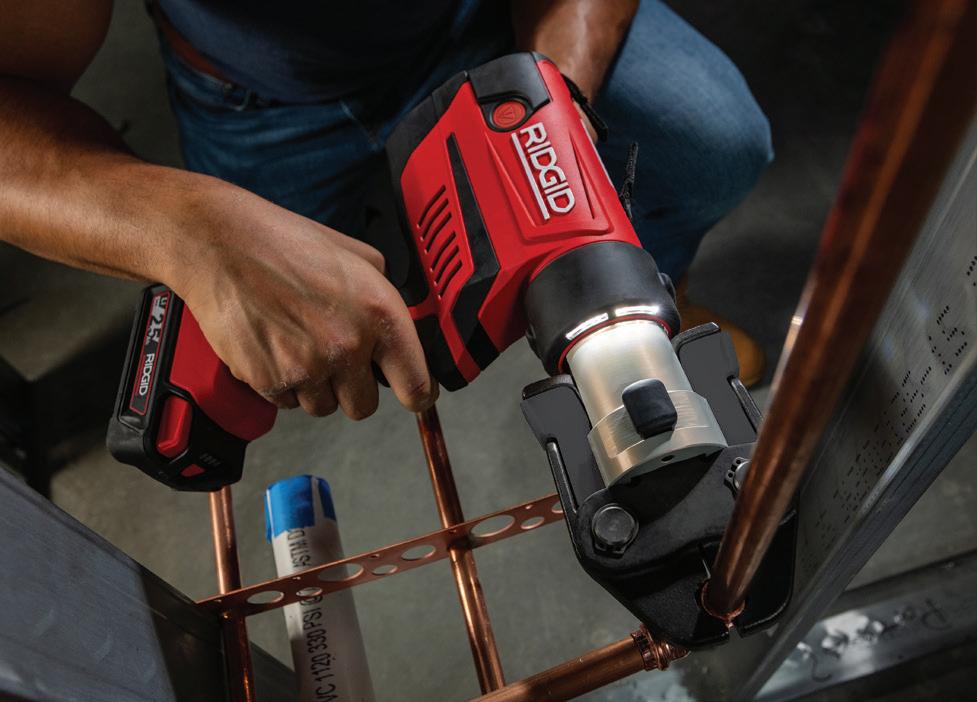
The capacity of the new standard press tools is 1/2” to 4” copper and jaws for copper are available up to 2”. The hydraulic ram output is 32kN and the crimp cycle time is 4.5 seconds. Both tools are powered by an 18V advanced lithium battery, which gives around 325 presses depending on various factors. Each tool weighs 3.2kg (excluding the battery). The press tools are available in a kit with six jaws for copper, in a jawless kit or there is a gun-only option.
The Ridge Tool Company is a world leading manufacturer of professional quality pipe and tube working tools serving the plumbing, mechanical, construction, HVAC, location, electrical, and facility maintenance industries. The RIDGID® trademark is recognised by professional tradespersons and engineers for uncompromising product quality, performance, durability, and service.
RIDGID is committed to continual product improvement and new product development. Investment in talented people and state-of-the-art equipment allows RIDGID to produce innovative, high-quality products that help our customers get the job done right.
RIDGID is a business unit of Emerson of St. Louis, Missouri. Emerson’s global Professional Tools business offers a broad portfolio of reliable tools, connected equipment, and software technologies for those working in mechanical, electrical, and plumbing trades. The professional tool brands RIDGID, Greenlee, and Klauke deliver trusted products that provide dependable performance to handle the industries’ toughest challenges.
To learn more contact Ridge Tool Australia on 1800 743 443, ridgid.australia@emerson.com, or www.ridgid.com.au.
The MC Series has been designed to provide an off the shelf solution that is easy to transport and assemble on site, while also creating a system that can be tailored to suit each unique scenario. It comprises of channels and sumps all connected with bolted unions using gaskets and end caps. Outlets suit 100mm PVC or HDPE pipe with O-rings and come with a double strainer basket. Sumps and channels include anti float tags and a 15mm epoxy filled safety edge. Channels and sumps come in a selection of standard sizes, depths, and orientations enabling a wide scope of combinations and possibilities.
The MC Series provides a high degree of flexibility by creating layouts to suit the requirements of each installation. For example, if located in front of a chiller door a one metre channel and sump could be selected spanning the width of the opening. A slip resistant ladder (SRL) grate caters for fast moving foot traffic and heavy wheel loads moving stock in and out. In a restaurant kitchen, selecting a one metre channel with a centre outlet and two end caps provides an ideal solution, and using a heelproof wedge wire grate will prevent service staff from potential injury.
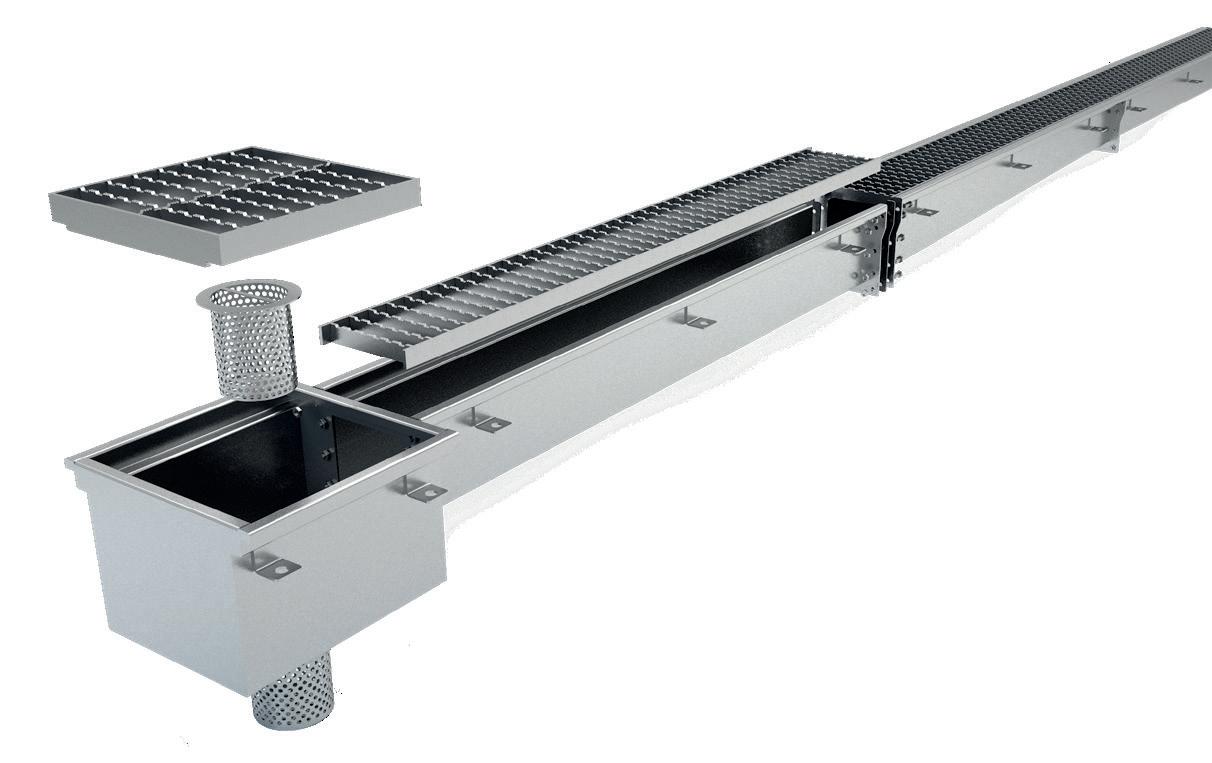
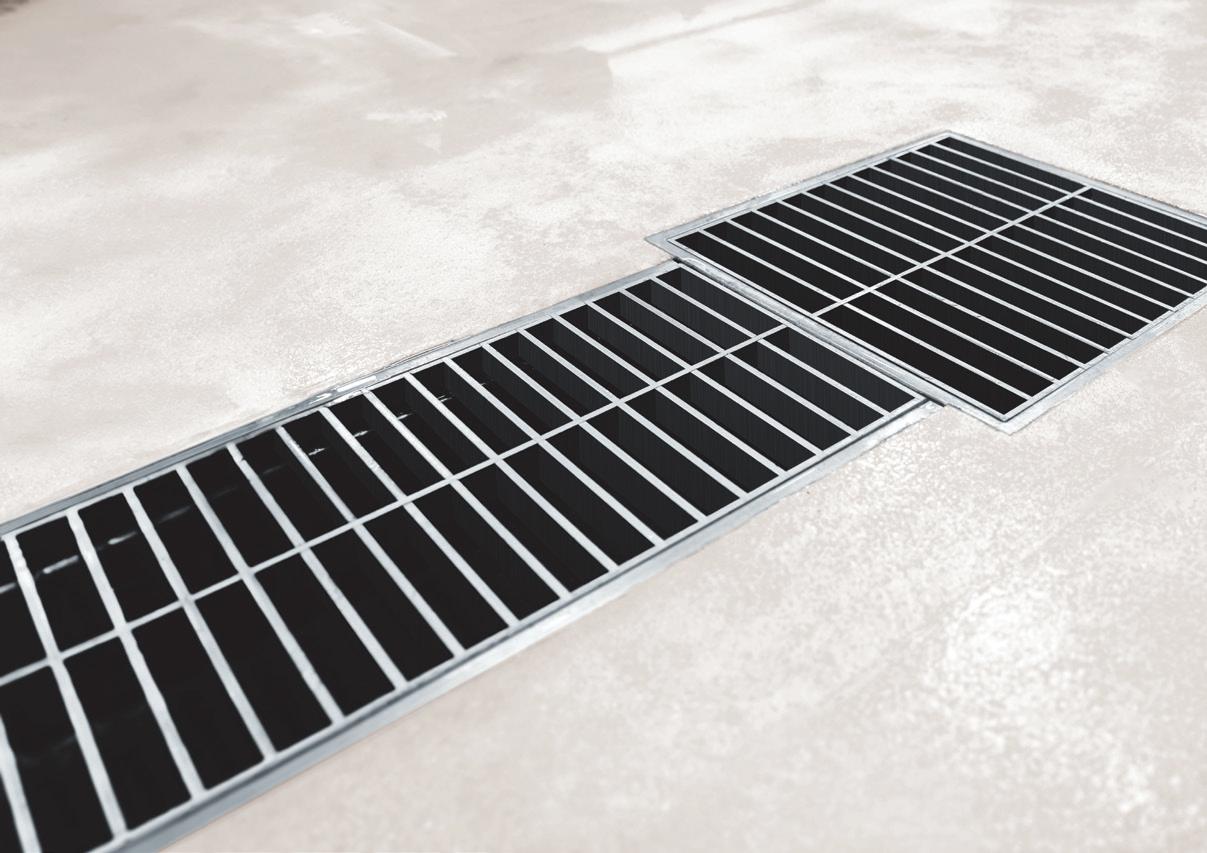
In a food production factory with equipment that can release large volumes of water quickly, the 200mm clear opening channels provide excellent catchment. These channels can be installed in one metre or up to 10 meters between sumps. Overall system length is unlimited when using the continuous sump.
From these example scenarios, it’s clear the MC Series offers a high degree of flexibility while also allowing for fast turnaround, transportation, and easy onsite installation by utilising stock components. This innovative system allows installers to quickly select the required componentry and assemble the ideal solution in line with tight schedules.
A healthy plumbing system has to consider everything from design, installation, and commissioning, to the operation of the system for the entirety of its service life. Plumbing systems that are poorly designed, or where the systems operation has changed over time, can lead to poor quality water.
One of the greatest threats to the quality and longevity of a plumbing system is stagnant water. This was highlighted by the issue with the Perth Children’s Hospital in 2017. Allowing stagnant water to develop can generate biofilms in the pipes, potentially allowing the growth of pathogens that are harmful to people. Uncirculated water can accumulate toxins from chemicals absorbed through plastic pipes or heavy metals being leached from metallic pipes over time.
The Plumbing Code of Australia and Australian Standard AS /NZS 3500 set out requirements and guidelines to ensure that these problems do not arise. For other useful design ideas and methods, download the Hydraulic Services Design Guide from www.copper.com.au.
The correct design of a plumbing system is key to healthy, high-quality performance. During design, dead leg piping should be avoided or restricted to being as short in length as possible. A flushing facility (tap) should be provided where there is low draw-off and fixtures that are seldom used should be placed on flow lines or close to a regularly used service.
Cross-connections of the drinking water supply to other water supplies, such as rainwater or recycled water, are another potential contamination. All water supply systems must be designed and installed so as to prevent contaminants from entering the drinking water supply.
Where there is a possibility of cross-connection, protection is achieved by the installation of backflow prevention devices and air gaps between supply pipework and storage systems. Identification and marking of non-potable water supplies and colour coding of pipework is another way of reducing the chances of contamination. Section 4 of Australian/New Zealand Standard AS/NZS 3500.1 deals with this aspect and must be strictly adhered to.
Correct pipe sizing during design is also crucial. There needs to be sufficient water for all the intended uses, including peak demand, and if the pipe size is too small the water velocity and friction losses will be too great, potentially causing erosion and wearing of the pipes. If the pipes are excessively oversized, however, there will be insufficient flow to minimise biofilm build up and settling of silt. AS/NZS 3500.4, which deals with heated water, has a section on circulatory heated water systems with information on velocity, temperature, and flow rates velocity requirements.
During commissioning, all systems shall be thoroughly flushed out as soon as possible after installation to remove foreign matter and should continue until the water runs completely clear. The system can then be pressure tested in accordance with the relevant regulation.
Water from reticulated systems (municipal water supply) is usually satisfactory for flushing and testing purposes. Where non-disinfected water is to be used for flushing and testing, water shall be disinfected. A procedure for disinfecting water is outlined in AS 4809 and AS/NZS 3500.1.
If more than eight weeks between installation and full system use is unavoidable:
• the system shall be kept completely full and clean water shall be flushed frequently (at least every four weeks) from each fixture until the system is used; or
• the system shall be drained completely and dried out by blowing air through the system, then, if practicable, the piping shall be sealed to prevent intrusion of water and foreign matter.
When the system is connected to the permanent water supply with all taps and valves installed, all draw-off points should be opened until clear water exits the system. This will assist in the development of the protective internal film within the pipe work and draw fresh disinfected water into the system.
In large installations, the flushing should be performed in sections. Multistorey buildings should be flushed by commencing on the uppermost floor and working down storey by storey.
Water services used to supply drinking water shall be protected against contamination during installation, commissioning, and repairs. If any water supply service is exposed to foreign substances or contaminated supply, the service shall be flushed, chlorinated, and tested before being placed in service.
After the water system is in operation, special care needs to be given when modification, change in usage patterns, or where extensions are added to the systems.
Copper tubing has been the primary material for Australian and New Zealand plumbing for over 50 years. Design information, including the governing standards, is based on copper and copper pipe sizes.
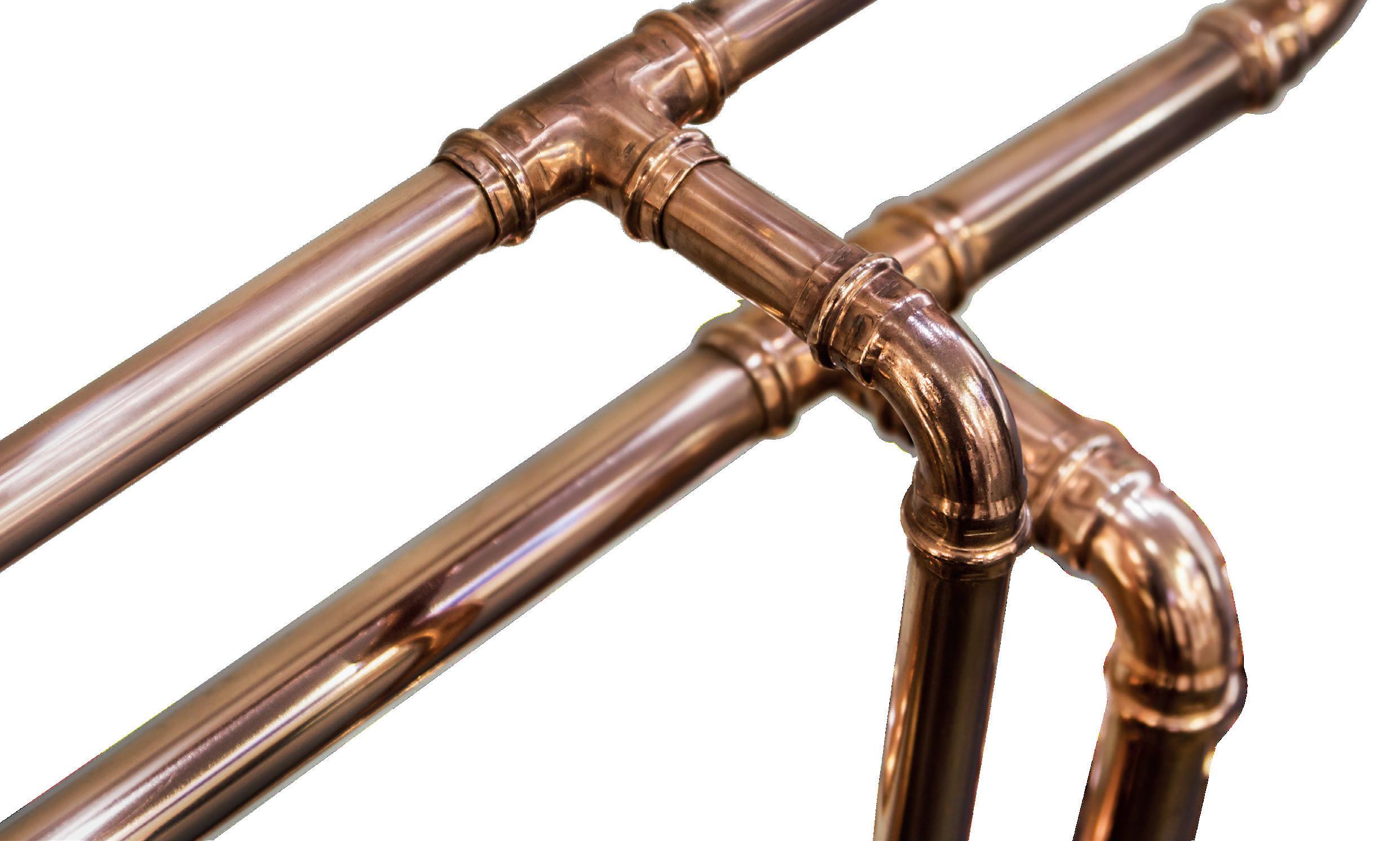
Copper and copper alloys (brasses and bronzes) are natural antimicrobiological materials and regularly used in healthcare environments in high touch surface applications to reduce the risk of infections. Recent studies1 have shown that copper and copper alloys materials used in plumbing systems demonstrated the least bacterial fouling compared to stainless steel and some plastics.
Taking extra care and consideration when designing, installing, commissioning, and operating a plumbing system will improve the quality, performance, and life of the system.
Article written by John Fennell, International Copper Association Australia CEO 1– https://www.enware.com.au/wp-content/uploads/Enware-WhitepaperShift-to-Lead-Free-Plumbing-Materials-Healthcare-Risks-AUG22.pdf
Clean water depends on healthy pipes –and that means the right products, investment, and design.
Since the Fire Licensing Reforms in 2021 made major changes to the fire licensing, we often get asked: “As a licensed plumber, am I still able to perform works on fire systems, and what licenses and/or endorsements do I need?”
The short answer is yes – all occupational water-based fire work falls under a plumber’s scope of work.
A licensed plumber performs the installation and maintenance of waterbased fire systems from the connection point, the boundary protection, the fire mains throughout the building/complex, hydrants, hose reels, booster assemblies, etc. right up to the sprinkler control valve.
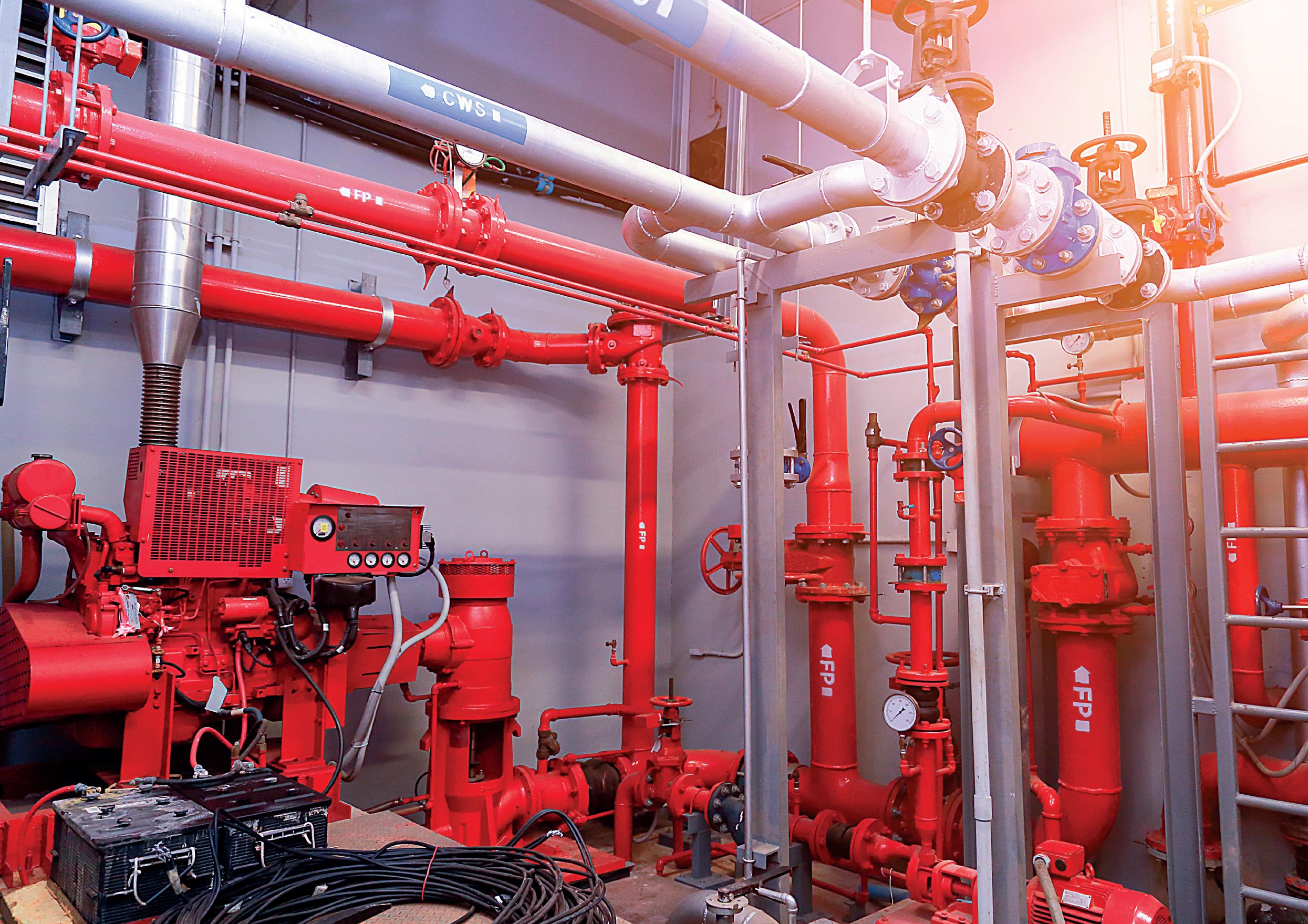
Water based fire sprinkler systems can also be installed and maintained by a licensed plumber who holds the appropriate endorsement on their occupational licence.
• Commercial and industrial (C&I)
• Domestic and residential (D&R)
There are no additional contractor licensing requirements as the above work all falls under plumbing. In order to place the sprinkler endorsements on the plumbers’ licence, additional training may be required.
Domestic and residential (D&R) requires the successful completion of all the following qualifications:
a. CPCPFS3037 Install domestic and residential life safety sprinkler systems
b. CPCPFS4021 Commission domestic and residential fire suppression sprinkler systems
c. CPCPFS4024 Design residential fire sprinkler systems
d. CPCPCM2043 Carry out work health and safety requirements
Commercial and industrial (C&I) requires the successful completion of any of the following qualifications:
• Successful completion of a Certificate III in Fire Protection completed after 1 January 2011.
• Successful completion of a qualification in fire protection completed prior to 1 January 2011 if the applicant has also completed the following units of competency:
e. CPCPCM2043 Carry out WHS requirements
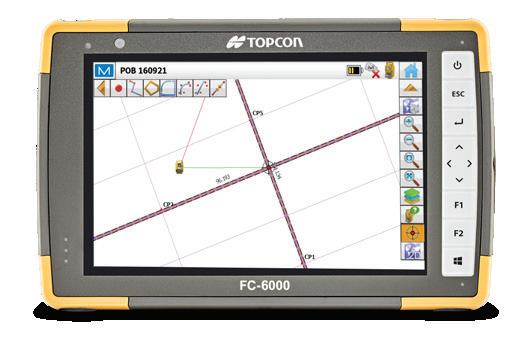
f. CPCPFS3046 Test the integrity of water-based fire protection systems using pressure
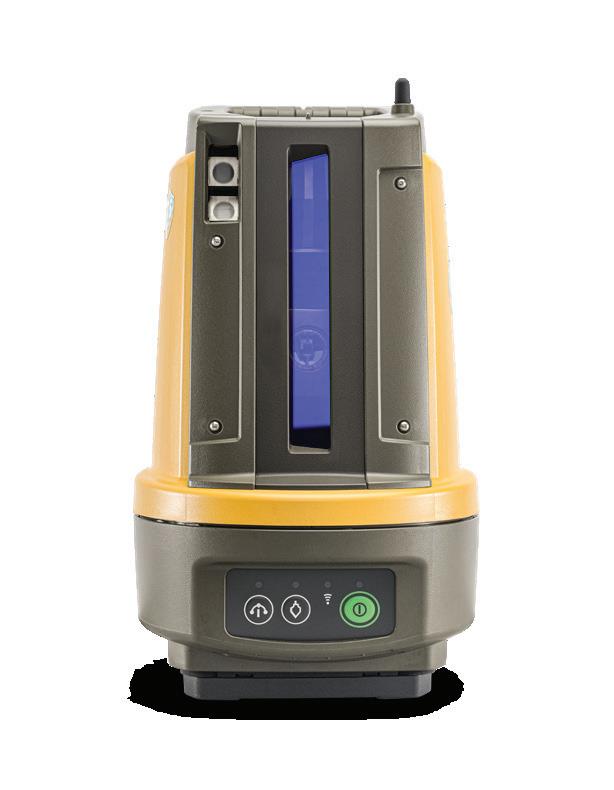
g. CPCPFS3047 Test and maintain automatic fire sprinklers
h. CPCPFS3037 Install residential life safety sprinkler systems; and
i. CPCPFS3041 Inspect and test fire pumpsets
Units a, b, c, d, e, and h above currently attract funding subsidies through Construction Skills Queensland (CSQ).
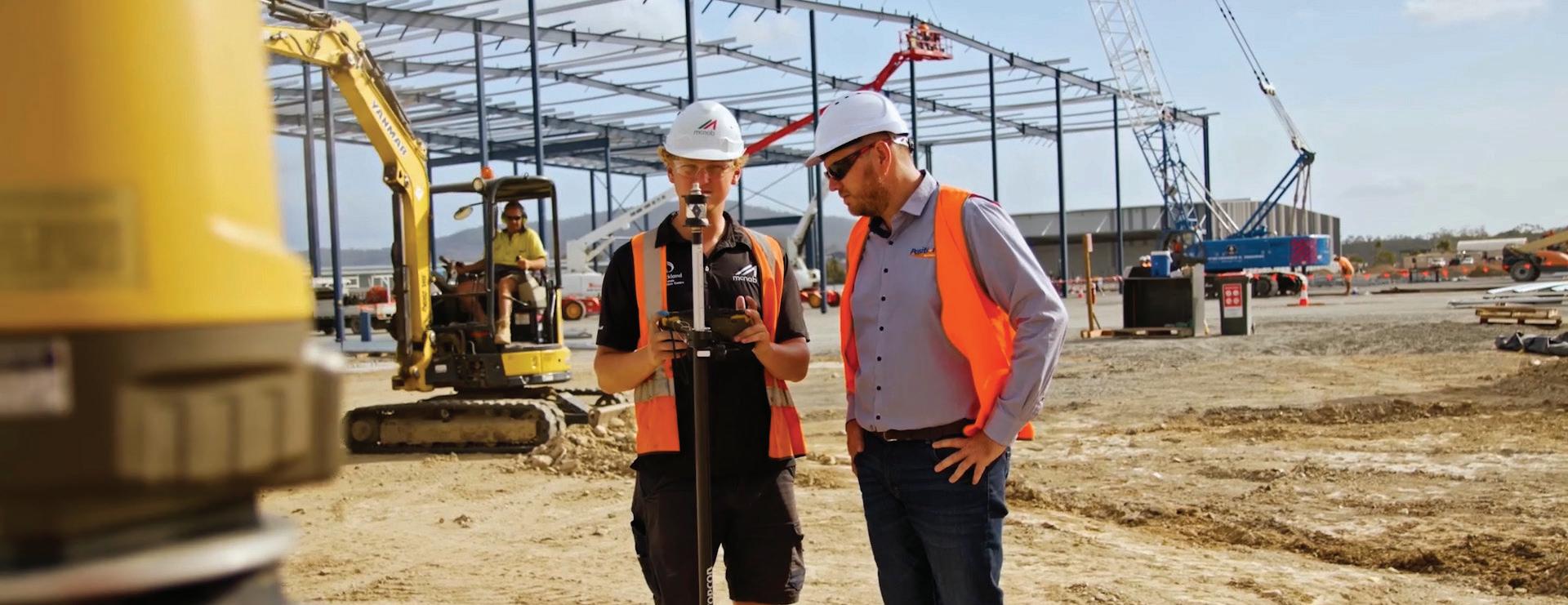
As the Certificate III in Plumbing includes many of the units covered in the Certificate III in Fire Protection, these missing units can be acquired via gap training or Recognition of Prior Learning (RPL) if applicable. An additional apprenticeship is not required.
An apprenticeship pathway is fully funded under the User Choice funding, but the apprenticeship is a four-year commitment.
MPAQ members who would like more information can call the MPAQ Technical team on 07 3273 0800.
Article written by Ernie Kretschmer, MPAQ Deputy Executive Director

The Department of Energy and Public Works published an updated guideline for building certifiers who are considering seeking inspection help through completion of an approved form (Form 12—Aspect Inspection Certificate – Appointed Competent Person) under the Building Regulation 2021 (BR) in relation to plumbing and drainage work under the Plumbing and Drainage Act 2018 (PDA).
This guideline clarifies that it is not appropriate for building certifiers to seek inspection help in relation to plumbing and drainage work under the PDA.
In Queensland, building certifiers play an important role in the assessment, approval, and inspection of new building work. They must ensure compliance with the minimum standards of health, safety, amenity and sustainability. These standards are set out under the Building Act 1975 (BA) and are designed to protect the people who occupy and use all buildings constructed in Queensland.
With sufficient information supporting the building development approval (BDA), building certifiers can decide to approve and inspect the building work without assistance from other building industry professionals. However, they may need assistance to assess and inspect more complex structural and technical aspects of buildings.
There are provisions in the BR allowing a building certifier to rely on design or inspection help from other building industry practitioners about an aspect of
Phoenix creates bathroom and kitchen fittings through refined Australian design. For over 30 years, they have been trusted to deliver innovation, precision, and quality in every product – designed in-house and made with pride – for a timeless experience in the home.
Founded in the 1980s by Brian Wansborough, a leader in the building industry, Phoenix aimed to manufacture superior three-piece tapware. Today, Phoenix’s in-house R&D department continues their tradition of design innovation, crafting and refining every product. Their designs have received international recognition and their products now grace kitchens and bathrooms worldwide.
Durability is a key consideration for Phoenix, as they carefully select robust materials to ensure superior performance. They also offer an extensive warranty program to back their work. By closely monitoring their manufacturing partners and maintaining strict engineering and quality control standards, Phoenix guarantees the production of each product.
Phoenix’s commitment to compliance is evident through their adherence to Watermark and WELS regulations. They continuously monitor product development and assess the life cycle at their in-house facility, emphasising their dedication to delivering reliable and sustainable solutions.
Visit www.phoenixtapware.com.au to learn more.
the building work. The BR recognises these practitioners as competent persons who can provide design or inspection help.
Even though a building certifier can rely on a Form 12—Certificate from a competent person when approving or inspecting building work, they are ultimately responsible for ensuring the building work complies with the BA.
The BR also provides that if under the relevant laws an individual must be licensed or registered to be able to give help, then they must be so licensed or registered. For example, an individual must be a registered professional engineer to be competent to give inspection help to a building certifier for the reinforcement of footing system aspect of building work for a single detached class 1a building.
The building certifier must then assess the individual as not just being appropriately licensed or registered but also having the appropriate experience, qualification, or skills to determine if they are a competent person.
The BA requires an application for the approval of building work to be assessed against specific technical and legislative provisions. These are called building assessment provisions (BAPs) and include the Building Code of Australia (BCA) (now part of the National Construction Code).
For the full details of this guideline, visit www.epw.qld.gov.au
Article Source: www.epw.qld.gov.au/__data/assets/pdf_file/0029/ 9866/GuidelinesPlumbing.pdf
MPAQ members get technical support on plumbing or gas-related work. Our technical officers are armed with decades of plumbing and gas experience, ready to provide advice when you’re stuck on a job.
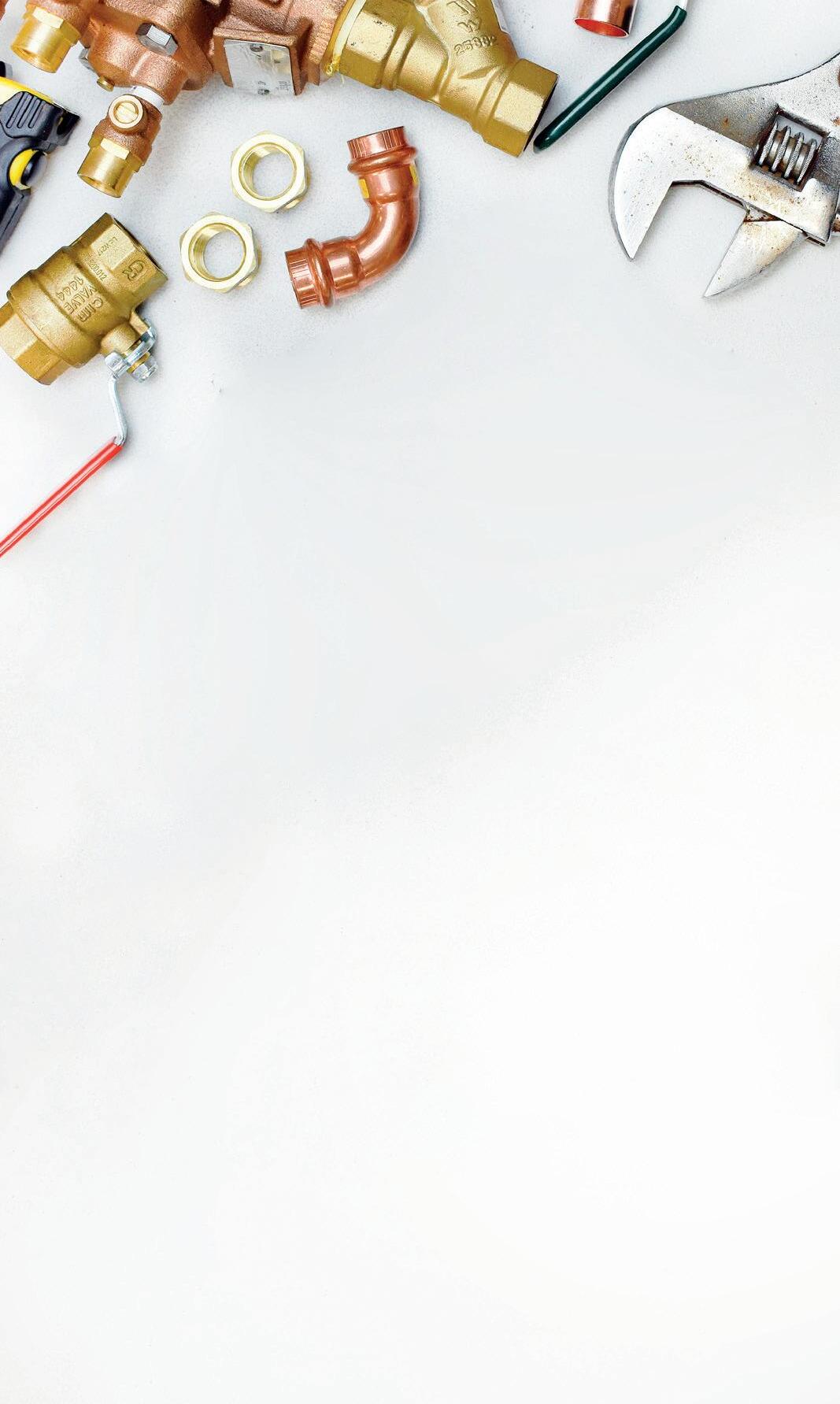
For example, did you know about the recent changes that came into effect for the National Construction Code 2022 and Australian Standards 3500.1:2021 and 5601.1:2022? We can help you stay upto-date and decipher Industry Standards and legislation changes. As an MPAQ member, you have free online access to nine Industry Standards valued over $2,000.
Members can also download and print approved plumbing forms such as Form 9, TMV form, Water Efficiency form, and more. These forms are requirements in conjunction with several plumbing and drainage legislation.
For more information, scan the QR code or visit bit.ly/MPAQTechnical.

As-constructed drawings are often seen as a necessary evil that comes along at the end of a job to get a final certificate. But these drawings are an enduring testament to the plumber’s expertise and craftsmanship, embody their dedication to quality, and provide a tangible representation of their work.
More importantly, accurate as-constructed drawings serve as an invaluable resource for future reference and maintenance. Over time, systems may require repairs, renovations, or expansions. Detailed records of the plumbing infrastructure can facilitate faster repairs, reduce disruption, and minimise downtime.

Producing as-constructed drawings can present challenges, particularly in terms of scope and cost. Since the extent and complexity of as-constructed drawings are often unknown until the project’s completion, it is important to establish clearly in contractual agreements with clients the production and delivery of the final drawings.
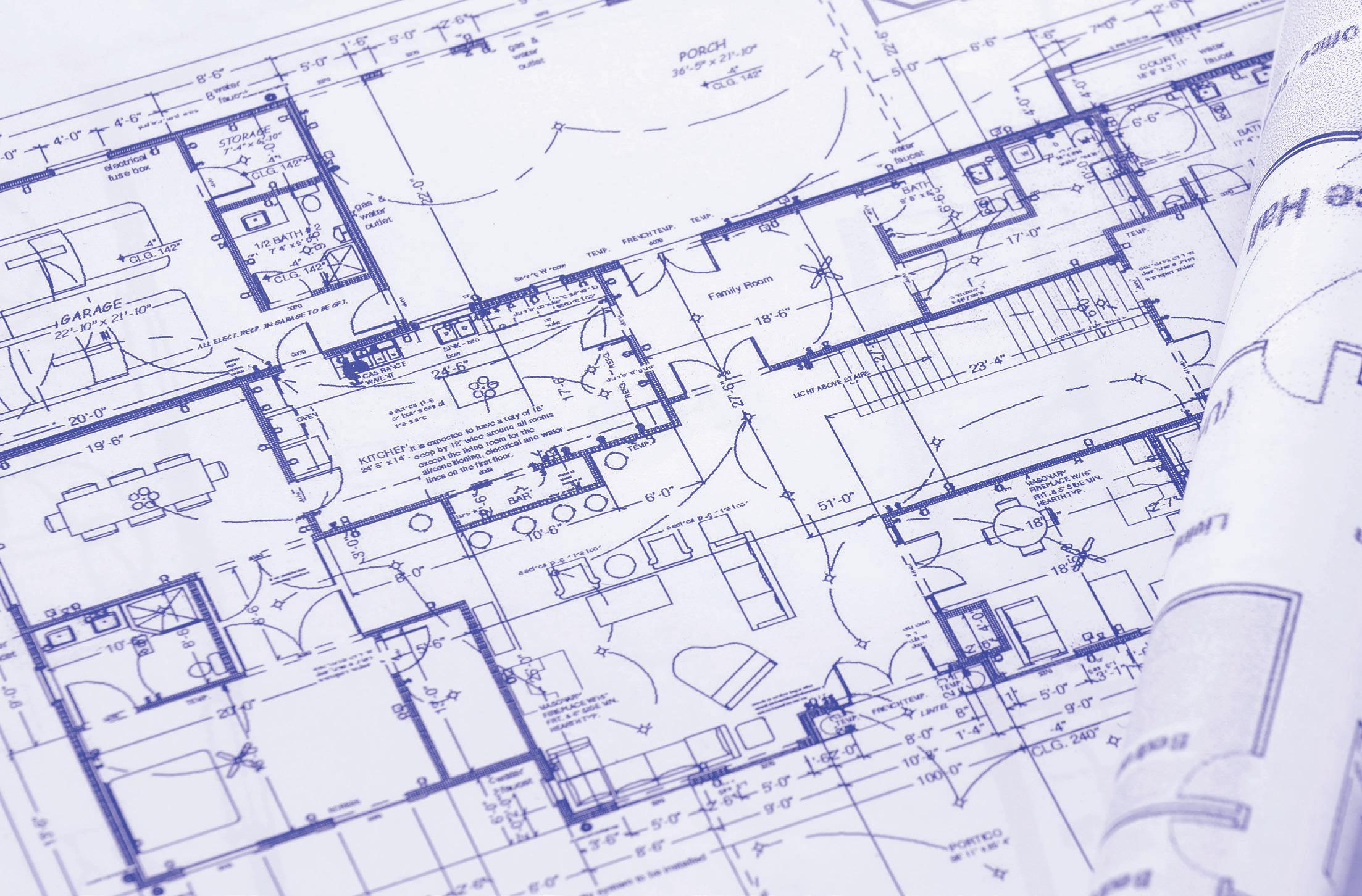
Plumbers sometimes face the challenge of working with very basic or incomplete design drawings that have to be altered so that the installation will work and/or be compliant. In such cases, if the consultant is no longer engaged, they may have to rely on their own expertise and experience to fill in the gaps. Whilst this can be inconvenient and demanding, it can be an opportunity to showcase their problem-solving skills and adaptability. Accurate records of changes should be clearly marked up usually without using liquid paper so that changes can be identified against the original design. These are typically signed off by plumbing inspectors with the original markups cross-checked against the drawings as part of a final inspection. It should be noted that plumbers take responsibility for the installation and any design changes with as-constructed drawings.
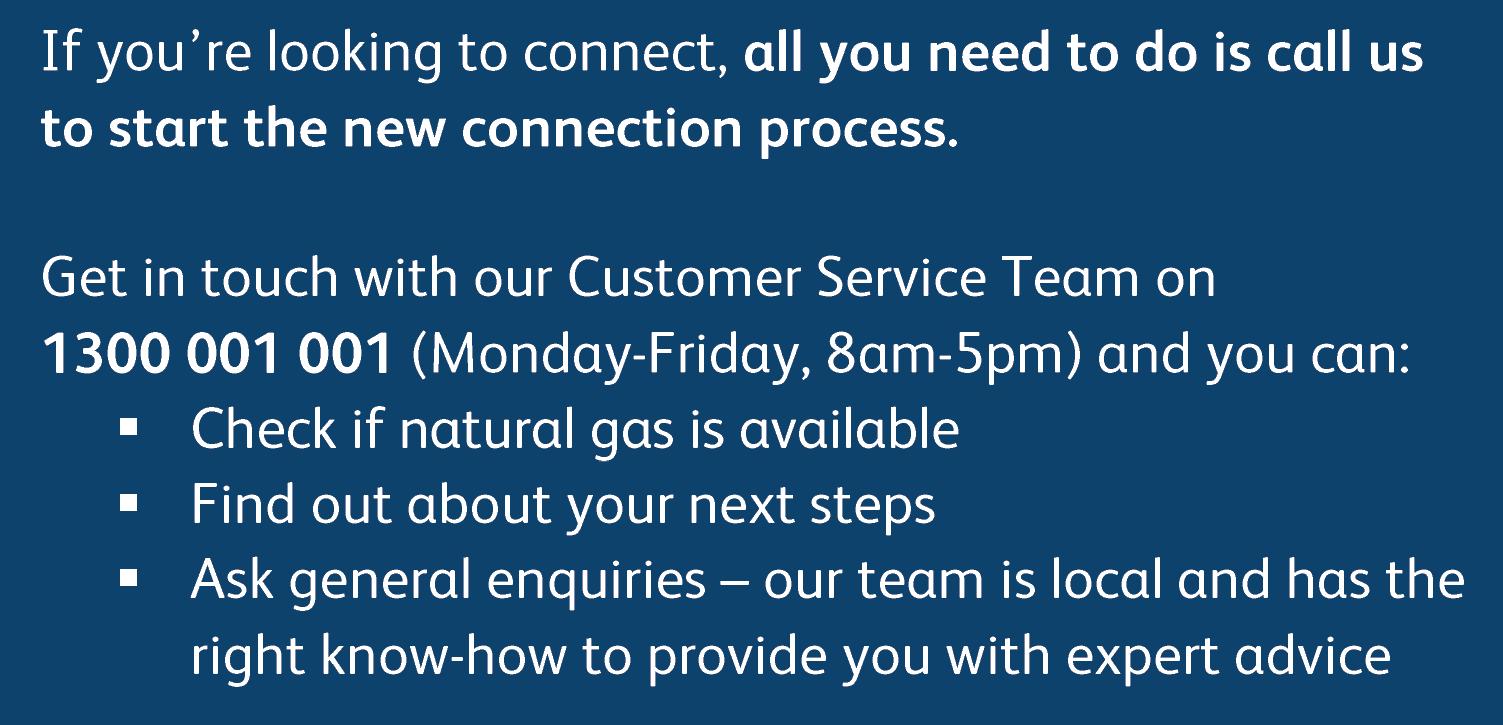
In conclusion, as-constructed drawings in plumbing projects serve as a legacy and a valuable resource for future maintenance and reference. Despite the challenges that may arise, the investment in creating comprehensive as-constructed drawings pays off in terms of improved efficiency, reduced costs, and enhanced client satisfaction.
Article written by Ashley Monson, AHSCA Management Committee member
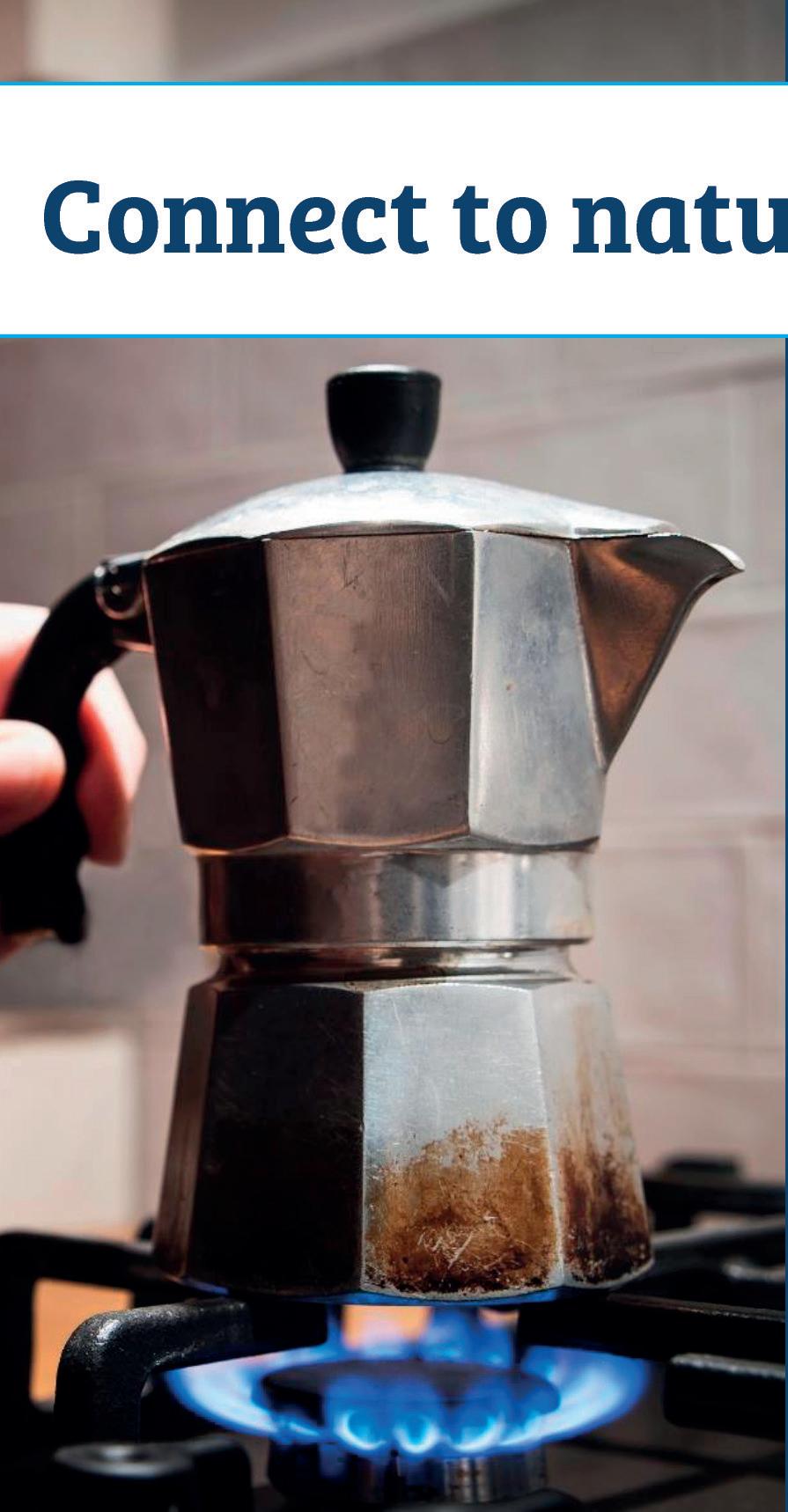
October is National Safe Work Month. Let us look at some snapshots from the construction industry and what we can do to work safer and smarter.
According to data from Safe Work Australia, the construction industry ranked third in the number of fatalities by industry. From 2003 to 2021, there were 647 reported fatalities related to their work. Falls from a height accounted for the largest proportion of fatalities (30 per cent), while muscular stress from lifting, carrying, or putting down objects accounted for the highest proportion of serious claims (16 per cent).
3rd highest no. of fatalities
31 per year (16% of total)
6th highest fatality rate
3.0 deaths per 100,000 workers
3rd highest no. of serious claims
12,570 per year (11% of total)
5th highest frequency rate
8.1 per million hours worked
Some key statistics:
Workers aged 4554 account for the highest proportion of worker fatalities and serious claims, followed by workers aged under 25 years.
The construction services subsector accounted for 63.7 per cent of serious claims and 62 per cent of worker fatalities.
63.7%
For occupations, construction and mining labourers accounted for the highest proportion of worker fatalities and serious claims.
Slips occur when a person’s foot loses traction with the ground surface.
Trips occur when a person unexpectedly catches their foot on an object or surface.
Falls can occur from any height.
You don’t have to be high off the ground for a fall to cause significant injury or death. Falls can occur in many different ways including through slips and trips, or falls from height, at level, or into holes or voids.
Slips, trips, and falls result in tens of thousands of injuries every year in Australian workplaces.

Since 2003, 30 Australian workers have lost their lives through falls at level.
While many more workers lost their lives through falls from height (defined as over two metres), falls at level remain a very significant workplace risk that must be managed.
Common injuries include:
Soft tissue injuries such as sprains and strains
Back and spinal disc injuries
Fractures and dislocations
Cuts, abrasions, and bruises
As a person conducting a business or undertaking, you must eliminate the risks of slips, trips, and falls, so far as is reasonably practicable.
If you can’t eliminate the risks, you must minimise them so far as is reasonably practicable. The best way to manage the risks of slips, trips, and falls is by designing safe workplaces.
In designing safe workplaces, you should ensure:



• floors are level and have slip -resistant coverings;
• sufficient power points are installed and appropriately located to avoid the need for trailing electrical cords;
• all areas are well lit, particularly stairwells;
• there is good drainage and slip resistant grates; and
• there is sufficient storage so things aren’t left in walkways.
Common ways to minimise the risk of slips, trips, and falls include:
• ensuring the workplace is clean by establishing regular cleaning schedules and removing rubbish promptly;
• establishing procedures for reporting and cleaning spills;
• cordoning off wet floor areas while cleaning is in progress;
• ensuring floors are dried immediately after cleaning;
• using signs to warn of wet or slippery floors and surfaces;
• providing adequate rubbish and recycling bins;
• keeping access ways clear by returning tools and other items to their storage areas after use;
• providing non-slip mats;
• ensuring there are no cords on walkways or work area floors; and
• ensuring workers wear non-slip footwear.
The complexity of managing health and safety obligations is an ongoing frustration for small businesses, especially in hazardous industries like plumbing, drainage, and gas fitting where risks are more pronounced and there are greater safety obligations on employers. Complying with Australia’s strict WHS laws is a must – failing to do so could mean huge penalties and in extreme cases, jail.
To cut through this complexity, MPAQ is offering industry a simple system to manage their health and safety obligations. MPAQ Safety is a cloud-based workplace health and safety (WHS) management system designed to provide industry with a clear, quick, and compliant system to manage WHS in their businesses.
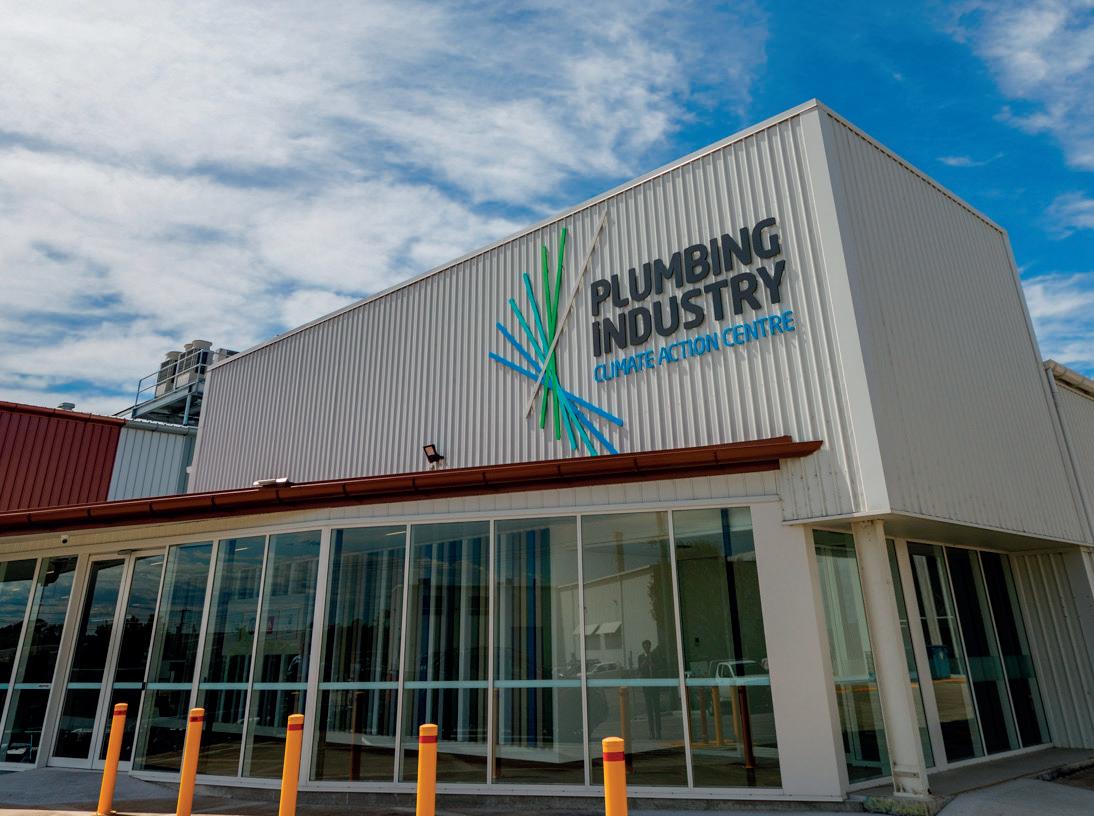


MPAQ Safety starts at $750 per year for non-members. MPAQ members get this system at no additional cost included in their membership.
For more information about MPAQ Safety, visit the website at www.mpaq.com.au/ services/mpaq-safety or call 07 3273 0800.
Common causes of slips, trips, and falls include:
Wet or uneven flooring
Loose mats
Poorly lit areas, especially staircases
Open drawers
Unsuitable footwear
Uncovered electrical cables
Clutter and untidy workplaces
Article source: Safe Work Australia
Elevate your career with our Industry-leading training that keeps you at the forefront of success.
Elevate your career with our Industry-leading training that keeps you at the forefront of success.
Elevate your career with our Industry-leading training that keeps you at the forefront of success.
Elevate your career with our Industry-leading training that keeps you at the forefront of success.
The Service Trades College offers top-tier apprenticeship and postapprenticeship programs, specialising in commercial plumbing and other fields.
The Service Trades College offers top-tier apprenticeship and postapprenticeship programs, specialising in commercial plumbing and other fields.
The Service Trades College offers top-tier apprenticeship and postapprenticeship programs, specialising in commercial plumbing and other fields.
The Service Trades College offers top-tier apprenticeship and postapprenticeship programs, specialising in commercial plumbing and other fields.
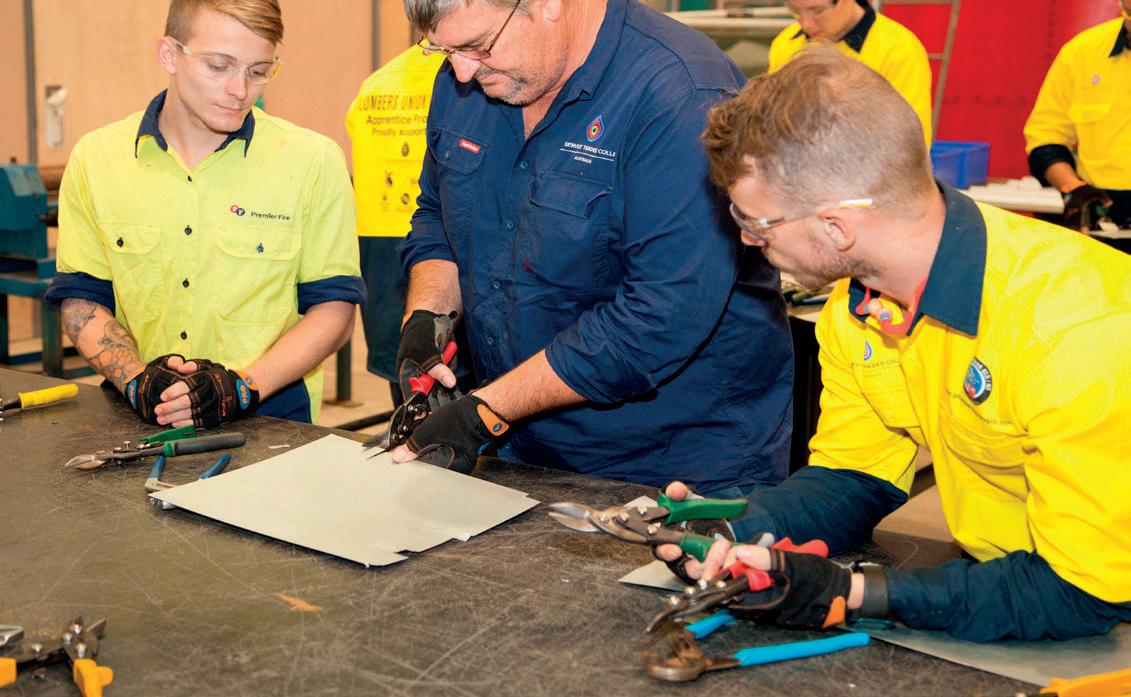


Stay ahead of the game throughout your career with our Industry-led training opportunities.
Stay ahead of the game throughout your career with our Industry-led training opportunities.
Stay ahead of the game throughout your career with our Industry-led training opportunities.
Stay ahead of the game throughout your career with our Industry-led training opportunities.
Contact us to find out more about the courses we have available in-person and online!
Contact us to find out more about the courses we have available in-person and online!
Ph: 1300 222 727 Email: info@tstca.com.auwww.theservicetradescollege.com.au
Ph: 1300 222 727 Email: info@tstca.com.au
www.theservicetradescollege.com.au
www.theservicetradescollege.com.au
PCBUs need to put in place measures that either remove hazards or reduce them as effectively as possible. There are three possible levels of control:
• Level 1 – Eliminate the hazard by removing the risk completely.
• Level 2 – Eliminate as many of the risks associated with the hazard as possible, for example, substituting the hazard for a safer alternative, or isolating the hazard from people.
• Level 3 – Rely on human behaviour and supervision to control the risk. This is the least effective way to reduce risk.
In recent years, there has been a growing recognition of the importance of addressing psychosocial hazards in the workplace. These are hazards that arise from, or relate to, the design or management of work, a work environment, or workplace interactions and behaviours that may cause psychological and also physical harm.
In Australia, the Work Health and Safety Act states that workers should be given the highest practical level of protection against harm to their health and safety from hazards and risks arising from work. The Act includes a definition of health which means both physical and psychological health.
According to the legislation, a person conducting a business or undertaking (PCBU) has a primary duty to ensure the health and safety of workers while they are at work in the business or undertaking and others who may be affected by the carrying out of work, such as visitors. Here are some ways that a PCBU can make sure that the workplace is equipped to minimise psychosocial hazards.
PCBUs must identify hazards that could lead to psychosocial risks and minimise them, so far as reasonably practicable. Psychosocial hazards can arise from organisation-wide systems, work practices, work environments, and workplace behaviours, or they can be specific to a task or job. Psychosocial hazards can be identified by talking and listening to workers, taking note of how workers interact, reviewing reports and records, and using a survey tool to gather information from staff.
Some things to look out for and ask:
• How is work performed, including the physical, mental, and emotional demands of the tasks and activities?
• Are there problems with service delivery, poor relationships, the presence of emotional distress, or cultural or community issues that could lead to conflict or violence at work?
• What are the working arrangements and do they pose psychosocial risks to workers and others?
• Does the workplace support behaviours that promote reasonable working hours and work-life balance?
Once a PCBU has identified a psychosocial hazard, assess the risk it poses and decide how to control it. This will depend on the severity of harm it could cause, how likely that harm is to occur, what controls are already in place to reduce the risk of harm, and how urgently additional actions need to be taken. A risk assessment should be carried out for any psychosocial hazards that have been identified where the risk of the hazard(s) or accepted control measures are not well known.
Once control measures are implemented, they must be maintained and reviewed to ensure they remain effective over time. This includes ensuring control measures remain fit for purpose, suitable for the nature and duration of the work, and are installed, set up, and used correctly. It is best practice to maintain and review control measures on a regular basis. Keeping records of the risk management process may assist with demonstrating what has been done to comply with the WHS Act and WHS Regulation.
The Managing the risk of psychosocial hazards at work Code of Practice came into effect on 1 April 2023. It provides information for PCBUs on how psychosocial hazards and risks can be controlled or managed. You can get a copy of the Code on the WorkSafe website at www.worksafe.qld.gov.au.
There are many things that you can do and implement in the workplace to foster a safe and supportive work culture.
• Implement Stress Management Programs – Consider implementing workshops, training sessions, and counselling services that can help employees develop coping strategies and resilience, enabling them to deal with workplace stressors more effectively.
• Promote Work-Life Balance – Encourage employees to take regular breaks and use their entitled leave to recharge and maintain a healthy work-life balance. Managers should lead by example in practicing work-life integration to show that it is a valued aspect of the company culture.
• Provide Access to Employee Assistance Programs (EAP) – EAP can be invaluable in providing confidential counselling and support to employees facing personal or work-related challenges. Offer access to EAP services to all employees to ensure they have a resource to turn to when dealing with psychosocial issues.
• Encourage Flexible Work Arrangements – Offer remote work or flexible hours to accommodate employees’ diverse needs and circumstances. Flexible work options can reduce stress and improve job satisfaction, ultimately contributing to a healthier work environment.
MPAQ members who have questions about managing the risk of psychosocial hazards in the workplace can call the MPAQ HR team on 07 3273 0800.
Article source: WorkSafe.qld.gov.au
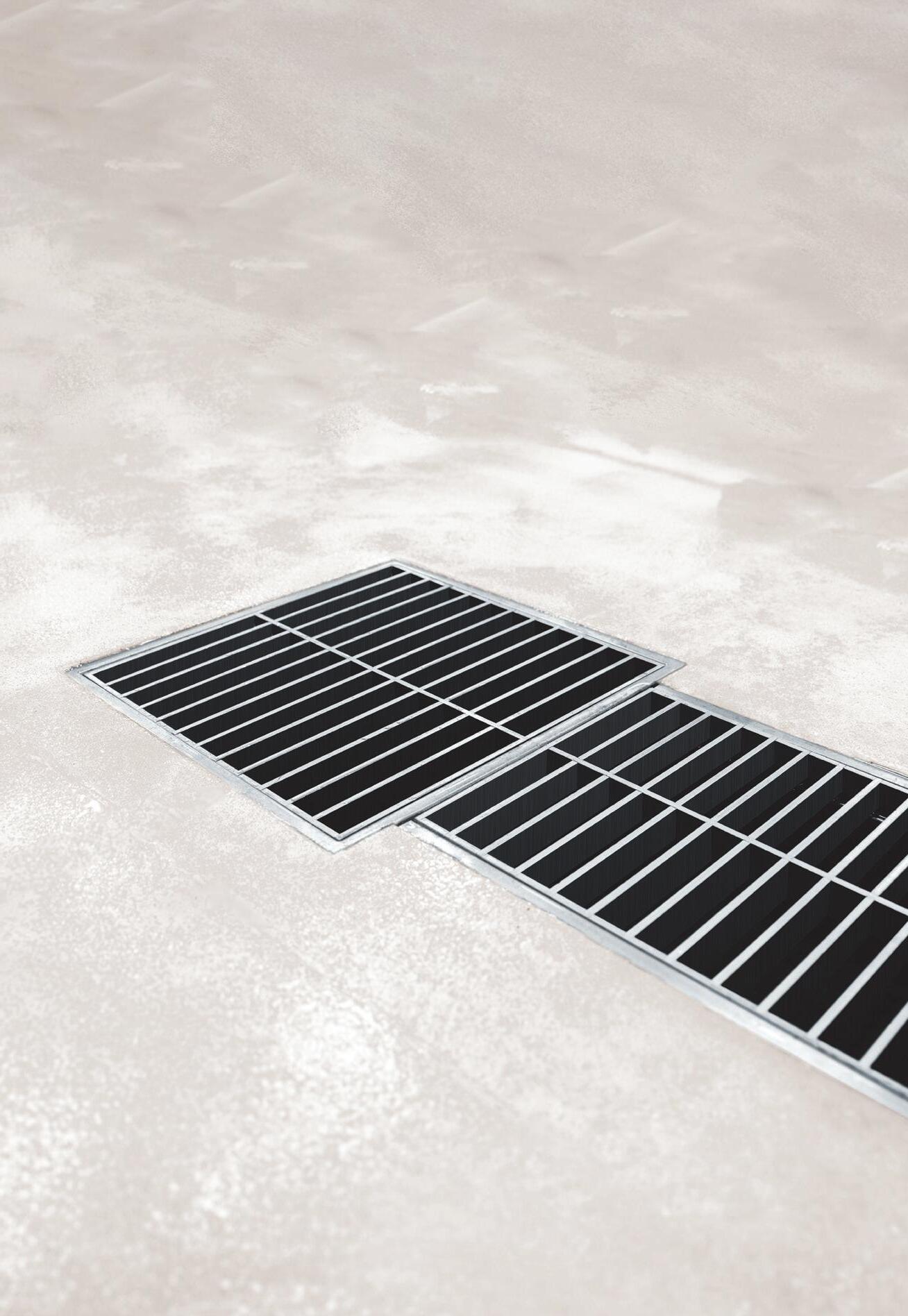
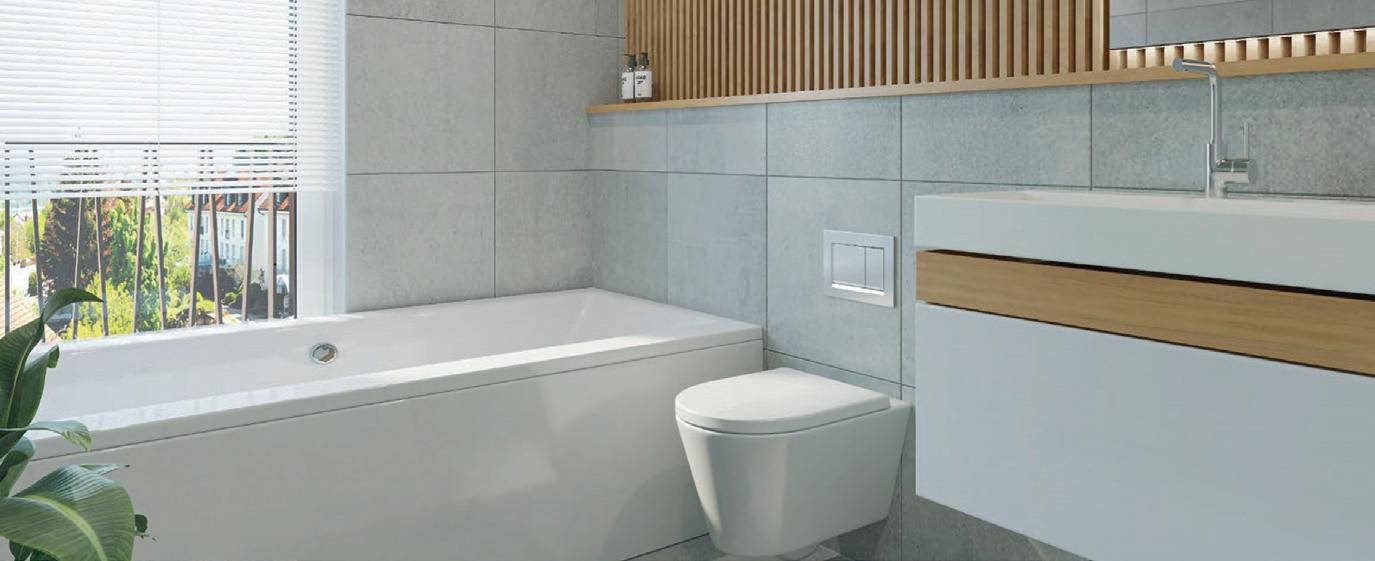
Undercharging is easy to do if you do not start with a correct cost base and consider all of the additional costs you incur when running a business. This is why it makes good commercial sense to regularly review prices – at least once every quarter. This is particularly important considering the dramatic increases in material and labour costs over the last few years.
Plumbing businesses sell two main items: labour and materials. Both take time and money to manage so it’s critical that they are marked up to ensure a reasonable profit. Many operators underestimate the cost of labour and materials by not considering all the components and this will impact on your margins. Managing materials requires a range of tasks including administering trade accounts, timely payments to suppliers, time taken to source, specify, store, transport, and return unused items. Additionally, have you considered the materials you purchase that, for a number of reasons, don’t get charged to the customer? If you are not charging a margin to cover all of these costs, they are coming straight out of your pocket!
• To determine the cost of your labour, you need to take in to account employee leave, training days, rain/bad weather days, and other lost days to work out your actual hourly cost per employee.
• Add a markup to your actual cost. Your mark-up needs to be high enough to not only cover your costs, but also to provide you with a profit margin.
• Make sure you are marking up your material costs to cover materials not charged and desired margins.

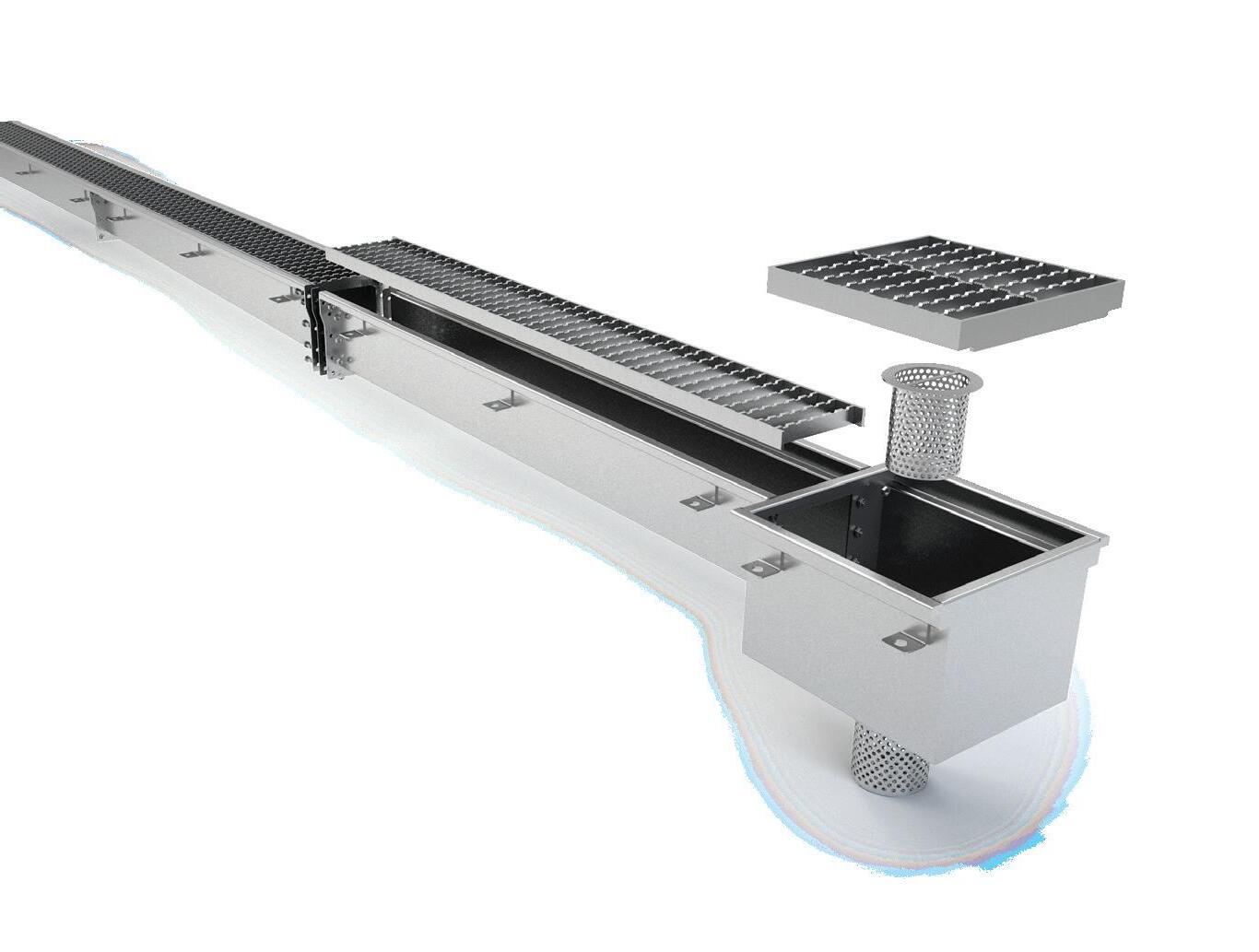
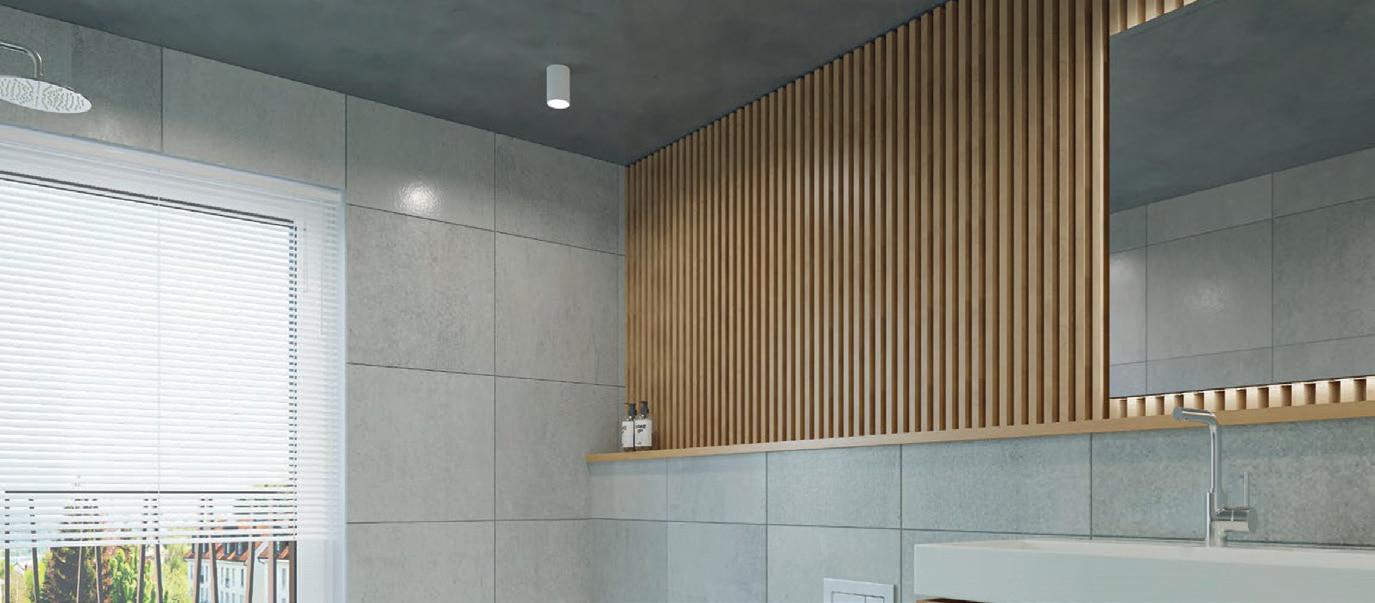
With recent price increases and inflation, all businesses should be reviewing their charge out rates to stay profitable. MPAQ in conjunction with Xact Accounting have developed the Charge Out Rate Calculator and Guide to help assist with growth and profitability of the business.
To access the full guide and calculator, scan the QR code on the right or visit www.mpaq.com.au/services/charge -out-rate-calculator.

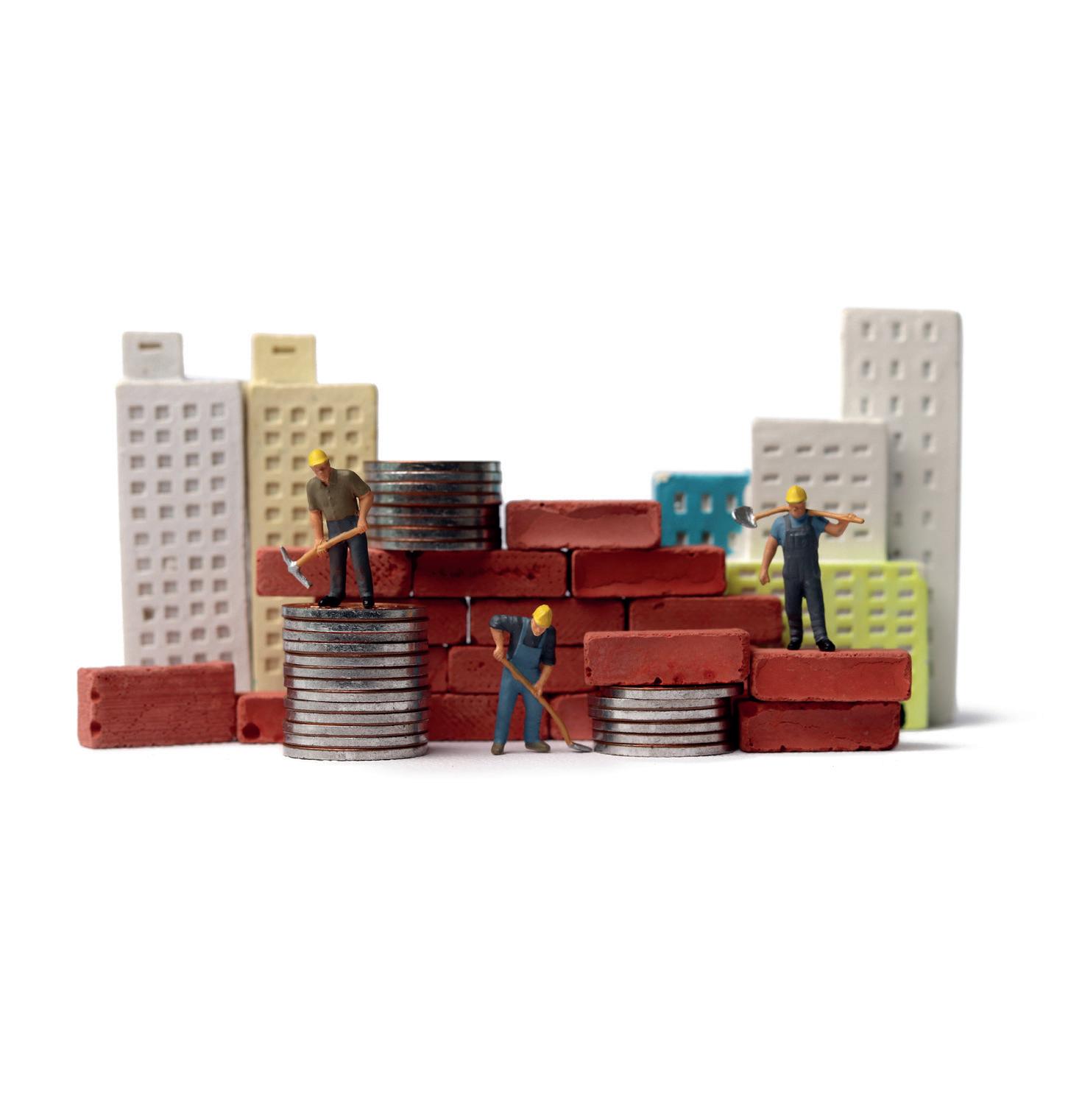
In June, the Fair Work Commission (FWC) announced an increase to the national minimum wage and minimum wage in modern Awards.
The minimum wage increases include: an increase to the full time national minimum wage by 8.6% from $812.60 per week ($21.38 per hour) to $882.80 per week ($23.23 per hour) based on a 38-hour week for Award/Agreement free employees; and a 5.75% increase to minimum wage rates within modern Awards.
The FWC considered three main factors in determining the increase in minimum wage rates.
First, it gave significant importance to the impact of inflation on the ability of modern award-reliant employees, particularly those with lower wages, to meet their basic financial needs. Second, the FWC considered the strength of the labour market in recent times. Third, it recognised that increasing minimum wage rates would disproportionately benefit female workers, potentially helping to reduce the overall gender pay gap in the workforce.
Based on these changes, MPAQ has released wage sheets and information sheets for the Plumbing and Fire Sprinklers Award 2020 , Clerks Private Sector Award 2020 , Building and Construction General Onsite Award 2020 , and General Retail Industry Award 2020
These wage sheets and information sheets contain helpful guides on calculating wages and entitlements such as breaks, allowances, fares, inclement weather payments, overtime, redundancy, apprentice tools, and more. They can be accessed exclusively by members through their Member Dashboard or by going to www.mpaq.com.au/members/employment/wages.
For more questions or queries about the wages and awards information, please contact the MPAQ HR team on 07 3273 0800 or email hr@mpaq.com.au.
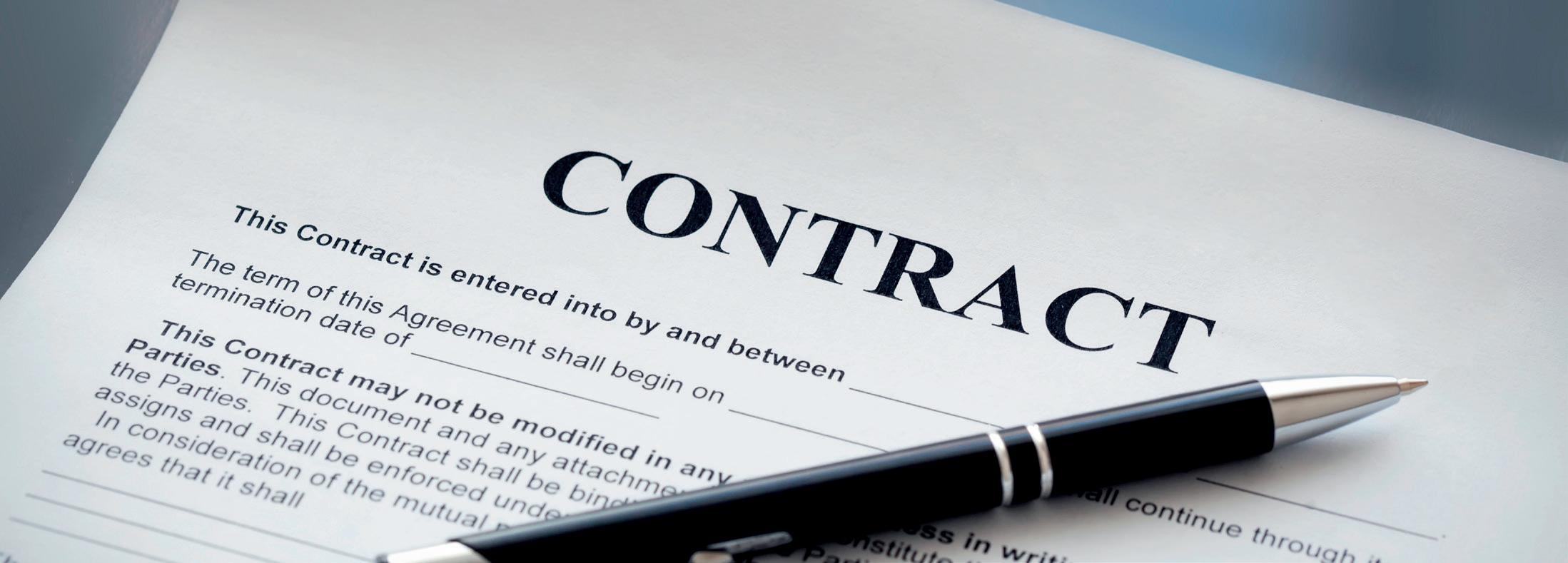
MPAQ strives to keep members up to date and compliant with legislation. Due to recent legislative amendments, we have made some key changes to our employment contracts.
The key changes include:
• Annual leave – Many Awards have been updated to reflect a consistent approach for temporary shutdowns and the use of annual leave. As such, the contracts have been amended to reflect situations where an employer has a temporary shutdown period (such as over the Christmas/New Year period) and the employee does not have enough annual leave entitlement to cover this period.
• Other leave entitlements – As there has been an introduction of family and domestic violence leave – for businesses with 15 or more employees this commenced on 1 February 2023; for businesses with 14 or fewer employees this commenced on 1 August 2023 – we have included a reference to this in the contract.
• Code of conduct, sexual harassment, and bullying – We have amended the wording to reflect the legislative changes and for employees to not engage in any sexual harassment, bullying, or discrimination.
• Health – The wording has been amended so that the employee allows the employer to contact the employee’s treating doctor if they have an illness or injury that is preventing them from being able to perform their duties on an ongoing basis.
MPAQ’s employment contracts are created specifically for the plumbing and gas industry, in conjunction with Cornwalls Law. Contracts are customisable to every business’s unique needs.
Specific contracts are available for full time, part time, and casual workers, including apprentices, under the different Modern Awards.
Visit the MPAQ online shop at www.mpaq.com.au/products for all available contracts.
From 1 July 2023, a series of changes to unpaid parental leave entitlements were made, which provides increased flexibility for parents, offering them more options to balance work and family responsibilities. The Federal Government has merged the two-week Dad and Partner Pay scheme with the 18 weeks of Paid Parental Leave (PPL) to create a 20-week scheme for the family, paid at minimum wage.

Changes for employees whose child is born or placed in their care on or after 1 July 2023 include:
• A single parent may be able to access the full 20-week entitlement.
• Partners can split the PPL as they mutually agree, provided they take it within 24 months of their child’s birth or adoption. This means they can now take up to 100 days of their 12-months leave period flexibly within 24 months after the birth or placement of their child.
• Pregnant employees can now access flexible unpaid leave up to six weeks before the expected date of birth.
• Parents have the option for an extension of up to a further 12 months.
• Partners are now eligible to access parental leave at the same time as any employer-funded leave if made available by the business.
An employee will need to inform the employer of their intent to take parental leave by giving at least 10 weeks’ written notice. The notice would outline how much leave is to be utilised and the start and end dates. Four weeks before starting the leave, the employee will need to confirm with the employer the parental leave dates and number of days and/or months they are taking. If an employee is unable to provide the 10 weeks’ notice, they need to provide as much notice as possible under their respective circumstances.

To align with the updated parental leave, employers would need to review and update their workplace policies and procedures. This includes:
• Understanding the recent changes to ensure accurate implementation.
• Update parental leave policies to include the extended parental leave entitlements and flexible options available to employees.
• Clearly communicate with the employees to help them understand their rights and responsibilities under the new changes.
• Ensure a fair and consistent approach to managing leave requests, ensuring all applications are treated fairly and without discrimination.
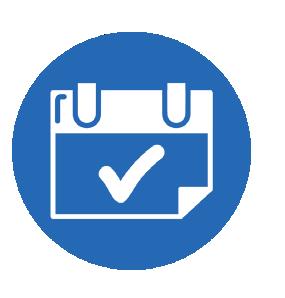
The changes to the parental leave legislation signify a step forward in supporting working parents and promoting gender equality in the workforce. Employers have the opportunity to create a more inclusive and supportive environment, fostering a loyal and motivated workforce in the process. For more questions or queries about leave information, please contact the MPAQ HR team on 07 3273 0800 or email hr@mpaq.com.au.
Family and domestic violence is defined by the Fair Work Act 2009 as “violent, threatening, or abusive behaviour that seeks to coerce, control, or cause harm to the employee.”

Full-time, part-time, and casual employees will be able to access 10 days of paid leave in a 12-month period.
Full-time and part-time employees can take the leave at their full pay rate (plus any incentives, loadings, penalty rates, allowances, etc) for the hours they would have worked. Casual employees will be paid their full pay rate for the hours they were rostered to work in the period they took leave.
Paid family and domestic leave:
is available in full from year to year does not accumulate

at the start of each 12-month period at the beginning of employment
For further information and assistance with family and domestic violence leave, please contact the MPAQ HR team on 07 3273 000.
The plumbing industry, like many others, continues to evolve, embracing innovations that simplify installations, enhance efficiency, and prioritise sustainability. Among the groundbreaking solutions leading the way, SharkBite’s push-toconnect plumbing system stands tall as a true Australianmade and owned marvel. With its leak-free design, versatility, reusability, quick installation process, and impressive 25year guarantee, SharkBite embodies the future of plumbing, asserting itself as a leader in the field.
As consumers, we take pride in supporting local industries. SharkBite not only delivers superior quality but also represents an Australian success story. Through its various Melbourne-based manufacturing locations, including Dandenong, Moorabbin, and Braeside, Sharkbite fittings and PEX100 pipes are manufactured and delivered to a wide range of plumbing merchants throughout Australia providing plumbers reliability in the supply of an Australian manufactured system. Investing in a domestic brand like SharkBite is not just about convenience, it’s a conscious choice to contribute to our nation’s economic growth and support local businesses.
Time is a precious resource in any profession, and plumbing is no exception. SharkBite’s push-to-connect system simplifies installations significantly, eliminating the need for specialised tools. With just a simple push and lock mechanism, plumbing professionals can complete connections effortlessly, saving valuable time and allowing for more projects to be completed within shorter timeframes. This efficient installation process translates into increased productivity, benefiting both plumbers and their customers.
SharkBite’s push-to-connect system addresses one of the most significant concerns in plumbing – leaks. The innovative design ensures leak-free connections, delivering peace of mind to both plumbing professionals and property owners. With SharkBite, you can rest assured that your plumbing infrastructure is equipped with secure, watertight connections that last for years.
When it comes to plumbing, adherence to industry standards is nonnegotiable. SharkBite leaves no room for compromise, ensuring its system complies rigorously with Australian standards. By choosing SharkBite, plumbing professionals can confidently install a system that meets the highest standards, safeguarding the integrity of their work. Additionally, SharkBite’s 25-year guarantee serves as a testament to the enduring quality and reliability of the system. It reflects the brand’s commitment to exceptional craftsmanship and provides added assurance to plumbing professionals and property owners alike.

Push-to-connect plumbing systems have earned their place as the way of the future, offering a multitude of advantages that traditional methods cannot match. With over 20 years of push-to-connect product manufacturing under our belt, SharkBite is a tried and true brand leading the way. It’s time to embrace the future of plumbing and make the choice for efficiency, reliability, and sustainability by embracing SharkBite’s push-to-connect system. Learn more at www.sharkbite.com.au
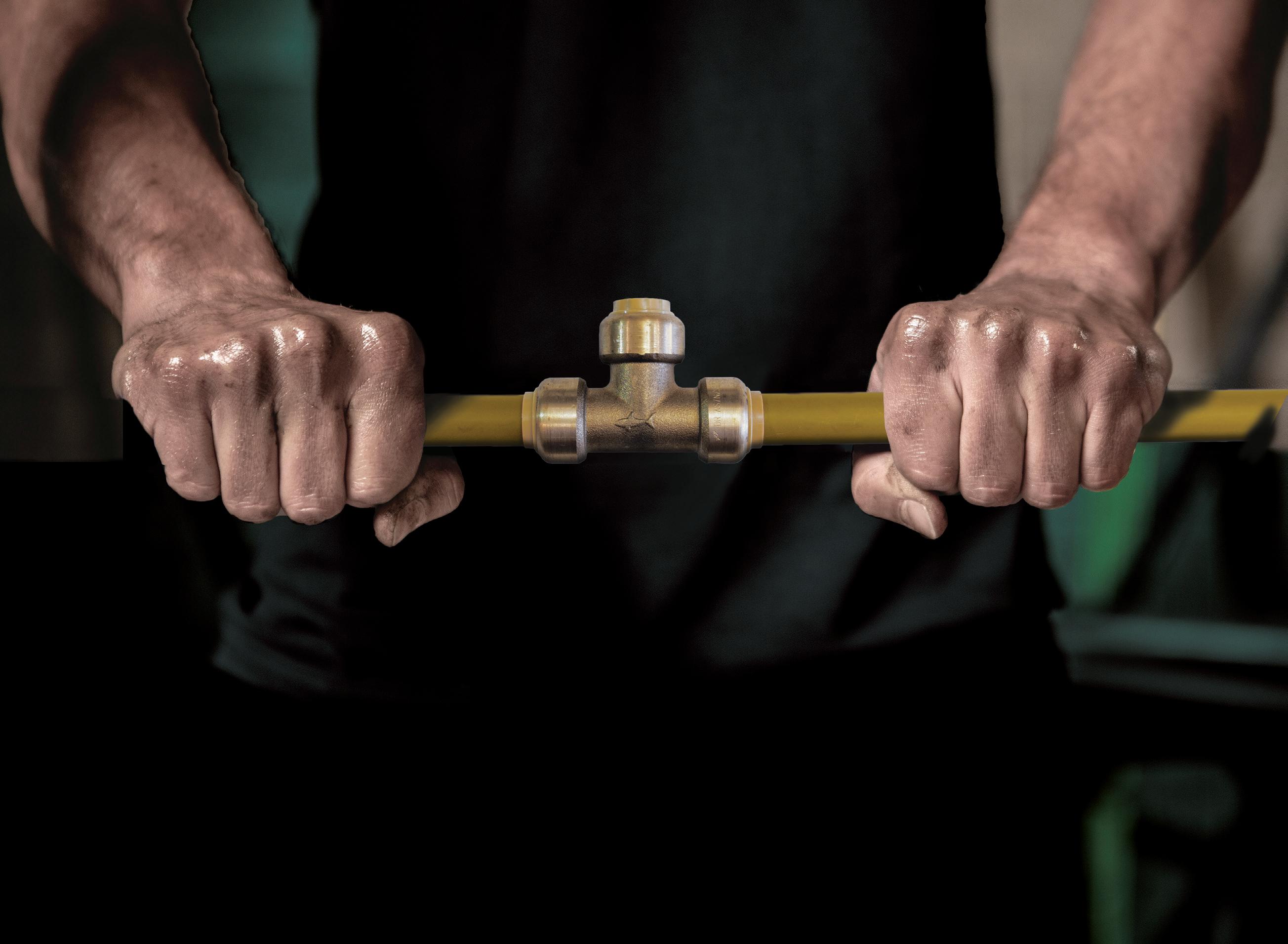
“We’ve got a real opportunity in the next five to 10 years to transfer the old knowledge to the new generation. The skills shortage is not about kids not wanting to be plumbers. We have kids asking us for apprenticeships, but the problem is the cost for a business to put on an apprentice.”
According to a 2022 National Skills Commission report, nearly 50 per cent of trade and technician jobs were in shortage in 20221. There is certainly a gap that needs to be filled to fulfill the requirements of the housing and construction industries, but Plumbaround CEO and Director Warwick Royal believes that the shortage is not about the lack of interest – it’s the lack of funding from the Government to support training.
Plumbaround may be a small business, but what they are doing is larger than life – a constant lobbying for education and sustainability that Warwick believes needs support, momentum, and funding. Lots of funding.
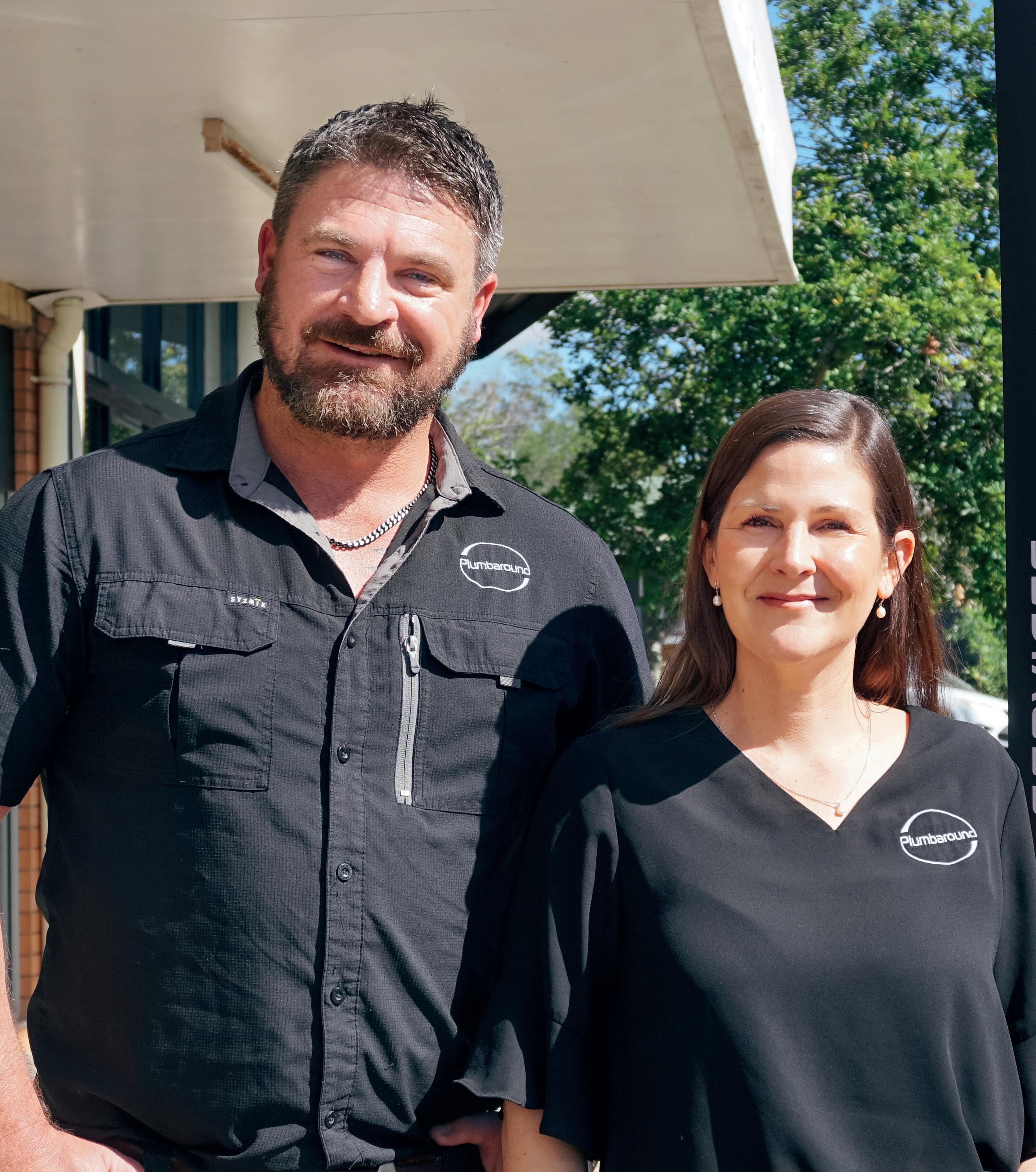
Warwick started his plumbing apprenticeship at age 22. Although he started a bit later, having finished his apprenticeship at age 26, the work and the grind that he put in more than made up for the lost time. Shortly after his work with Leprechaun Plumbing, he found himself starting a plumbing business with his wife, Peita.
“She had just given birth to our child, and I said to her, ‘Let’s start a business.’ I tricked her!” Warwick joked candidly. “But no, I’m very fortunate to share that burden with my wife. It’s like having your best friend with you all the time. The strengths that Peita brings to the business are something I cannot, and having that equal responsibility has made it easy for us to communicate and come up with solutions. If you’re passionate, have a good vision, and are on the same page, you will grow, and that’s the reward at the end of this – that we grew it together.”
Eight and a half years later, Warwick and Peita grew Plumbaround from two people to 16. With their headquarters set up at Chermside West in Brisbane, the husband-and-wife duo has cultivated a healthy mix of diverse staff in their team – apprentices, tradespeople, and admin officers of different genders and ages.
During the World Plumbing Day celebrations in March 2023, Warwick was announced as one of the Queensland Plumbing Ambassadors, alongside Jacinta Marshall of Plumbrite Solutions and Nick Anderson of Evermore Plumbing & Gas.
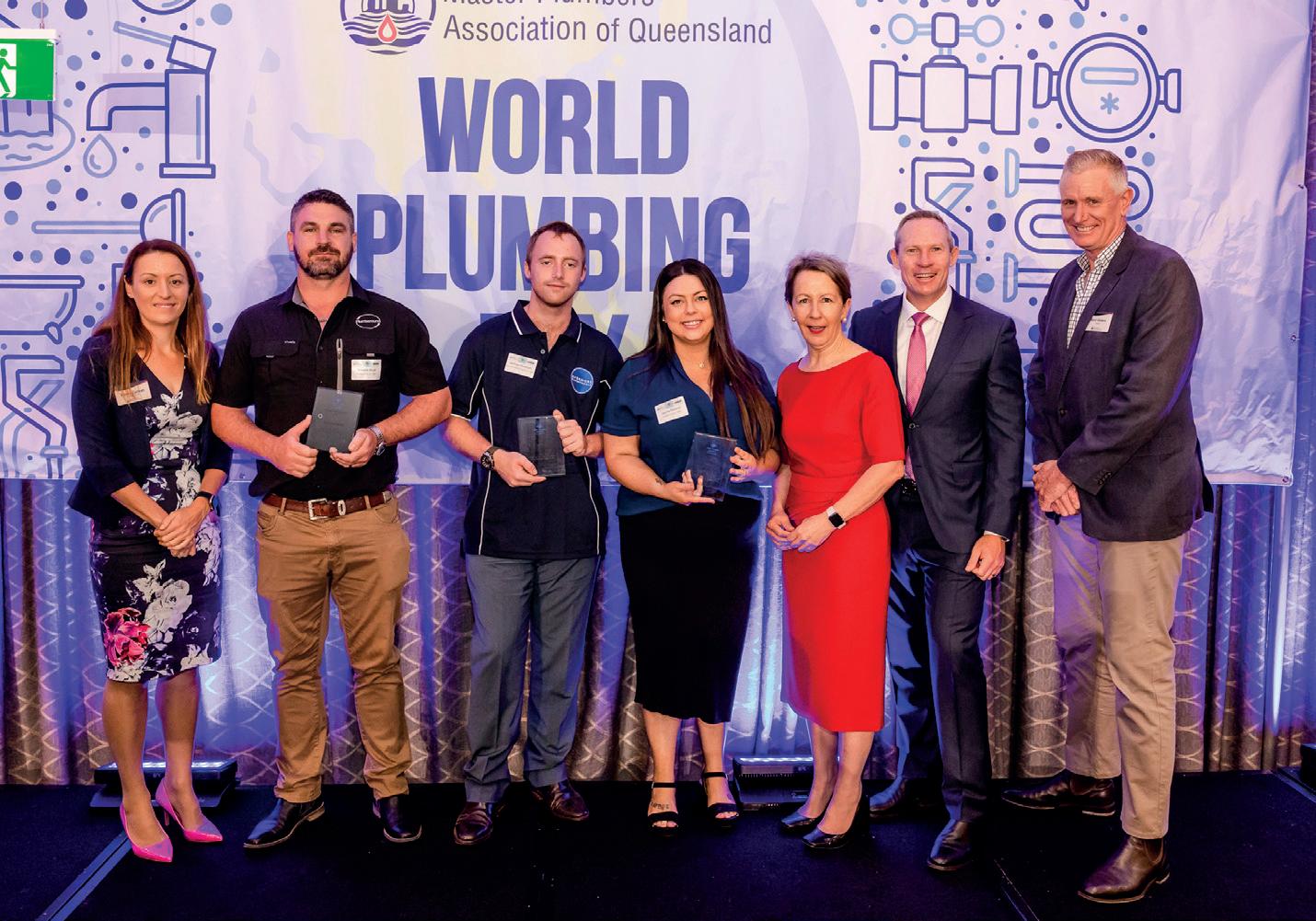
Warwick exudes passion when asked about his work as an ambassador. As if he is not busy enough running his business, he goes to trade expos across Queensland to talk to the youth and listen to their stories as part of this work. For him, the work is worthwhile as the future of plumbing and gas lies with the new generation.
“I really enjoy educating people about what plumbing is. I am privileged enough to supply fresh water and sanitation for people and it’s such an important role in society,” said Warwick. For him, it all starts with education – educating the youth early on and bringing in more women in the trades is crucial in creating a more sustainable and progressive future for the industry.
“That’s the beauty of what MPAQ is doing,” Warwick continued. “They’re helping build a pathway for the youth. They’re opening up more opportunities for women in plumbing and women in business.”
Right now, Plumbaround has five apprentices. With the trades industry poised to grow in the next few years, especially with construction ramping up to accommodate the shortage in housing and the upcoming Olympics, Warwick believes this is the time to put on more apprentices, who will hopefully soon become qualified tradespeople, ready to take on the job.
“These kids have a lot of challenges that they’re facing. What we’re doing at Plumbaround is making sure that there is a support network here for them. If everyone does the same, these kids will then turn into strong leaders who will sustain the future of sanitation and drought protection,” he said.
If it was up to Warwick, he would take on as many apprentices as he could. But the biggest roadblock: funding.
“I would put on more apprentices, but the costs associated with having an apprentice are huge and funding is a bit behind from the Government. There is a big misconception on the real cost on the business, and it comes down to our customers having to pay for it,” said Warwick.
“The shortage is not about kids not wanting to be plumbers. We have kids asking us to come and get an apprenticeship, but the problem is the cost for a business to put on an apprentice,” he added. If people nowadays are finding it hard to find apprenticeships, it’s not because businesses do not want to hire them. It’s the financial burden that comes with hiring apprentices that makes it economically challenging in these current times.
This is why Warwick poses the challenge not to career seekers to take up plumbing nor to business owners to take on more apprentices. Warwick calls out to the Government to subsidise the costs of apprenticeships and ensure that business owners are equipped and supported to provide the right training for the next generation of tradespeople.
“Small businesses support 70% of Australia’s population. The simple answer to this problem is for the Government to support and incentivise small businesses to do the right thing because they’re bearing the cost right now,” he said.
Australia is the driest inhabited continent in the world and 70% of it is arid land2. In fact, the Climate Council declared drought for 57% of Queensland in 2018. This is why Warwick has been a staunch advocate of educating people about the importance of water and the alarming rate at which this resource is becoming scarce.
“When I talk to young people, I always ask them, ‘What do you know about plumbing?’ There are a lot of commodities in Australia, but by far, most things are done due to the natural resource of water. One of the most expensive and important resources that we have is water. Put that on the world scale, this is the single thing that will allow us to live a good life on our planet,” said Warwick.
Sustainability is the key – and in part, this will only be possible when all generations work together to create new ways of doing things. Older generations have a wealth of knowledge to bring to the table, but the younger generation will have new ways to look at things and new skills that can bring on change – the good kind of change. Warwick said that he has something in the pipeline himself in the area of sustainability, and it’s innovations like these that will push the industry towards that sustainable future.
“We need innovation, and we need skilled people in all areas. Government needs to be smart about how they invest in the people. To keep Australia running, we need plumbers. We need young plumbers. We need everyone,” he said. Plumbaround alone cannot turn things around, but they are ready to do their part. Small businesses are ready to do their part.
It’s now the Government’s move.
Written by Jovi Figeroa, MPAQ Marketing and Communications Coordinator1 https://www.abc.net.au/news/2022-10-06/national-skills-commission-reportoccupation-shortages-soar/101505668
2 https://www.dcceew.gov.au/environment/land/rangelands#:~:text=Australia%20is%20 the%20driest%20inhabited,rainfall%20of%20250mm%20or%20less.
“I really enjoy educating people about what plumbing is. I am privileged enough to supply fresh water and sanitation for people and it’s such an important role in society.”(L-R) Penny Cornah, Executive Director of MPAQ; plumbing ambassadors Warwick Royal, Nick Anderson, and Jacinta Marshall; Hon. Dianne Farmer, Minister for Employment and Small Business and Minister for Training and Skills Development; Hon. Mick de Brenni, Minister for Energy, Renewables and Hydrogen and Minister for Public Works and Procurement; and Kent Vickers, President of MPAQ
Warwick believes this is the time to put on more apprentices, who will hopefully soon become qualified tradespeople, ready to take on the job.
Do your subcontractors meet testing requirements? Do they have a reputable management system? Was child labour used when your subcontractors procured their materials? These checks are all part of ISO 9001 – Quality Management.
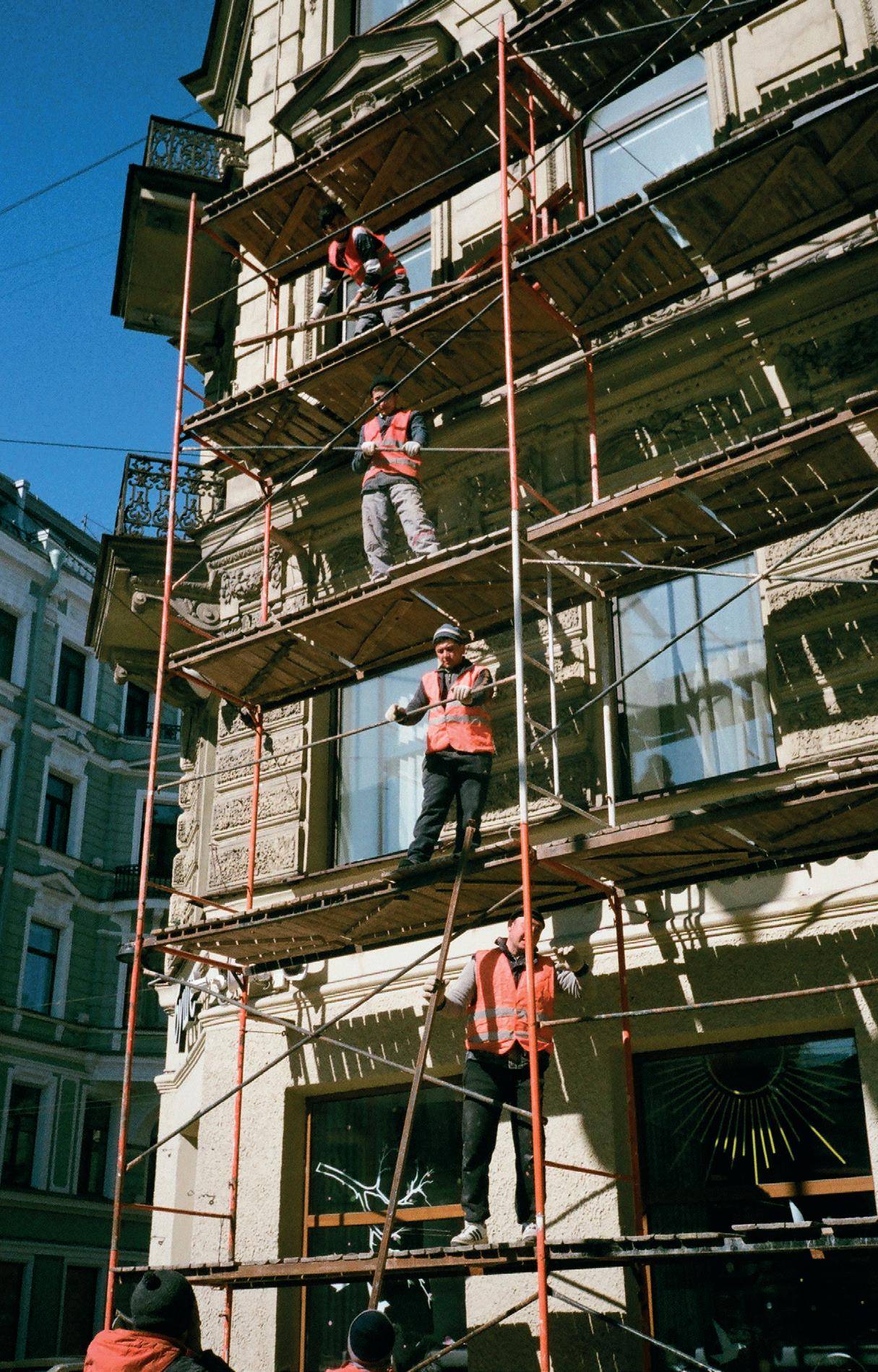
With a strong focus on clients’ needs, ISO 9001 even gets you to check the happiness of your customers.
Inspection and test plans are deeply important in construction and manufacturing. By applying for ISO 9001, you set up and cement the processes by which you can find faults and issues and rectify them.
ISO 9001 will create improvements for companies that can be passed on to every stakeholder – and will look very impressive during tender time.
Picture this: You’re building on a site in a major Australian city with complex sewer drainage systems. You need to handle runoff and stop chemicals from getting into the environment – in fact, your company winning its next tender depends on it.
When a construction company built a multi-storey residence this year in Rouse Hill, Sydney, the builders made a wise investment. By gaining certification for ISO 45001, the company set in place management processes to ensure subcontractors’ safety standards, Safe Work Method Statements, equipment testing, and personal protective equipment (PPE) were all reliable. The flow-on benefits: the subcontractors’ standard of work was elevated, they operated in the safest manner, the company won more business by demonstrating their high professional standards, and at the end of the day, tenants will have a quality product built to standard.
When a New-South-Wales-based concrete pylon company applied for ISO 9001, it engrained methods to test its concrete mixes and improve its inspection and test plans, checks and balances, saving money, improving the management of timeframes, and raising the product quality for customers.
Then there was the situation of an Australian construction company that recently found itself severely short-staffed, adopted ISO 9001 and was able to undertake a major recruitment drive with higher-quality processes.
What do these stories all have in common? ISO certification is the answer.
ISO 45001 provides requirements for an effective Occupational Health and Safety management system, helping to reduce injuries and accidents in the workplace and continually improve the OH&S performance of your business. It’s a hugely sensible decision to invest in ISO 45001 because as an ISO 45001 certified business, you will be able to proactively identify and address potential hazards in your workplace – making it safer for employees and all staff and then reduce costs of accidents, insurance premiums, employee turnover, and absences.
The standard also trains you to check your suppliers to ensure they’re delivering. This is professionalism that will help you as a bidder stand out during procurement.
The Australian Government released its National Waste Policy and Action Plan in 2018 and 2019, bringing sustainable procurement into the centre of the outlook for all governments, with the Commonwealth Procurement Rules making sustainable procurement, the use of recycled content, and a circular economy an essential requirement for government tenders. This should make your business frustrated if you haven’t yet invested in the right ISO – or, if you have, you can expect to feel relieved you already have environmental policies that meet international standards.
Considering the importance of keeping construction and manufacturing from harming the environment, Environmental Management System ISO14001 is practically a must-have these days – and the management process you establish while preparing for ISO 14001 can support your efforts to attain ISO 9001 and ISO 45001, too.
Work towards accreditation for all three of these ISO standards and you’re investing in your business.
The three complement each other, and the clauses of each standard can be similar – understanding your stakeholders; having a management system; and controlling recruitment and documentation in the most efficient way.
Work with QMS Certification Services to gain the three ISOs and here are the benefits:
• Reduce waste (by following an environmental management system)
• Gain competitive advantage (because you’re likely to be shortlisted among tender applicants because you’ve met half the requirements already)
• Pass pre-qualification questionnaires more assuredly.
• Give stakeholders reasons to trust your company.
The average amount of time it takes to design, implement, and certify for these three ISO certifications depends on the size and complexity of your organisation – and is expected to bring strong benefits.
For more information about ISO certification, visit QMS Certification Services at www.qms.com.au or call 1800 065 800. Article written by Barry Fairman, QMS Certification Manager.
In 2023-24, WorkCover Queensland’s average net premium rate will move to $1.29 per $100 of wages after discounts, from $1.23 in the 2022-23 financial year. This is only the second time in over a decade that the premium rate will increase.
Despite the modest increase, WorkCover Queensland still offers one of the lowest average premium rates in Australia and some of the best return-to-work rates for a workers’ compensation scheme in the country, supporting nine in ten Queenslanders to get back to work after a work-related injury.
WorkCover Queensland CEO Bruce Watson said this modest premium rate rise is necessary to secure Queensland’s workers’ compensation safety net for the future.
“WorkCover Queensland offers exceptional value for money to our policyholders. As a government-owned, self-funded workers’ compensation scheme, we’re one of the most financially sustainable funds in the country. Our disciplined financial management has enabled us to weather the external market pressures of the last few years. In the 2021-22 financial year, we supported Queensland employers through over 63,000 statutory claims and almost 3,000 common law claims. However, the profile of the injuries we cover is changing. Mental injury and complex injury claim numbers are rising, which is costing us more and creating pressure on our scheme, mirroring the trends we’re seeing across Australia.”
An individual employer’s premium rate is dependent on their wages, their claims performance, and that of their industry.
The key way an employer can influence their individual premium is by creating a safer workplace and reducing injuries at work. More than 50 per cent of our policyholders will see a reduced premium rate this year, due to proactiveness with safety and supporting injured workers to get back to work safely.

Employers can influence their individual premium rate by:
• Better understanding of how their premium is calculated.
• Declaring wages and paying premium on time and taking advantage of our early payment discount.
• Creating safer workplaces and reducing injuries. The lower the claims costs, the lower the premium.
• Supporting workers who are injured at work to get back sooner by offering suitable duties.
For more information, contact Workplace Health and Safety Queensland at 1300 362 128.
Article from www.worksafe.qld.gov.au
There has been an increase in the maximum pay rate to $2,116 per week for all claims from workers and employers in the building and construction industry.
The new capped rate will apply to all claims made during the period from 1 July 2023 to 30 June 2024.
The capped weekly rate for claims was implemented on 1 January 2009, to ensure the future of the portable long service leave scheme. Each year, the capped rate is reviewed to ensure it is appropriate and aligned with the current rates in the industry.

Workers are eligible to claim long service leave once they have accumulated a minimum of 2,200 service credits with QLeave, which is equivalent to 10 years of industry experience. Workers may be eligible to claim after seven years if they permanently stop working in the industry and have recorded at least 1,155 service credits.
Employers can claim reimbursement from QLeave for a portion or the full long service payment made to a worker who has been employed with them for 10 years or more, up to the capped amount.
If you need any further information, contact QLeave on 1300 753 283.
Article written by Qleave.

As of 26 November 2021, the newest version of the CPC Construction, Plumbing and Services training package took effect and superseded the previous versions. Some units of competency that MPAQ delivers have changed due to the national requirement for the prerequisite units. The following units of competency now have prerequisite units:
UNIT OF COMPETENCY PREREQUISITE UNITS
CPCPWT4022
Commission and maintain backflow prevention devices
CPCPWT4023 Commission and maintain hot and heated water temperature control devices
CPCPGS4022 Service Type A gas appliances
• CPCPCM2043 Carry out WHS requirements
• CPCPWT3027 Install backflow prevention devices
• CPCPCM3023 Fabricate and install nonferrous pressure piping
• CPCPCM2043 Carry out WHS requirements
• CPCPWT3022 Install and commission water heating systems and adjust controls and devices
• CPCPCM2043 Carry out WHS requirements
• CPCPGS3053 Disconnect and reconnect Type A gas appliances
Prerequisite units are intended to ensure that everyone entering a particular course has studied and achieved an appropriate level of knowledge in the subject area necessary to undertake a course successfully.
A prerequisite unit is a unit of competency in which a learner must be deemed competent before enrolling in another more advanced subject/unit of competency. Therefore, the sequence of delivering a unit must comply with prerequisite requirements when specified. Prerequisites are a minimum entry requirement for admission to some courses.
MPAQ has developed a Recognition of Prior Learning (RPL) process that is streamlined to assist in the completion of the prerequisite units required for applicable applicants.
Planning ahead for the completion of prerequisite units prior to further training.
When there are prerequisite units that need to be completed before other training, it is a crucial step to plan to ensure a smooth and successful learning experience. Prerequisite units are essential knowledge or skills that students must possess before enrolling in the units listed above. Here’s a step-by-step guide to help you plan effectively:
1. Check the course requirements and carefully review their prerequisites and any other requirements needed. A prerequisite unit is any unit or units in which a learner must be deemed competent before enrolling in the initial course that they are interested in. Therefore, the sequence of delivering a unit must comply with prerequisite requirements when specified. You can do this by talking to our Training Services Team or by checking out the MPAQ website.
2. Evaluate your existing qualifications, work experience, and relevant skills to see if you meet the prerequisite requirements. If you haven’t completed the prerequisite units or the ones that you completed are no longer current, please speak to the Training Services Team.
3. Seek recognition of prior learning (RPL). If you have relevant work experience or skills gained through formal and non-formal learning, this will be used to determine if you meet the requirements for the prerequisite unit.
4. You must have a competency conversation with your trainer. A competency conversation enables the learner to provide a clear response to questions on how they have ‘applied’ their knowledge and skills in a practical situation in the workplace.
5. You must also fill in a self-assessment. A self-assessment occurs when learners assess their performance, reflect on and critically evaluate their skills and knowledge, and identify gaps.
6. Your employer will need to fill in a third-party report. Third party evidence is evidence gathered from workplace supervisors, peers, and others to support an assessment decision.
7. Determine how long it will take you to complete the prerequisite units and whether they can be completed simultaneously with other courses or commitments. Create a realistic timeline for your learning journey, considering any personal or professional obligations.
8. Once you have completed the prerequisite units or demonstrated the required competencies, you can enrol in the initial course that you were interested in.
9. During your learning journey, stay organised, manage your time effectively, and remain committed to your learning goals. Regularly review your progress and seek support if needed.
By following these steps, you’ll be better prepared to undertake further training that has required prerequisite units.
For further information relating to the prerequisite units, please contact the Training Services Team on 07 3273 0800.
Article written by Tracy Bob, MPAQ Training Services Manager
MPAQ has a QBCC-approved online course for plumbers who wish to gain an endorsement on their licence to evaluate the design, plan, and install solar and heat pump water heating systems. Discounts of up to $285 apply for MPAQ members and a CSQ subsidy of up to $375 may be available to you.
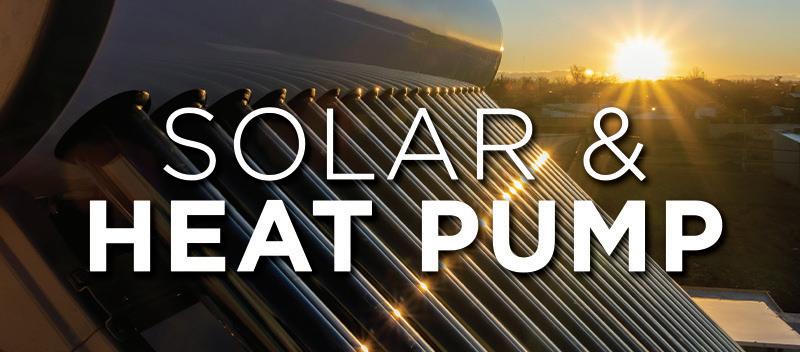
There may be an increase in demand for licensed tradespersons to work on solar and heat pump water heating systems following the launch of the Climate Smart Energy Savers program. The Queensland government initiative will provide financial assistance for households to purchase energy-efficient appliances. Up to $1,000 in rebates are available for solar and heat pump water heating systems.
MSMSS00019
Operate a drain cleaning system (Skill set)
CAIRNS 22-23 September
MACKAY 4-5 October
ROCKHAMPTON 31 Oct-1 Nov
BRISBANE 6-7 November
CPCPWT4022
Commission and maintain backflow prevention devices
CAIRNS 18-20 September
BUNDABERG 23-25 October
BRISBANE 21-23 November
CPCPWT4023
Commission and maintain hot and heated water temperature control devices
CAIRNS 21 September
MACKAY 10 October
ROCKHAMPTON 12 October
BUNDABERG 26 October
BRISBANE 24 November
How do I know if my machine is Class A or Class B?
You will need to look at the data plate on your machine to find out the pressure in PSI and the flow rate in litres per minute (L/M). Once you have the pressure in PSI, we will need to divide it by 14.5 to get the pressure in bar. (14.5 is a constant and does not change, it will convert PSI to bar pressure.) After that, multiply the bar pressure by the flow rate.
As an example, we can look at a fairly standard plumbers jetter with a pressure of 5000 PSI and a flow rate of 21 litres per minute:
• 5000 PSI / 14.5 = 344 bar
• 344 bar x 21 l/m = 7224 bar litres
= Class B as above 5600 bar litres
If your jetter is below 5600 bar litres, it would be classified as a Class A jetter.
Generally speaking, most plumbers opt for a high-powered set up that usually classifies it as a Class B machine. Where can I get the appropriate training?
MPAQ is proud to be offering MSMSS00019 – Operate a drain cleaning system. The “jetter course,” as we refer to it, is a nationally recognised skill set comprising of four units of competency.
If your Jetter is above 5600 bar litres, you are required to have the relevant training to operate it.
It is legislated in AS 4233.1:2013 – High pressure water jetting systems that anyone operating a Class B machine shall have appropriate training delivered by an RTO based on high pressure water jetting unit of competency. It is also a requirement under the Work Health and Safety Act 2011 that a Person Conducting a Business or Undertaking (PCBU) must ensure, so far as reasonably practicable, the health and safety of workers and the public. This includes the provision of any information, training, instruction, or supervision that is necessary to protect all persons from risk to their health and safety arising from work carried out as part of the conduct of the business or undertaking.
As a business owner, it is a requirement to provide the relevant training to your staff to ensure they don’t hurt themselves or a member of the public while operating the jetter.
The skill set allows plumbers and drainers to operate a Class B jetter independently.
The course is mostly safety-based and will not teach plumbers how to unblock a drain. Participants will develop their knowledge and skills on the safety of the operator, risk assessment, and safety of surrounding property and the public. The course will ensure plumbers are operating the machine safely and within the current Australian Standards.

Upon successful completion, candidates will receive a Statement of Attainment and a Medical Alert Card which should be kept on their person while operating the jetter.
Please note: if you operate a Class A machine, you do not require this course.
To find out more about this course, visit www.mpaq.com.au/course/jetter
Article written by Stuart McConnell – EngTech (MIGEM), MPAQ Technical Officer
Core skills include a wide variety of communication and people skills, social attitudes, personality traits, and emotional intelligence. These qualities are increasingly important for success in the workplace. Everyone can benefit from focused training and development to help them realise their full potential. MPAQ’s core skills courses cover Business Administration, Personal Development, Working in a Team, and Work Health and Safety.
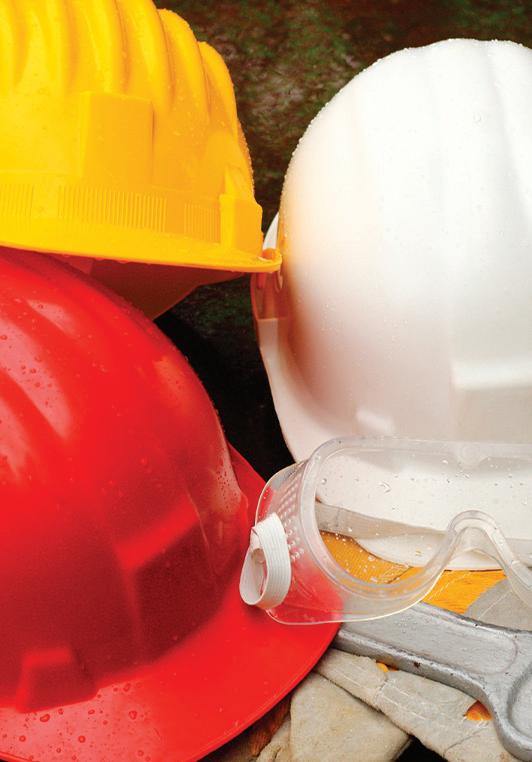
Workplace Health and Safety core skills courses relate to skills and knowledge for the safe execution of tasks in an office or construction environment. The courses include:
• Fire Safety
• Manual Handling
• Office Ergonomics
• Risk Management
• Silica Dust Awareness
• Working in hot and cold environments
• Asbestos Awareness
These can be completed online at your own pace. MPAQ members are eligible for a discount and CSQ Funding is available.
For more information or to enrol, visit www.mpaq.com.au/course/ core-skills-courses.
Charity Golf Day 2023

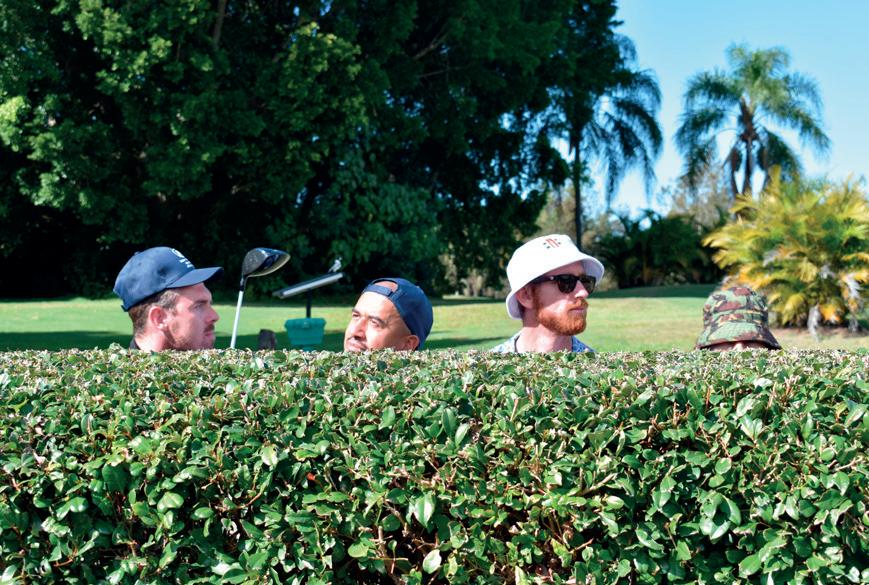
22 September 2023
Keperra Golf Club
Plumbing & Gas Industry Awards 2023
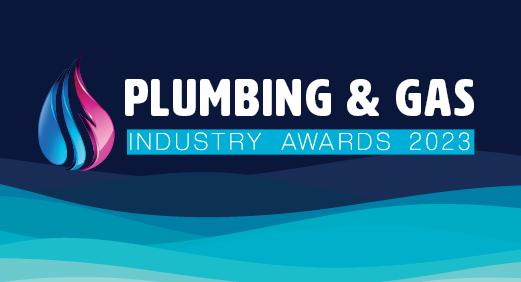
6 October 2023
Brisbane Convention and Exhibition Centre
Women’s Plumbing Alliance
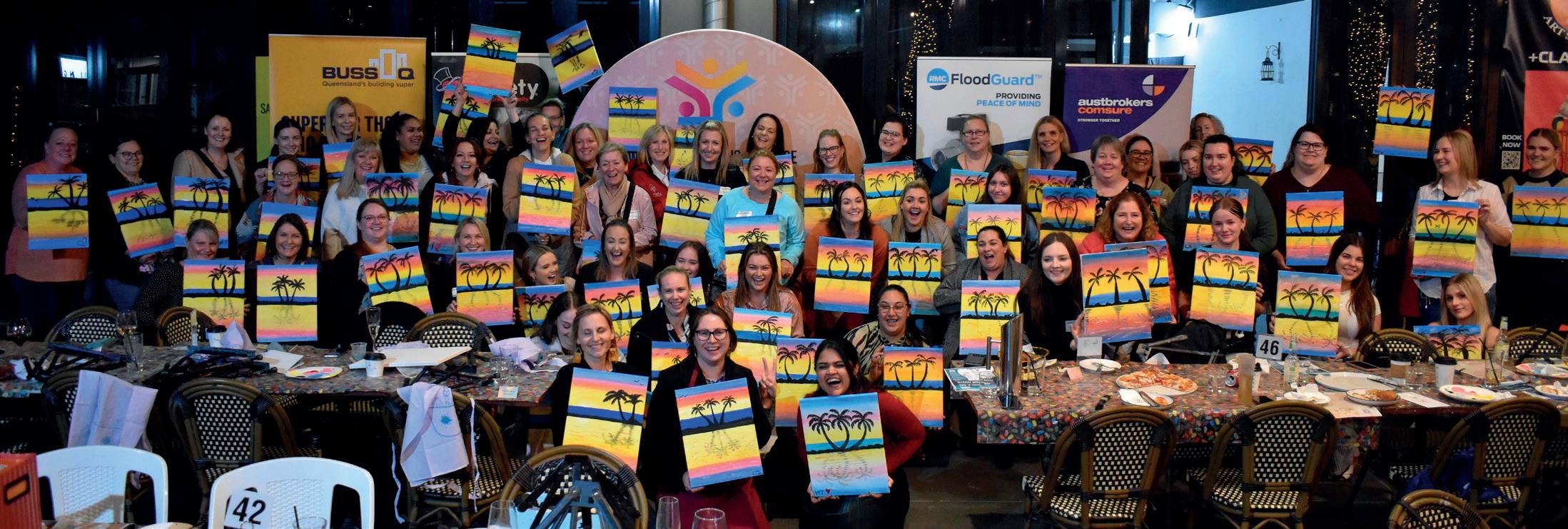
Christmas Lunch
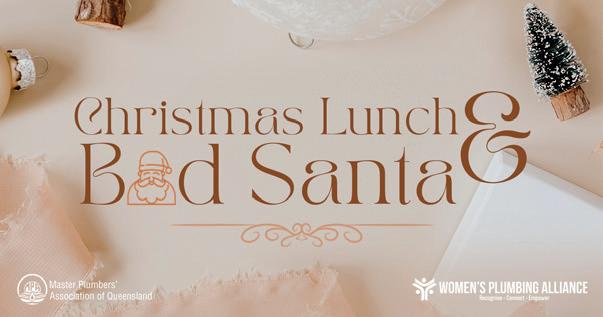
23 November 2023
La Belle Vie Bistro
In 2023, MPAQ is excited to be supporting Variety – the Children’s Charity as our 2023 Charity Partner.
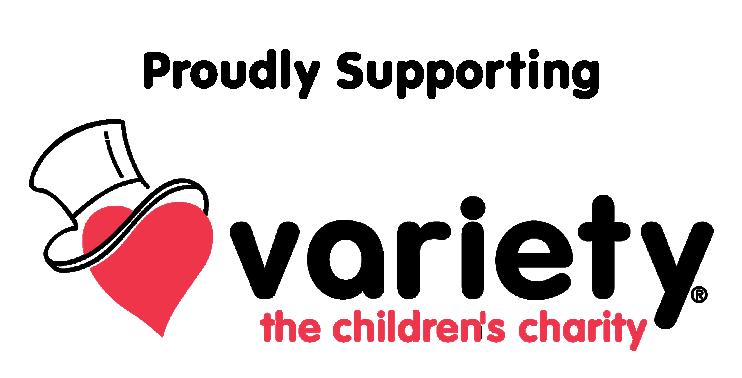
All kids should be able to follow their dreams and be the best they can be. No matter what life throws at them. No matter what their ability.
Each year, thousands of kids who are sick, disadvantaged or living with a disability, get support from Variety – the Children’s Charity when they need it most. With a vision for all Australian children to attain their full potential, regardless of ability or background, this important charity will be working with MPAQ to ensure no child is left behind.
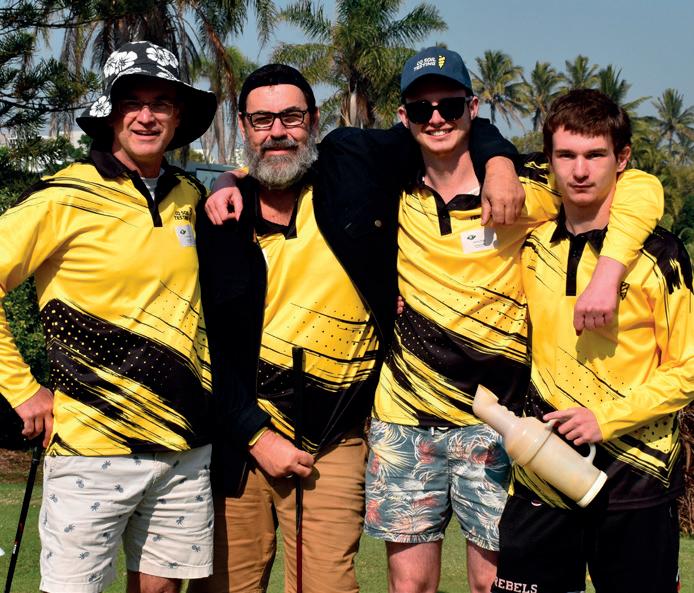
Find out more at www.variety.org.au
Scan here for the full schedule of events:







































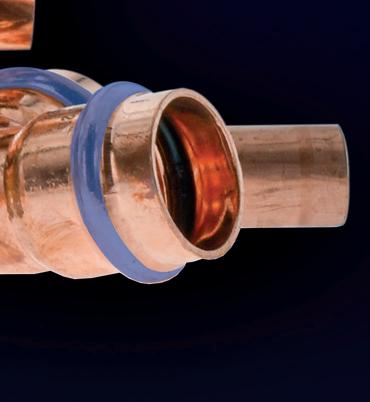






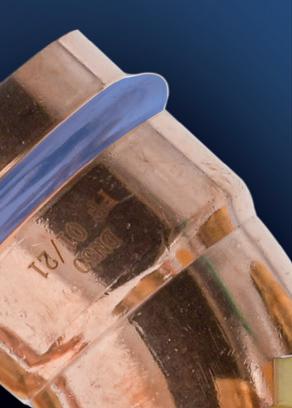







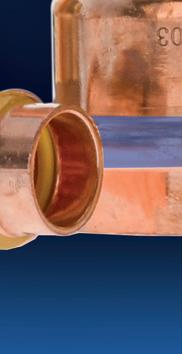

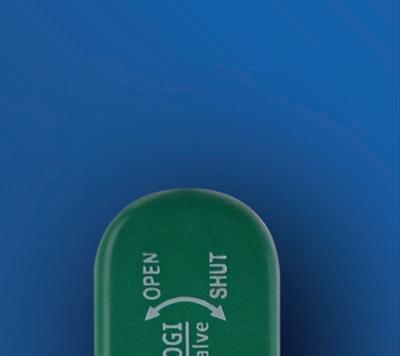



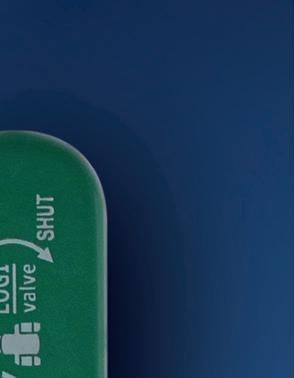






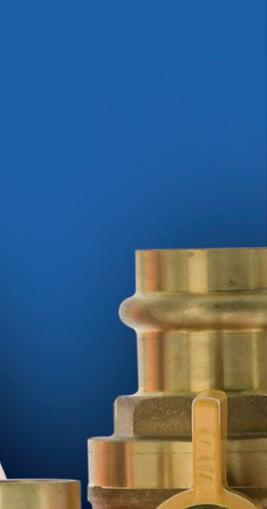





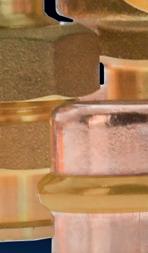









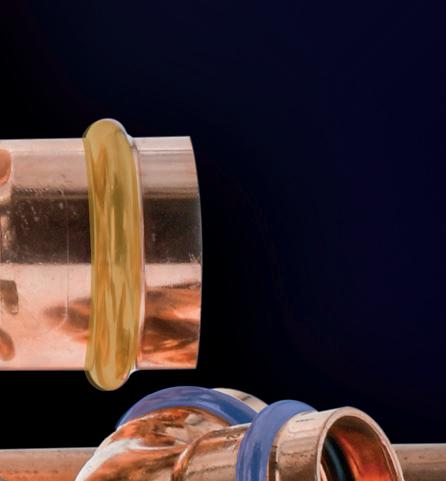







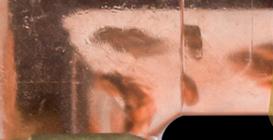
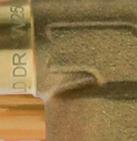

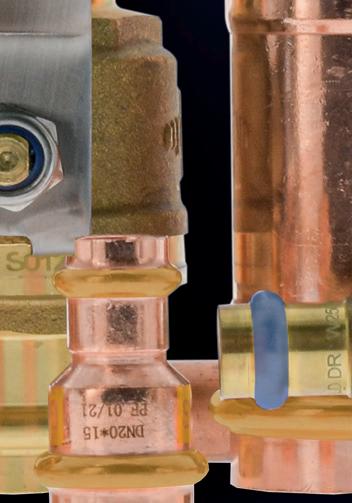

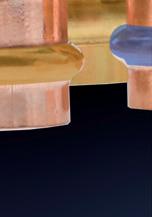


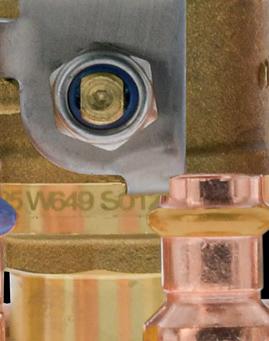










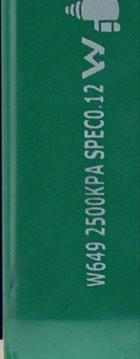
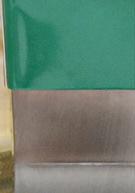


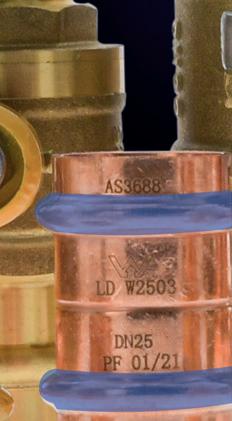



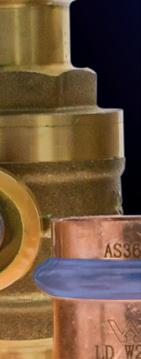
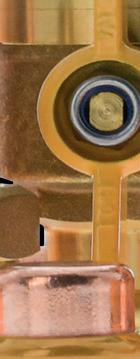

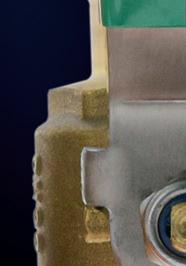

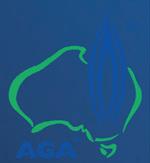
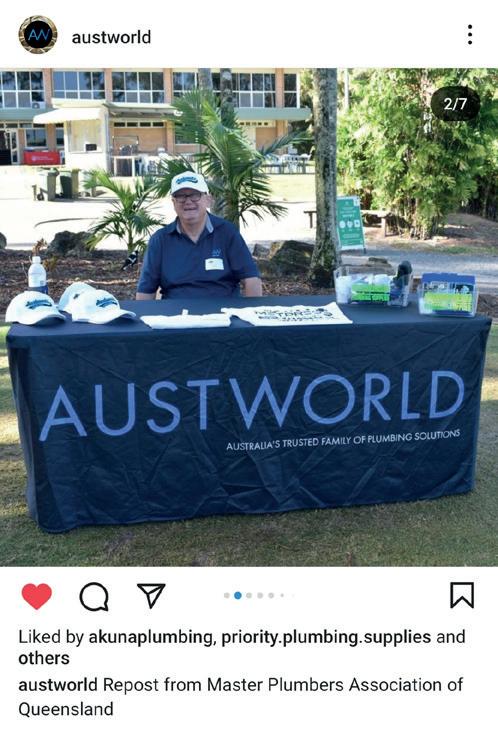
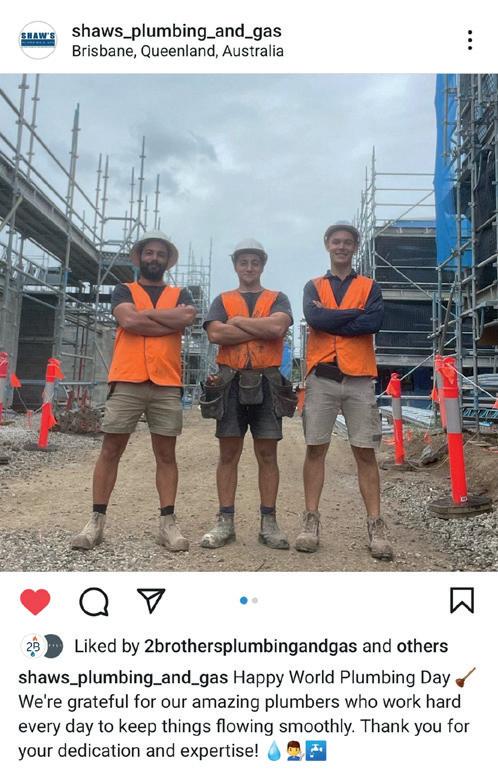
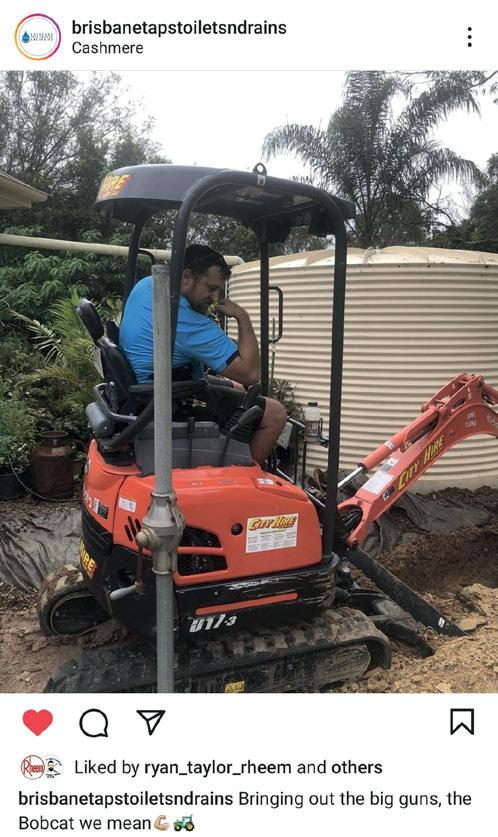
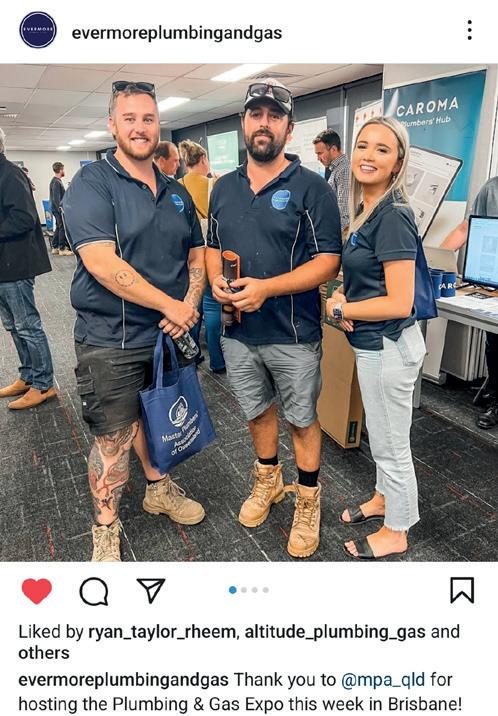
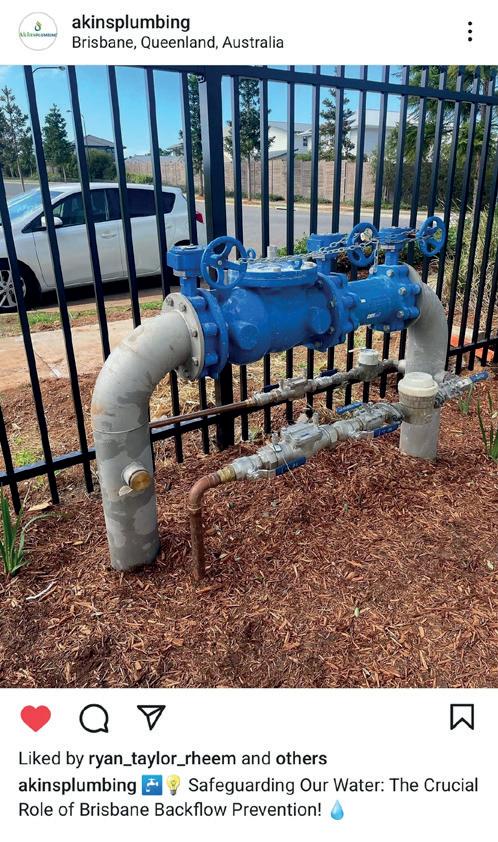

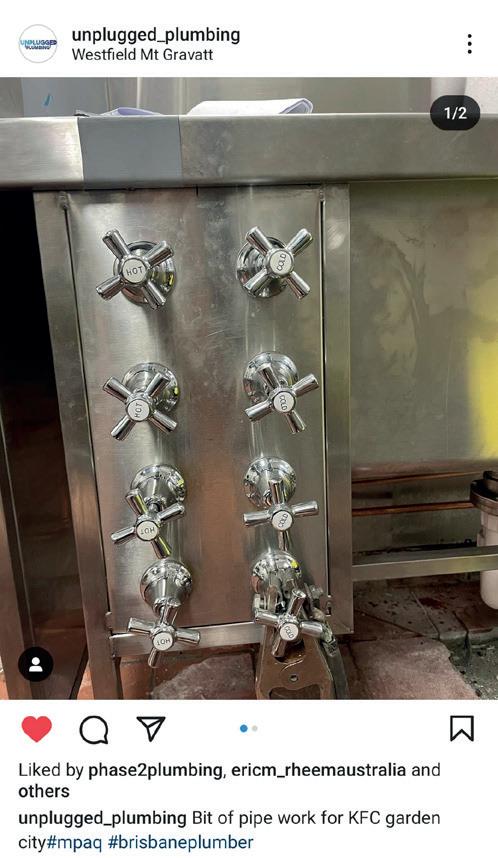
Founded by John Franklin in 2017, Franklin Plumbing and Gas marks its five-year membership milestone.
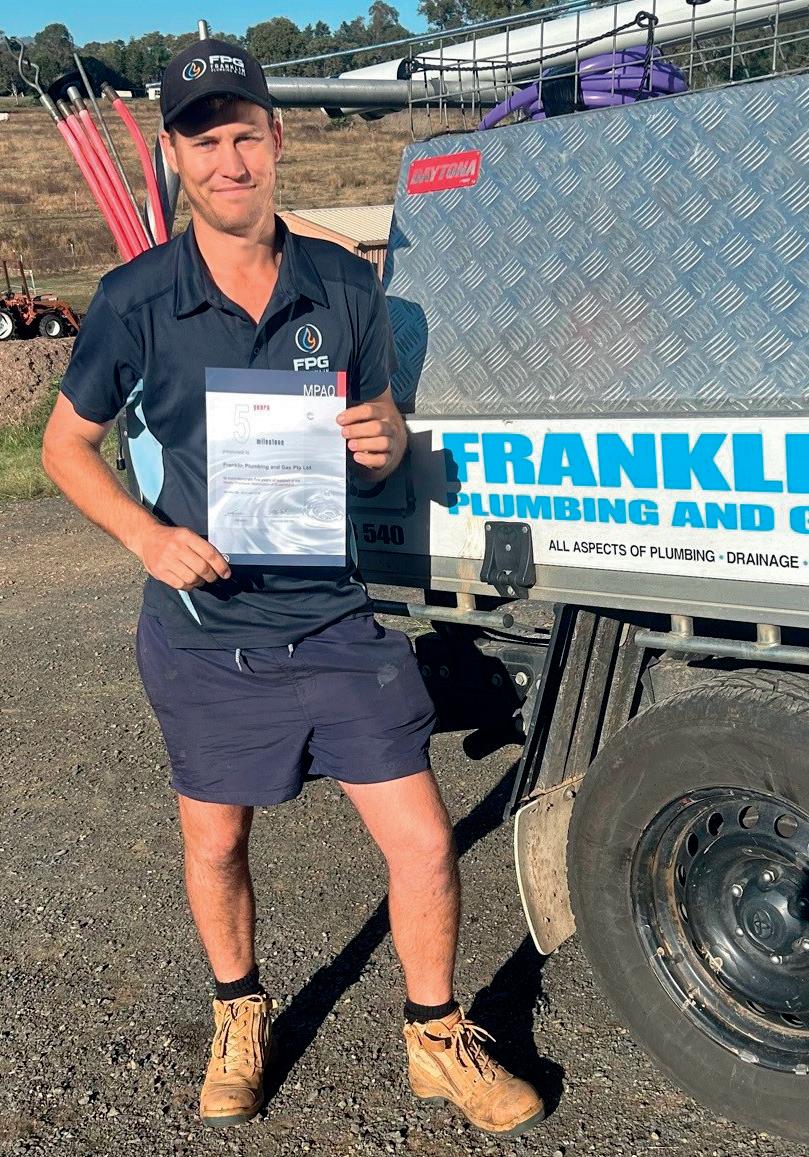
What began as a solo venture has blossomed into a team of eight professionals specialising in plumbing and gas services. Their achievements include team expansion, notable projects, and nominations for awards for service excellence and apprentices.
Franklin Plumbing and Gas identified that the plumbing and gas industry is regarded as a respected and professional trade, and the support from their 5-year membership with MPAQ has been pivotal to their success. Looking ahead, the company is dedicated to fostering team growth and contributing to industry development, showcasing a bright future in the plumbing and gas sector.
Congratulations Franklin Plumbing and Gas!

Ü New Stainless Steel Frame
Ü New Stainless Steel Reels
Since 1956, Abey Australia has built its reputation on innovation and quality. As a third-generation family-owned business with over 4,000 products, Abey Australia has grown to encompass two distinct aspects within the domestic and commercial products market. Providing a unique spectrum of “Behind the Wall” trade products and “Before the Wall” designer and architectural products, Abey’s products are held in the highest regard amongst industry professionals.

Ü New Stainless Steel Cobra Loc
Innovation is in Abey’s DNA. With a state-of-the-art manufacturing facility in Victoria, Abey’s been designing and manufacturing products for the Australian tradie market for over 67 years. A vast range of products including plumbing clipping systems, flexible connectors, gas flueing, stainless steel building connectors, flashing, and a broad range of accessories are manufactured daily.
Abey sees manufacturing in Australia as an opportunity. Utilising automation and lean manufacturing processes has seen Abey being able to compete with cheap imports. Having control over the manufacturing process has also allowed Abey to produce products that are of a higher and more consistent quality and conform to our Australian business standards.
With representation in every State, Abey’s products are sold and supported nationally in all major hardware, plumbing, and building merchants.
Visit www.abey.com.au to find out more.
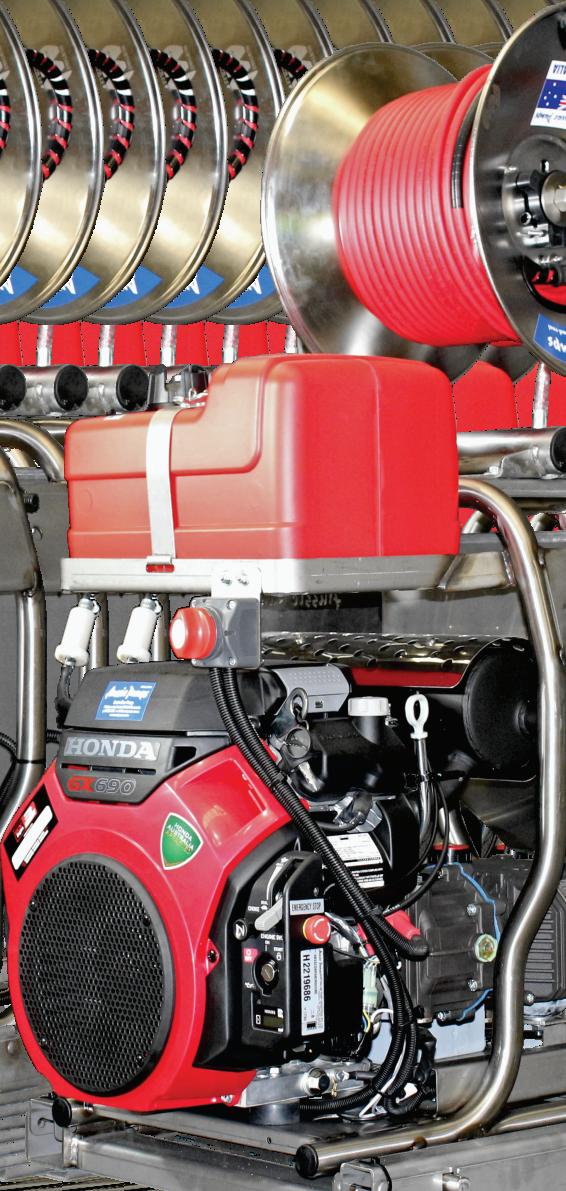 John Franklin
John Franklin
The highly anticipated Australian Plumbing and Gas Conference (APGC) is coming to the Gold Coast in 2024. The APGC provides an exceptional opportunity for plumbers, gas fitters, industry experts, business owners, and support staff to connect with like-minded professionals and expand their industry and business knowledge.
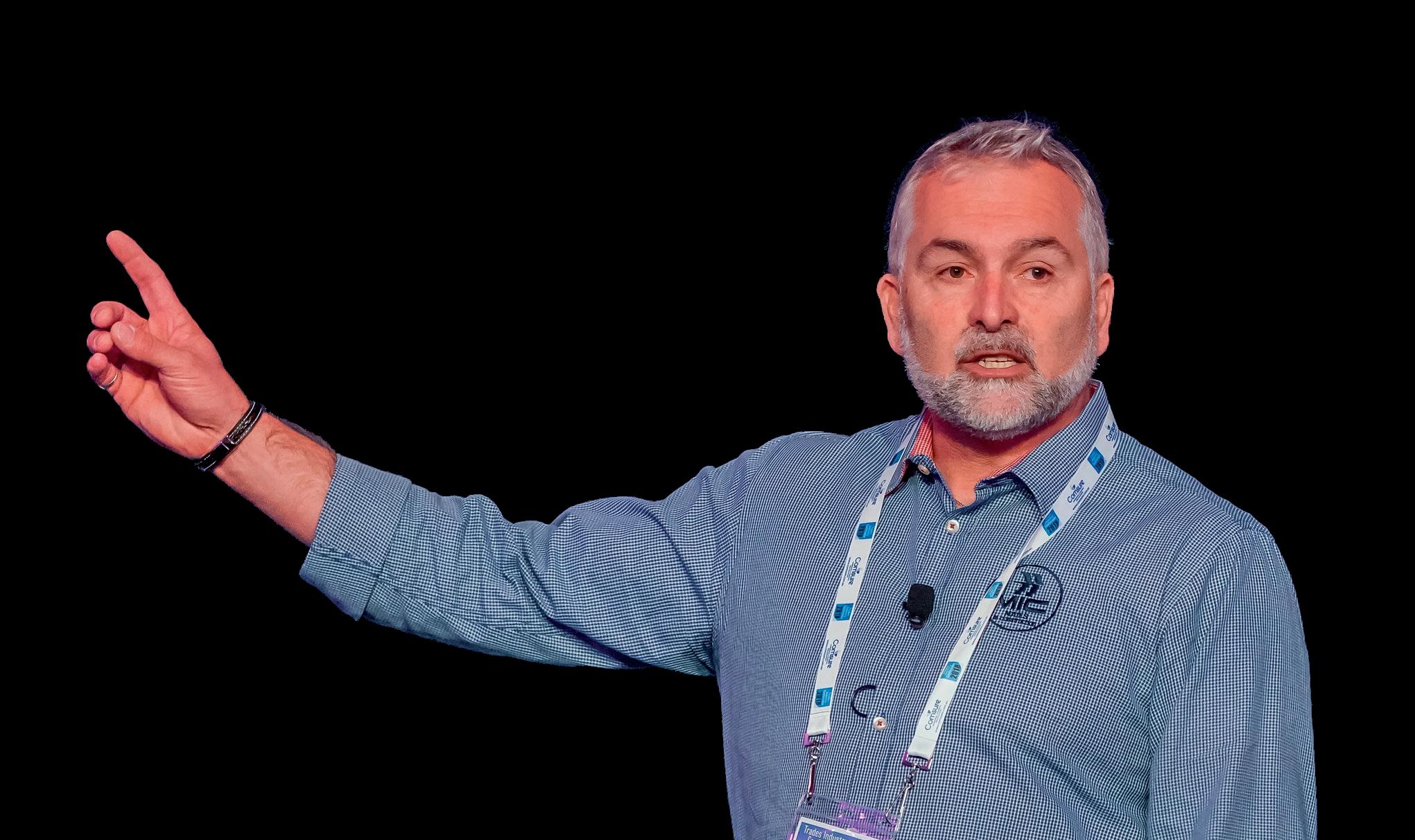
The conference boasts a remarkable lineup of inspiring speakers, engaging workshops, interactive sessions, networking opportunities, and empowering leadership sessions. Delegates can expect a diverse range of sessions covering plumbing and gas technical topics, safety, future innovations, marketing, business best practice, technology, and more.
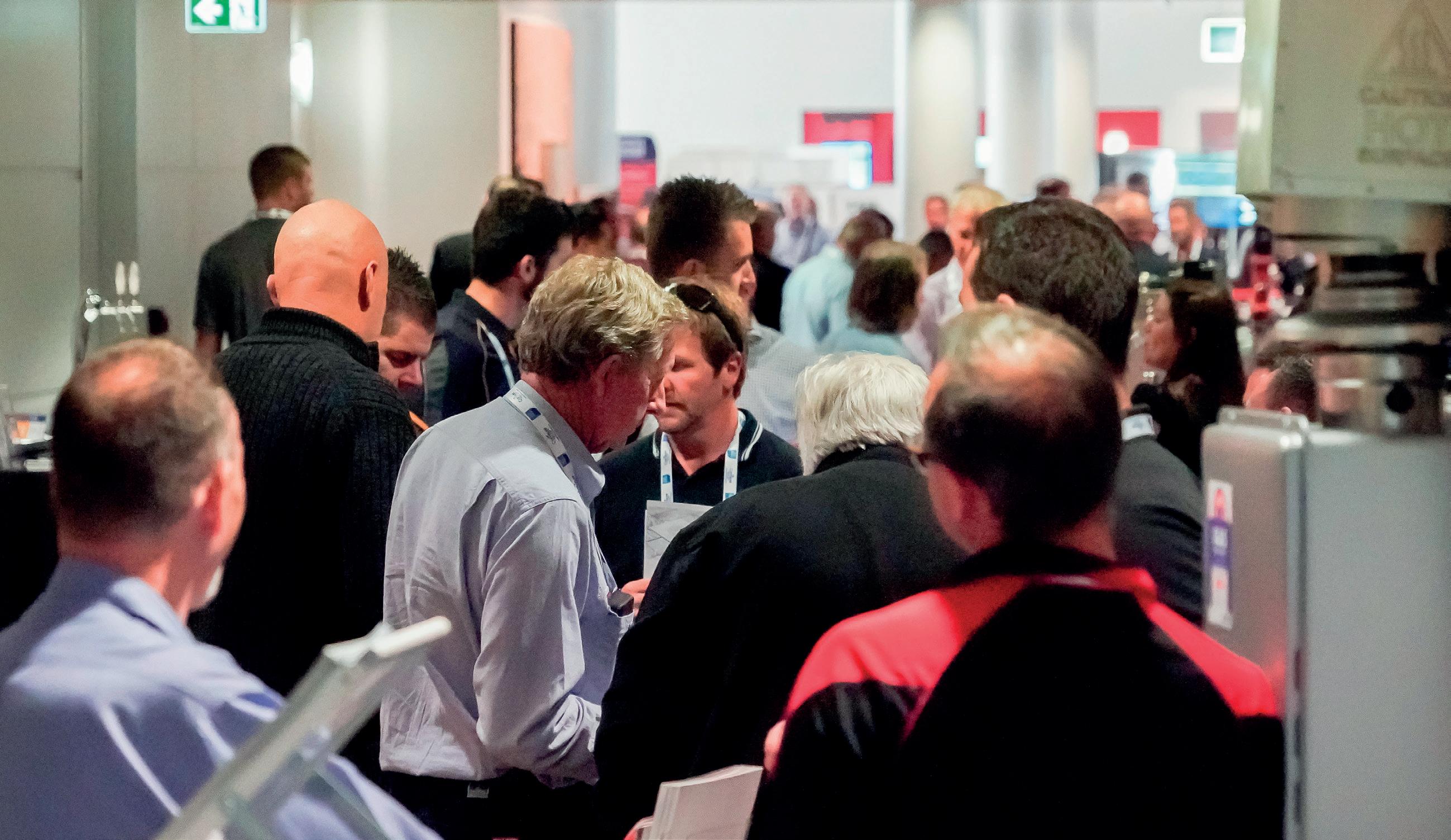

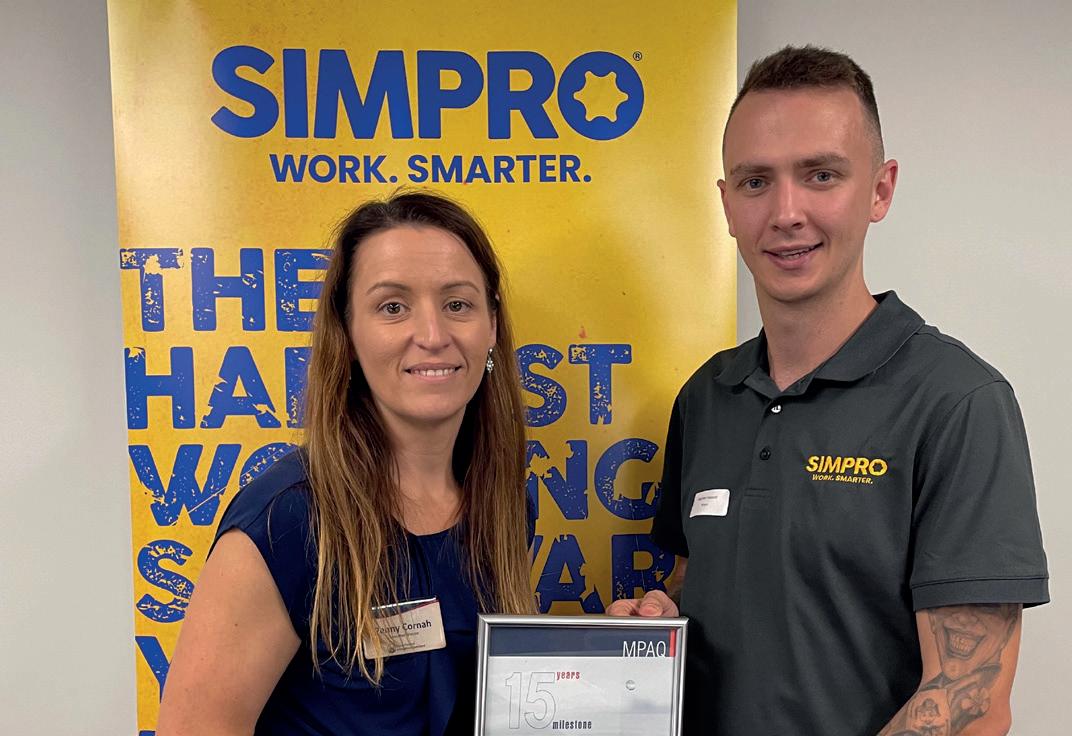
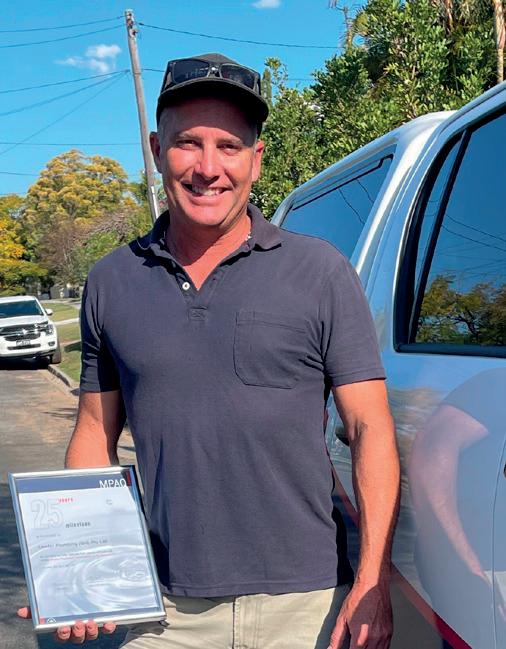
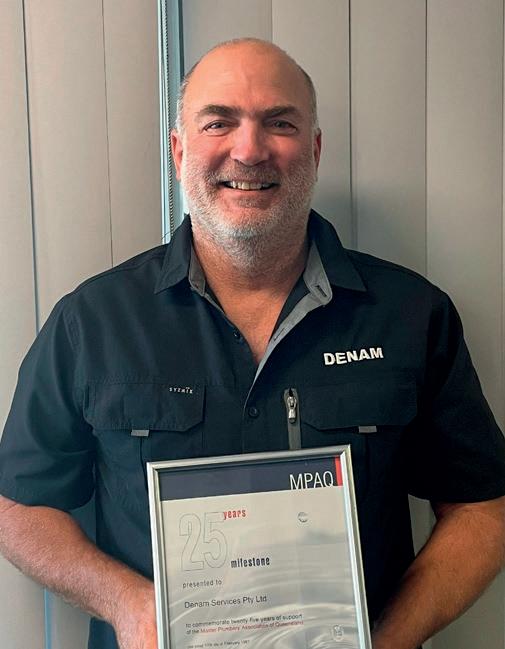 Kent Vickers (left), MPAQ President, and Penny Cornah (right), MPAQ Executive Director, with Glenn Bowyer and Gavin Folan, CC P & D Pty Ltd
Penny Cornah, MPAQ Executive Director, and Stephen Hassett, Simpro
Dennis Hastie Denam Services Pty Ltd
Kent Vickers (left), MPAQ President, and Penny Cornah (right), MPAQ Executive Director, with Glenn Bowyer and Gavin Folan, CC P & D Pty Ltd
Penny Cornah, MPAQ Executive Director, and Stephen Hassett, Simpro
Dennis Hastie Denam Services Pty Ltd
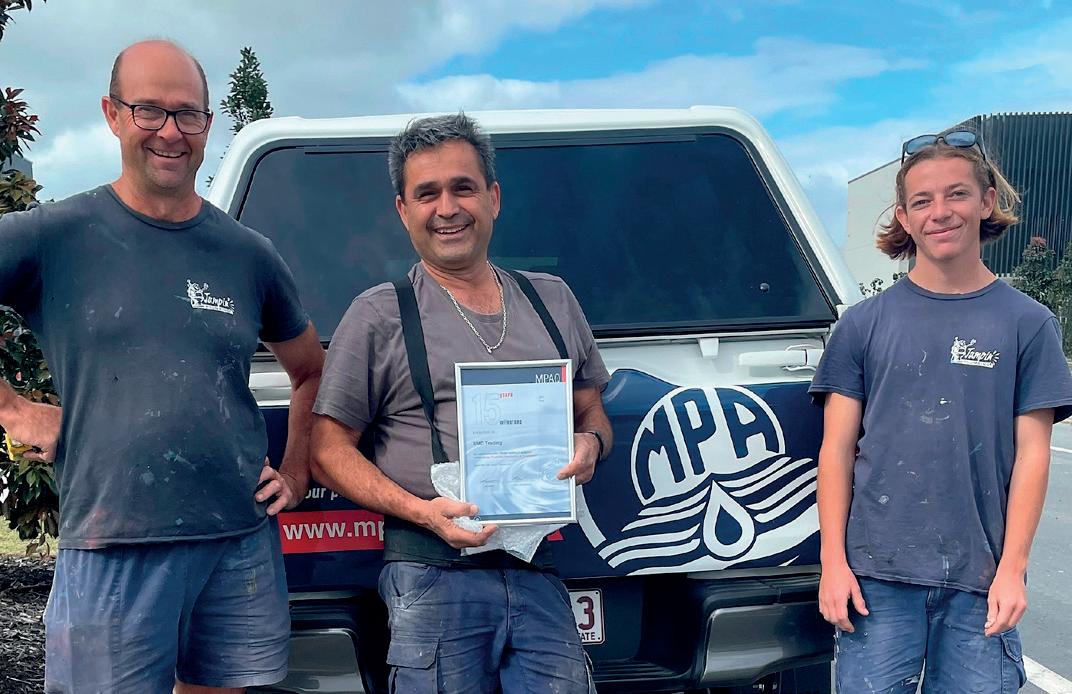
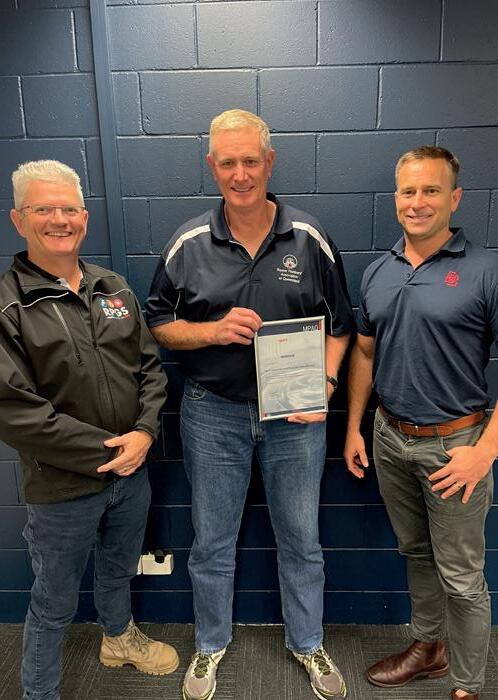

 Jason Petersen, Erhan Dursun, and Toby, EMD Trading
Pat Robertson (left) and Michael Ryan (right) MPAQ Vice Presidents with Kent Vickers (centre), QLD Industrial Gasfitting Services Pty Ltd
Jason Petersen, Erhan Dursun, and Toby, EMD Trading
Pat Robertson (left) and Michael Ryan (right) MPAQ Vice Presidents with Kent Vickers (centre), QLD Industrial Gasfitting Services Pty Ltd
Jordan Lilley 4Eyes Plumbing and Gas
Nicholas Sarikas Adapt Installations and Maintenance Pty Ltd
Marco Otaola Ago Vires PTY LTD
Andrew Bishop AJ Bishop Plumbing & Gas
Shelton Allenberg All Plumbing and Gas Services
Craig Barnewall Barneys Plumbing
Glenn Mundy Better Call Plumbing
Brodie Ciesiolka BLC Plumbing
Brisbane North
Gold Coast
Country
Brisbane North
Gold Coast
Brisbane South
Brisbane South
Toowoomba
Brendan Ratcliff Brendan Ratcliff Plumbing Gold Coast
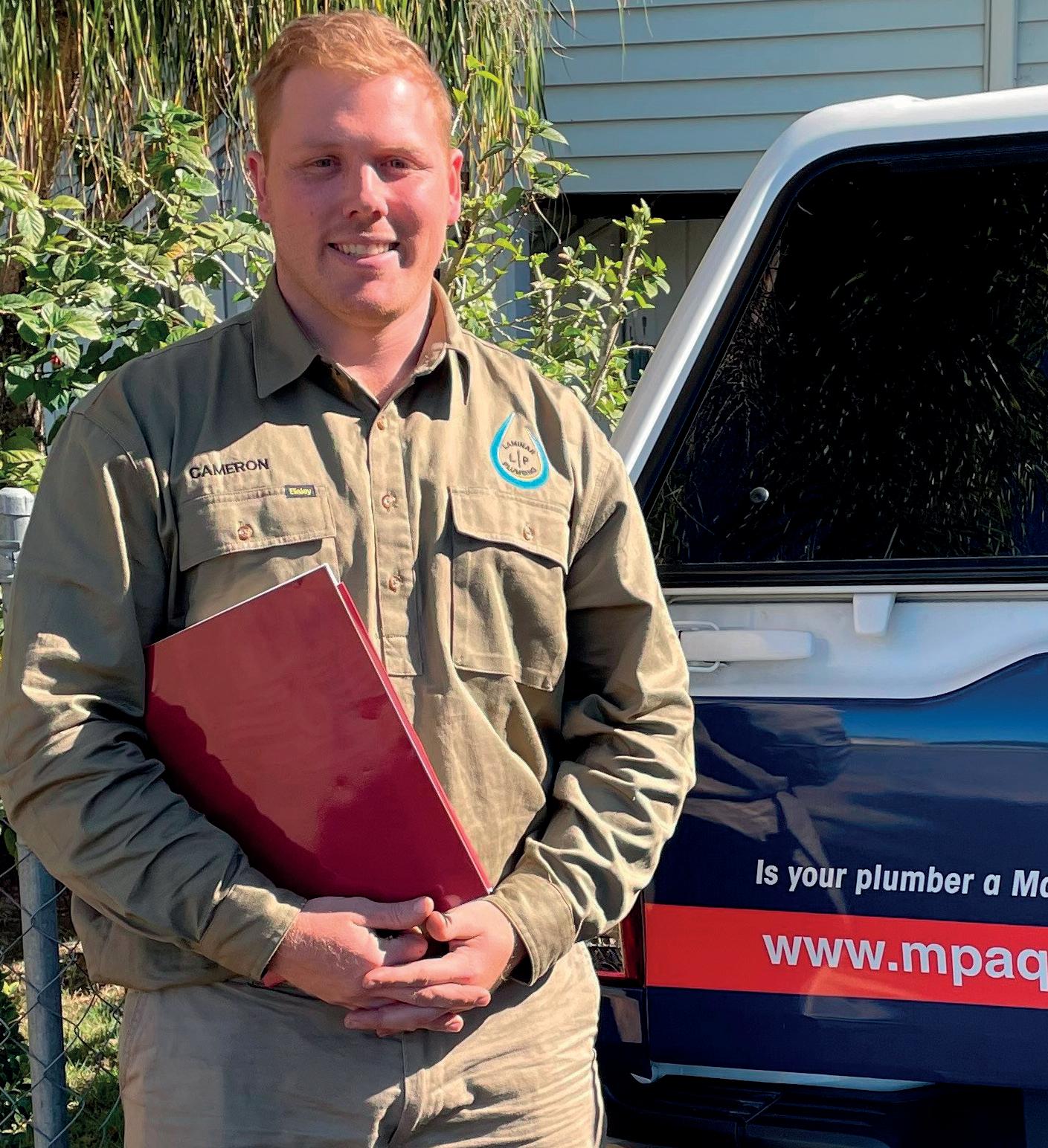
Corey Fletcher CNL Plumbing
Rebekah Blanch Conspec Services
Justin Cooper Coopers Plumbing and Gas
Collin Hollis CRH
Michael Jannusch Darling Downs Plumbing & Gas Pty Ltd
Fraser Coast
Gold Coast
Brisbane North
Brisbane North
Toowoomba
Karl Dolan Dolan Plumbing and Gas Far North Qld
Brett McDougall Double Tap Plumbing & Drainage
David Keam Downright Plumbing and Gas
Ryan Raj Fergus Trade Software
Michael Holcroft Flex Plumbing Services
Kerrie Hock Keppel Bay Plumbing
Cameron Haug Laminar Plumbing
Taite Lewis Lewis Plumbing & Gas Pty Ltd
Brisbane South
Central
Outside Queensland
Fraser Coast
Central
Ipswich
Sunshine Coast
Linden March LM Plumbing & Maintenance Far North Qld
Peter Sakrzewski Mount Coolum Plumbing
Nathan Granzien Nat’s No Nonsense Plumbing Pty Ltd
Martin Brown Next Gen Plumbing Qld Pty Ltd
Brendan O’Brien O’Brien Boiler Services Pty Ltd
Michael Jenkin Offshore Plumbing and Drainage
Luke Pampling Pampling Plumbing
Mathew Brush Parkway Plumbing Solutions
Stuart Hari Plumbing in a Hari
Tom Richmond Richmond Plumbing & Drainage Pty Ltd
Sunshine Coast
Ipswich
Brisbane South
Brisbane South
Sunshine Coast
Brisbane South
Ipswich
Brisbane South
Brisbane North
Ryan Crossley RMC Plumbing & Drainage Country
Beau Summerfeldt Salt Plumbing Solutions Pty Ltd
Ziad Saboune Service Today QLD
Mikaela Sciberras SJK Collective
Tyler Oxenham TMO Plumbing & Gas
James Tomkins Tomkins Plumbing
Sunshine Coast
Brisbane South
Brisbane South
Sunshine Coast
Far North Qld
Mark Weaver Weav Plumbed
Christian Webber Webber Plumbing and Roofing Pty Ltd
Central Highlands
Sunshine Coast
Rhys Weston Weston Plumbing & Drainage Central
Nicholas Whitta Whitta Plumbing & Gasfitting Pty LTD
Brisbane North
Founded in Germany in 1899, Viega has grown into an innovative global leader in plumbing, heating, and pipe joining technology. Today, Viega manufactures, sells, and distributes more than 16,000 products for residential, commercial, and industrial applications worldwide.
David
Van Scherpenseel Total Vision Plumbing
Zane Leviston Trend Plumbing & Home Solutons
Trent Saverin TTS Plumbing & Drainage Pty Ltd
Joshua Turley Turls Plumbing
Daniel Erofeev U Know A Plumber
Juliet Bosel Viega Pty Ltd
Nathan Garrard Vortex Plumbing & Drainage
Brisbane North
Sunshine Coast
Brisbane South
Brisbane South
Far North Qld
Outside Queensland
Sunshine Coast
Viega prides itself in identifying the needs of their customers and developing innovative solutions to meet them. Their reliable, flameless press technology with the proprietary Smart Connect feature has made connecting metallic pipe easier than ever.
Viega is at home in all fields of building services: Drinking water and heating installations, pre-wall and drainage facilities, gas, solar and compressed-air installations for buildings, industrial plants, and shipbuilding. Time and again, they have demonstrated a pioneering spirit coupled with innovative strength and competence to introduce bold new concepts.
Visit www.viega.com.au to find out more.
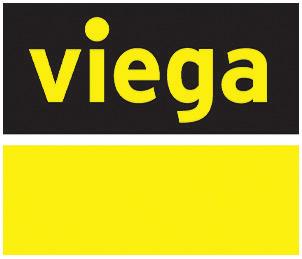 Cameron Haug Laminar Plumbing
Cameron Haug Laminar Plumbing

